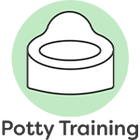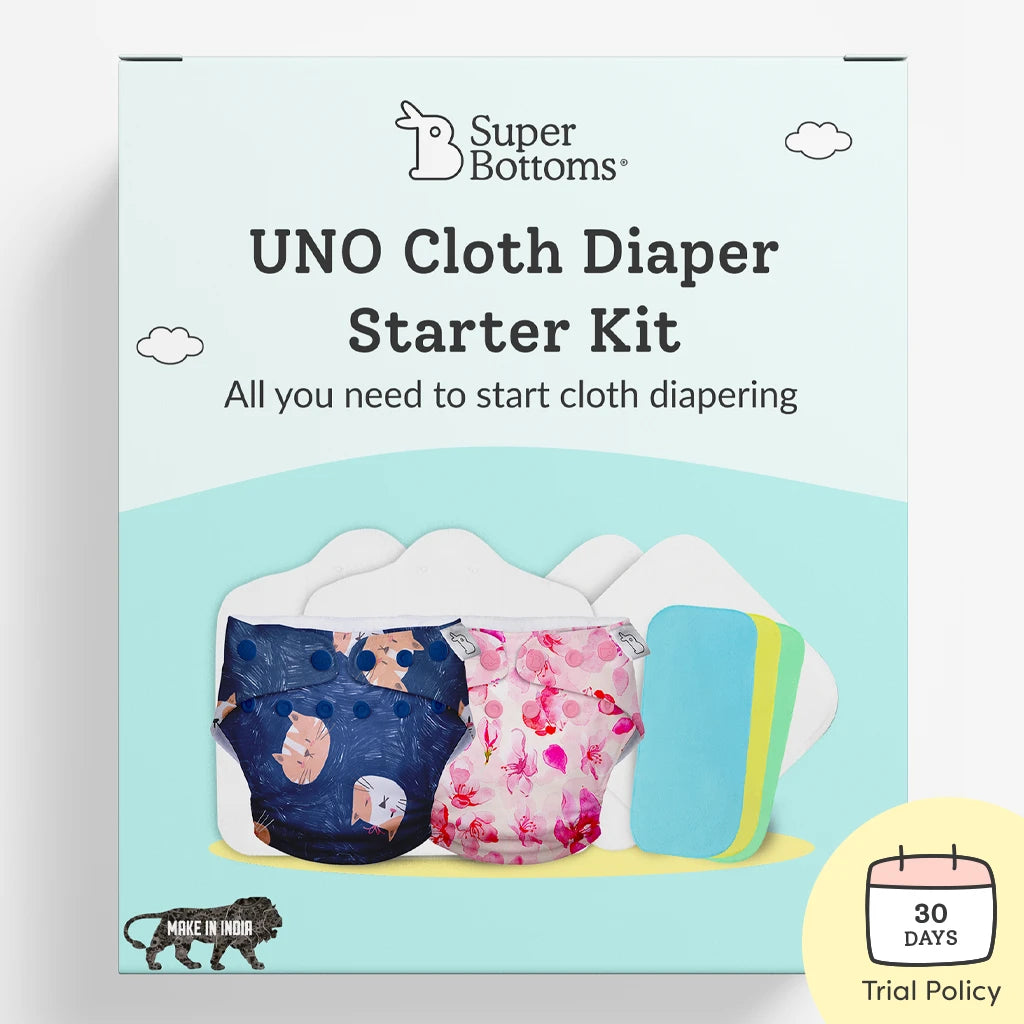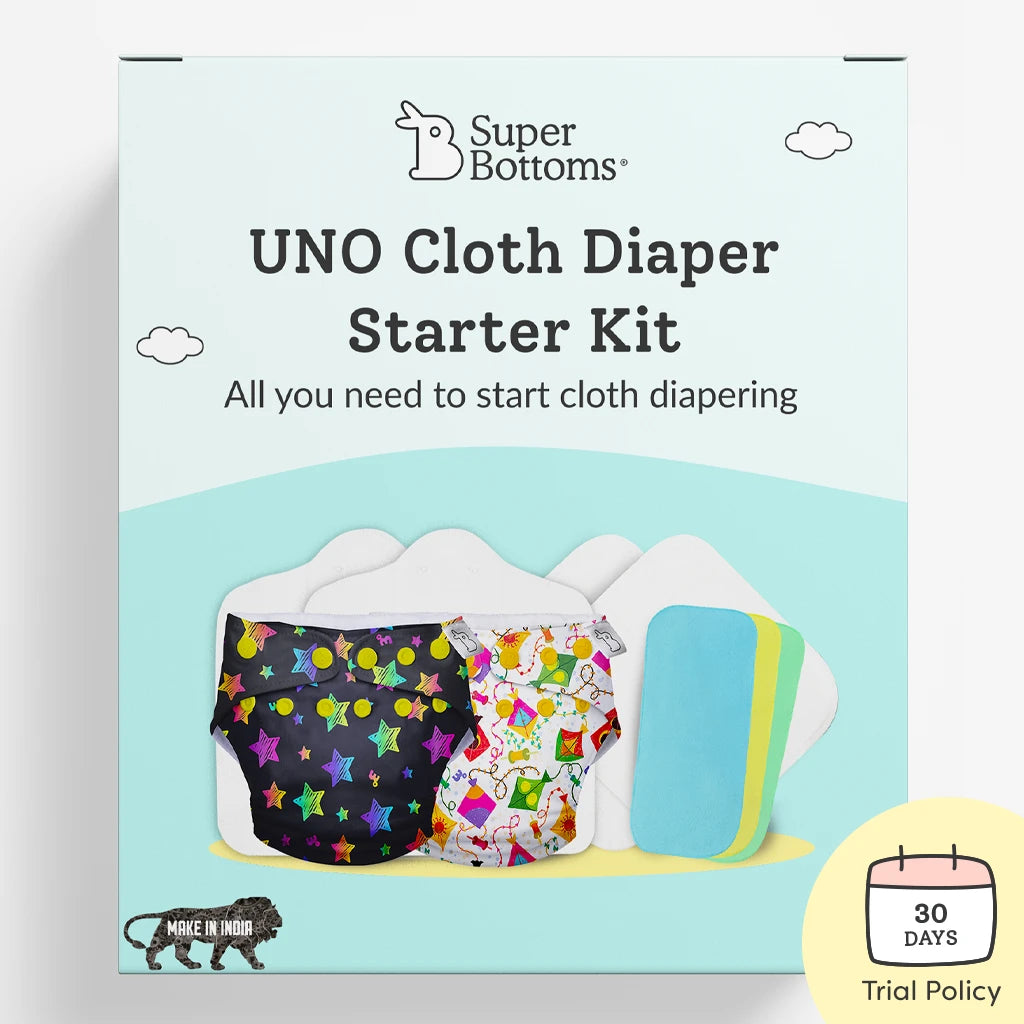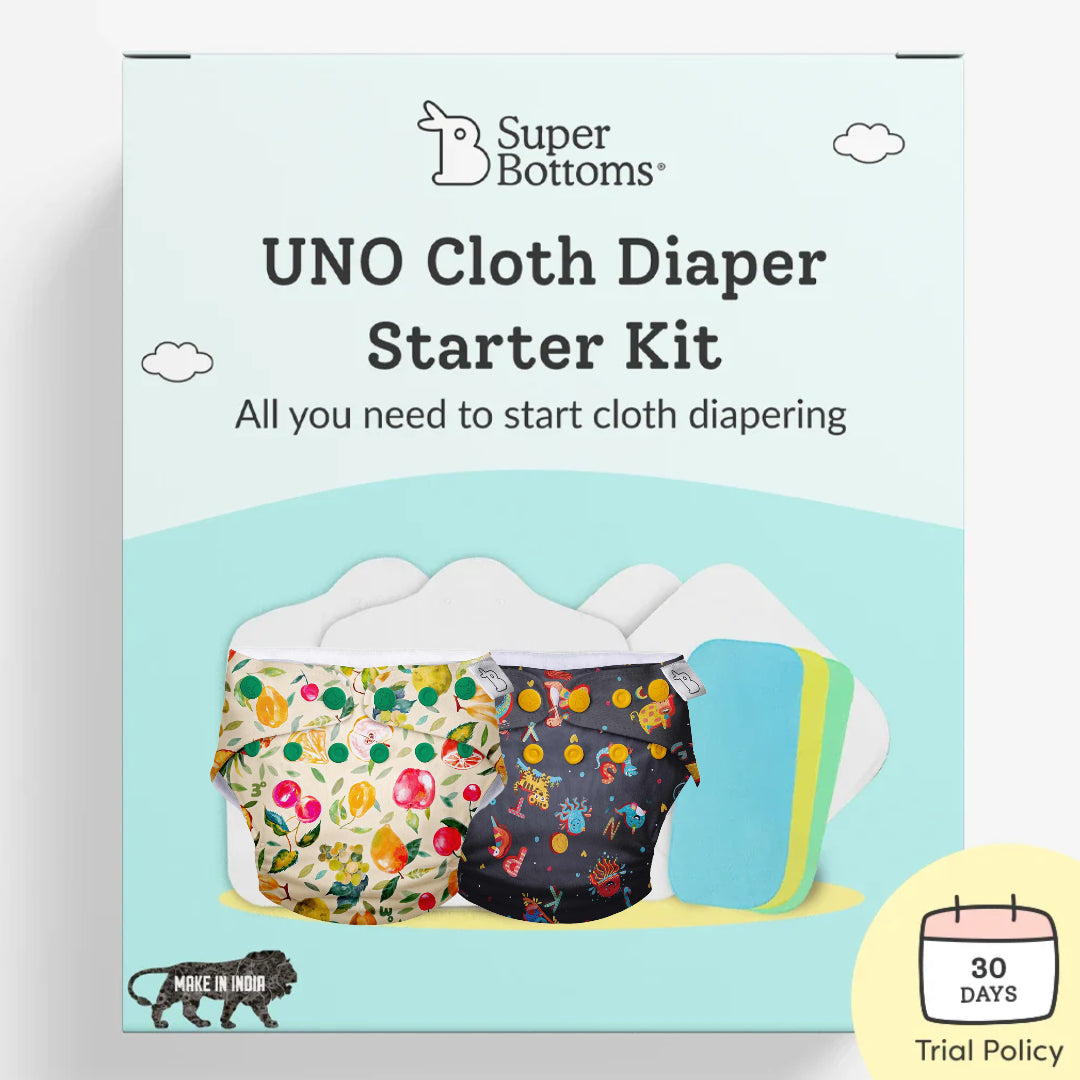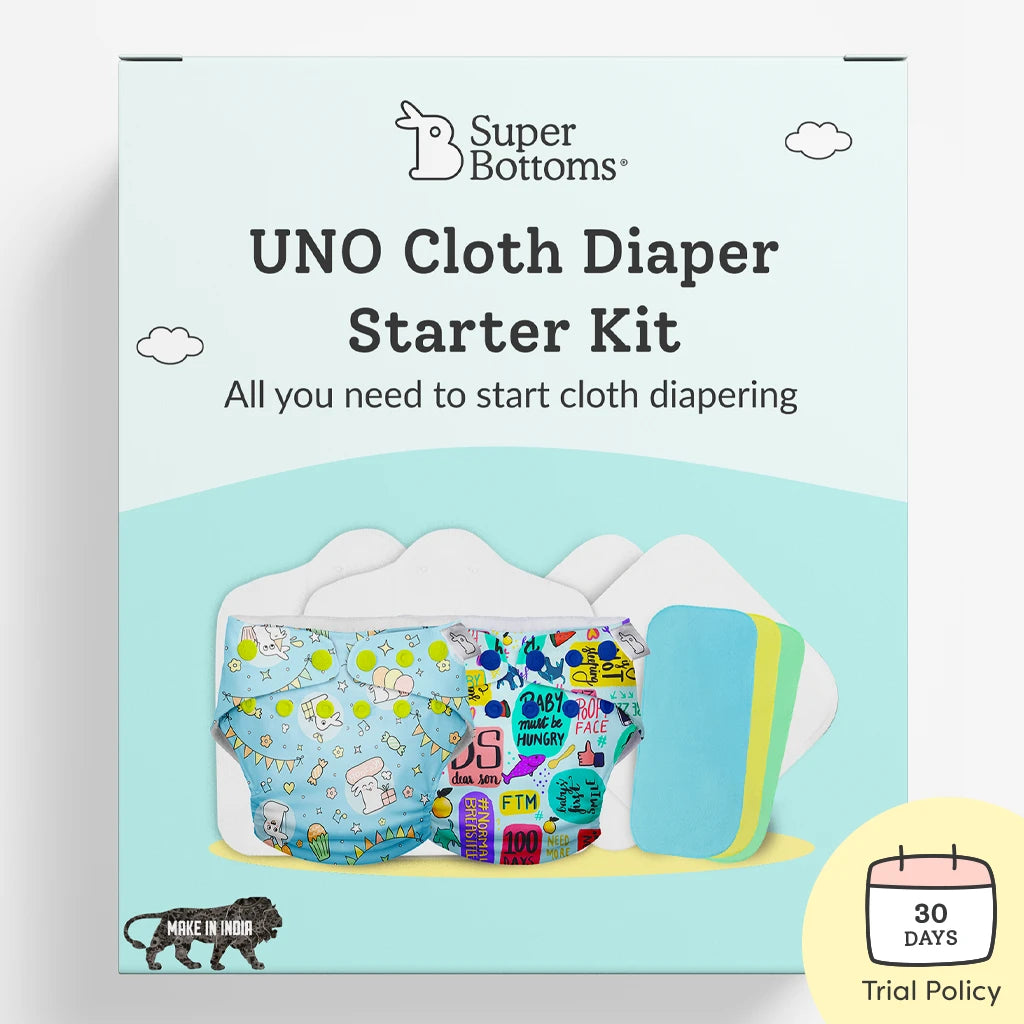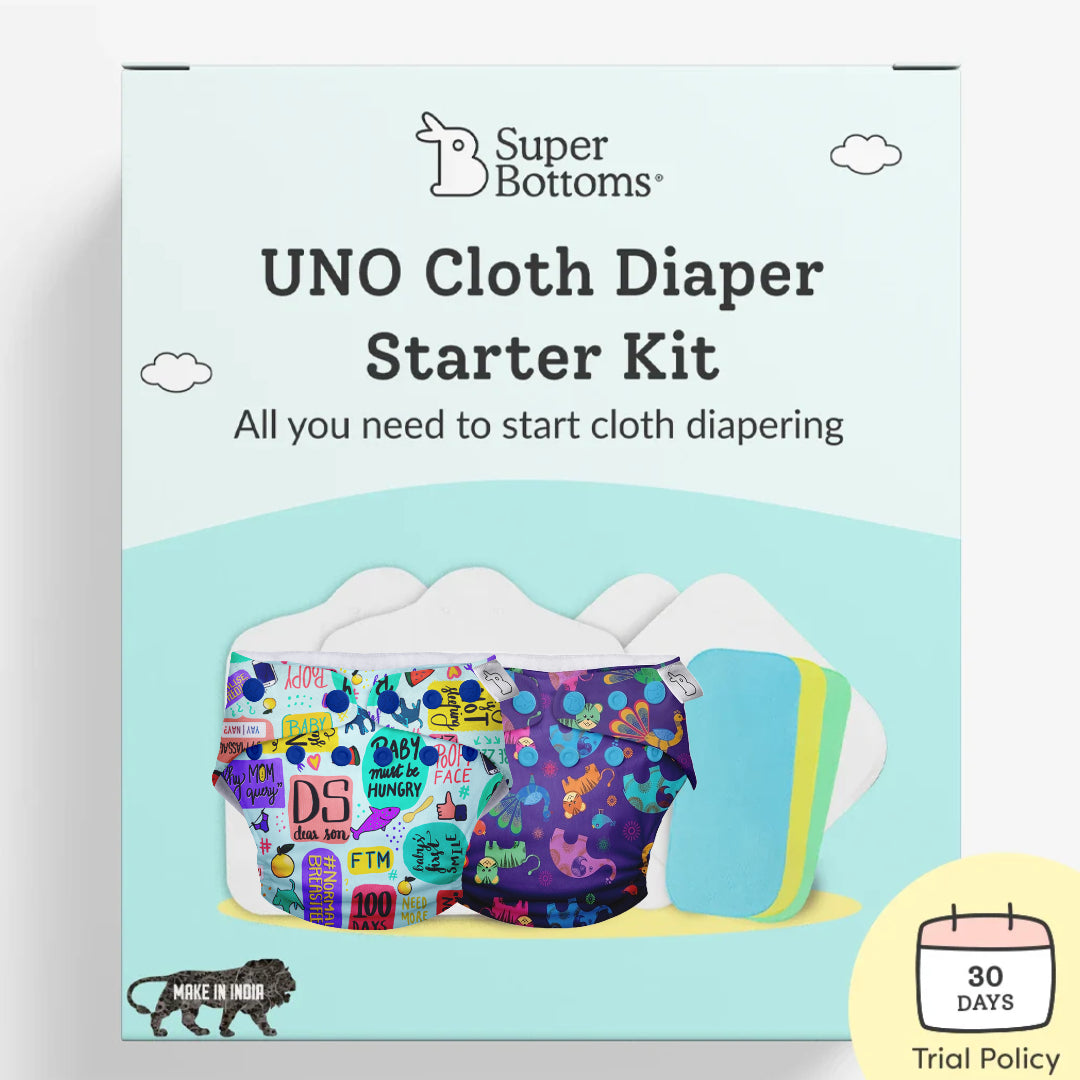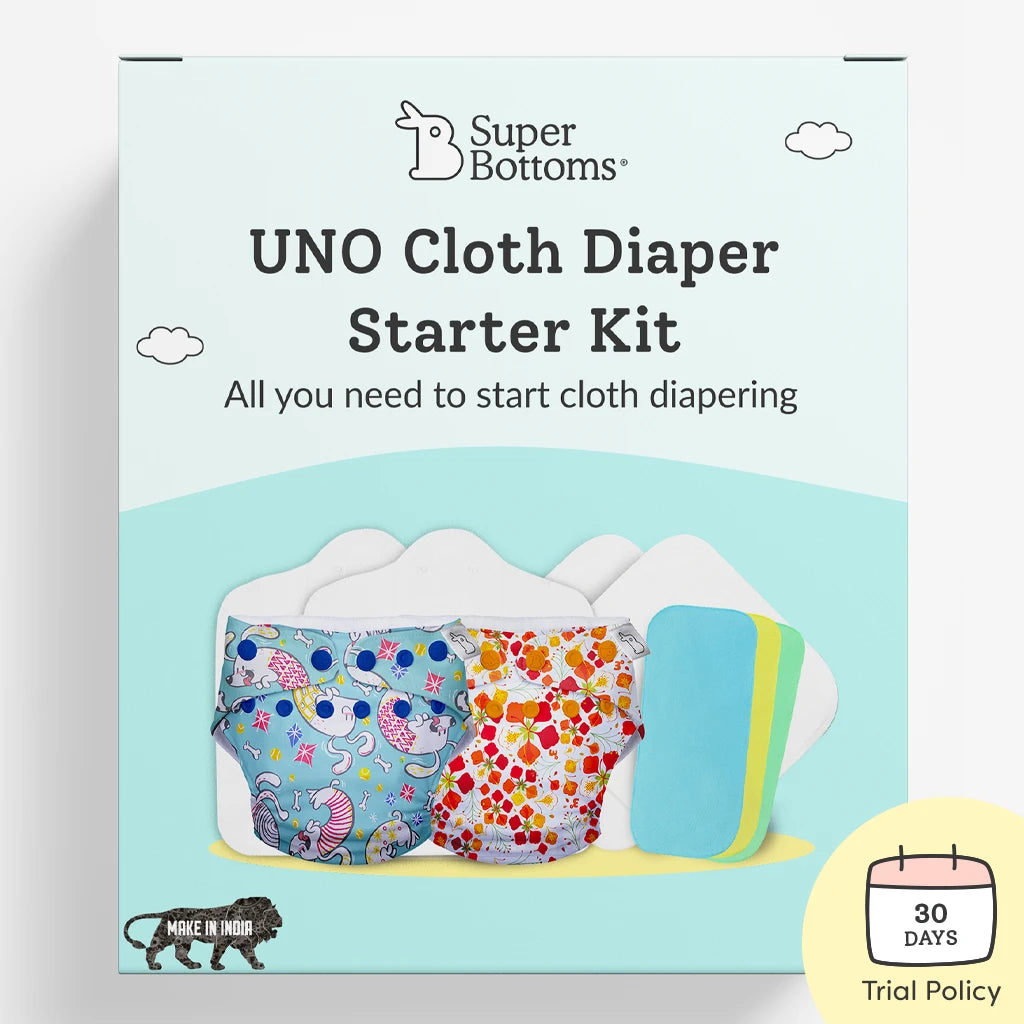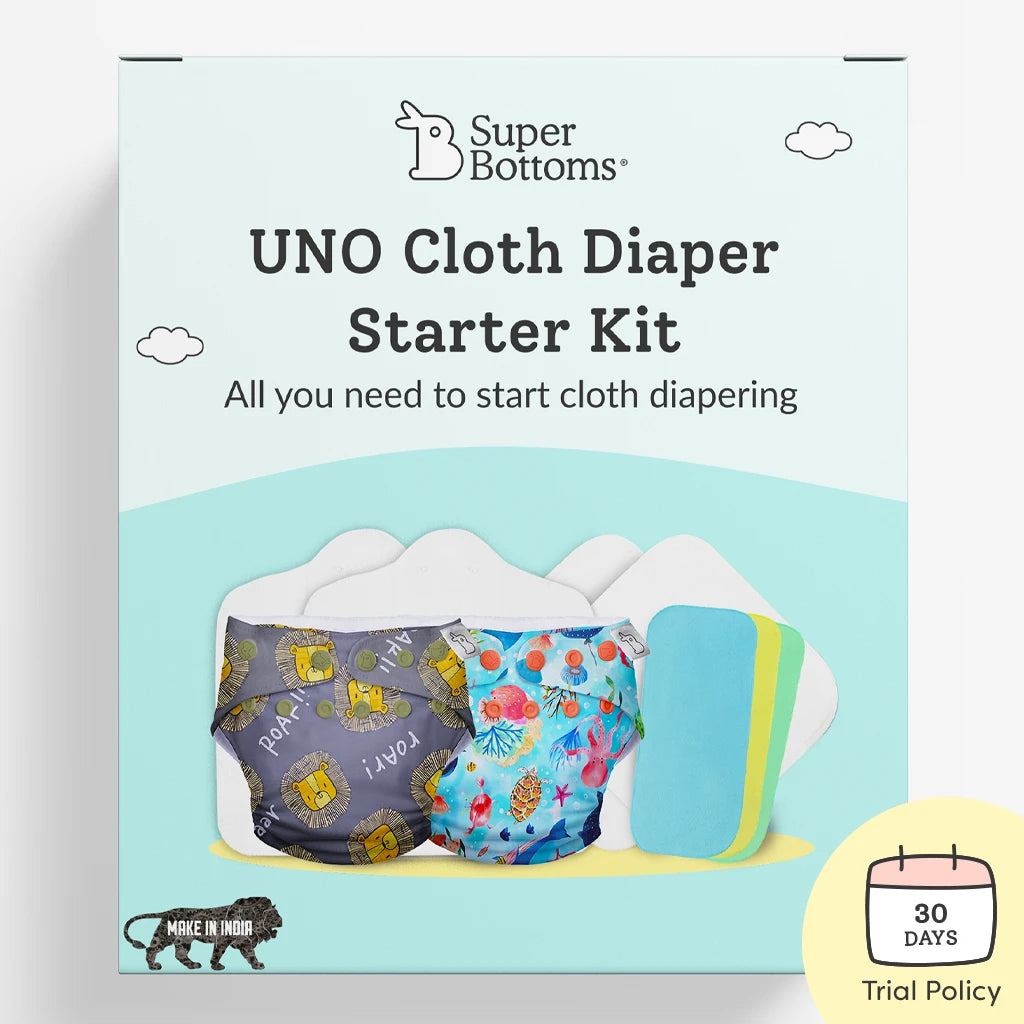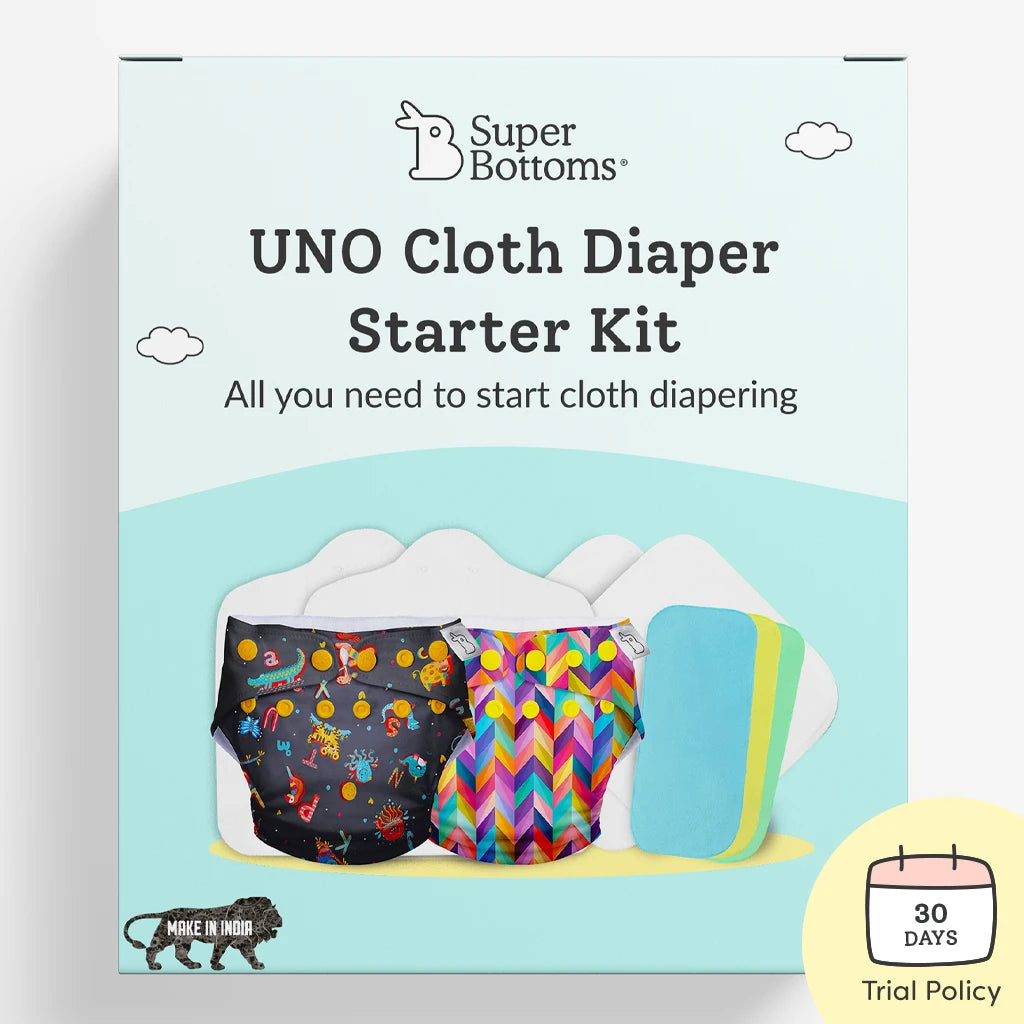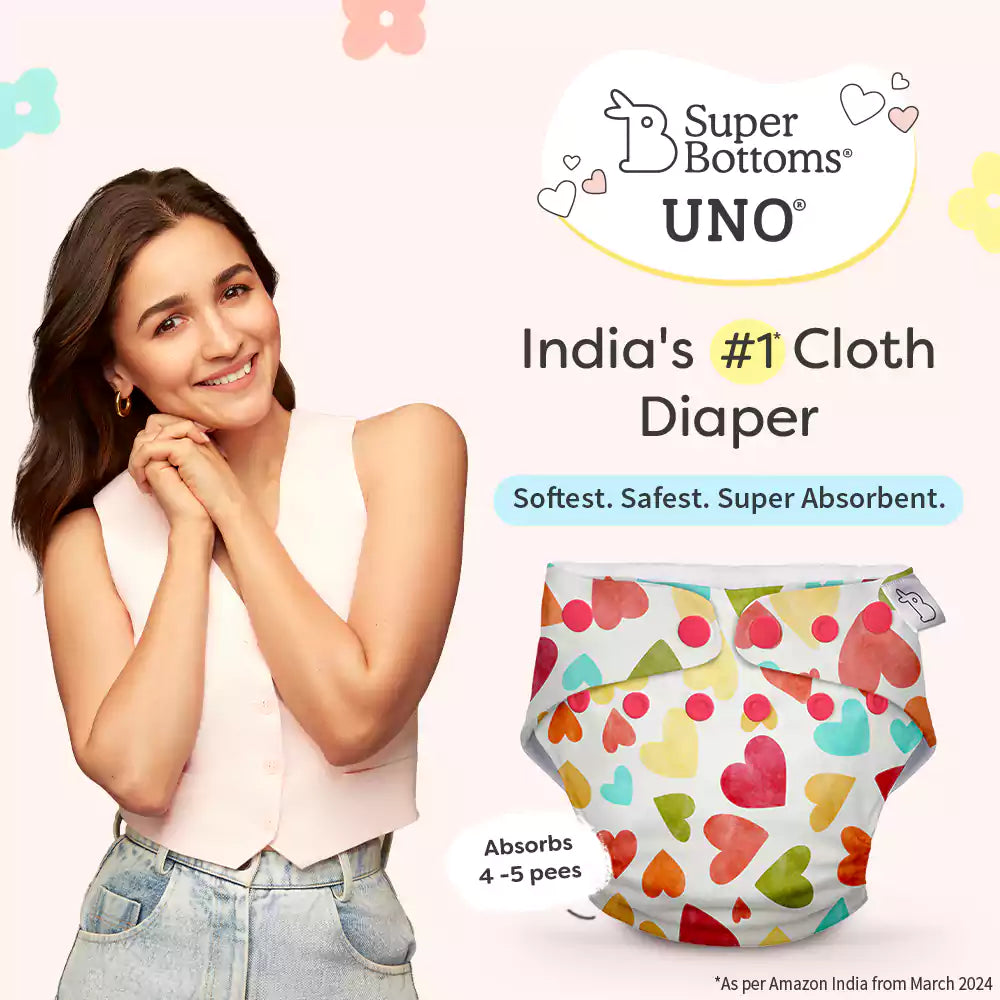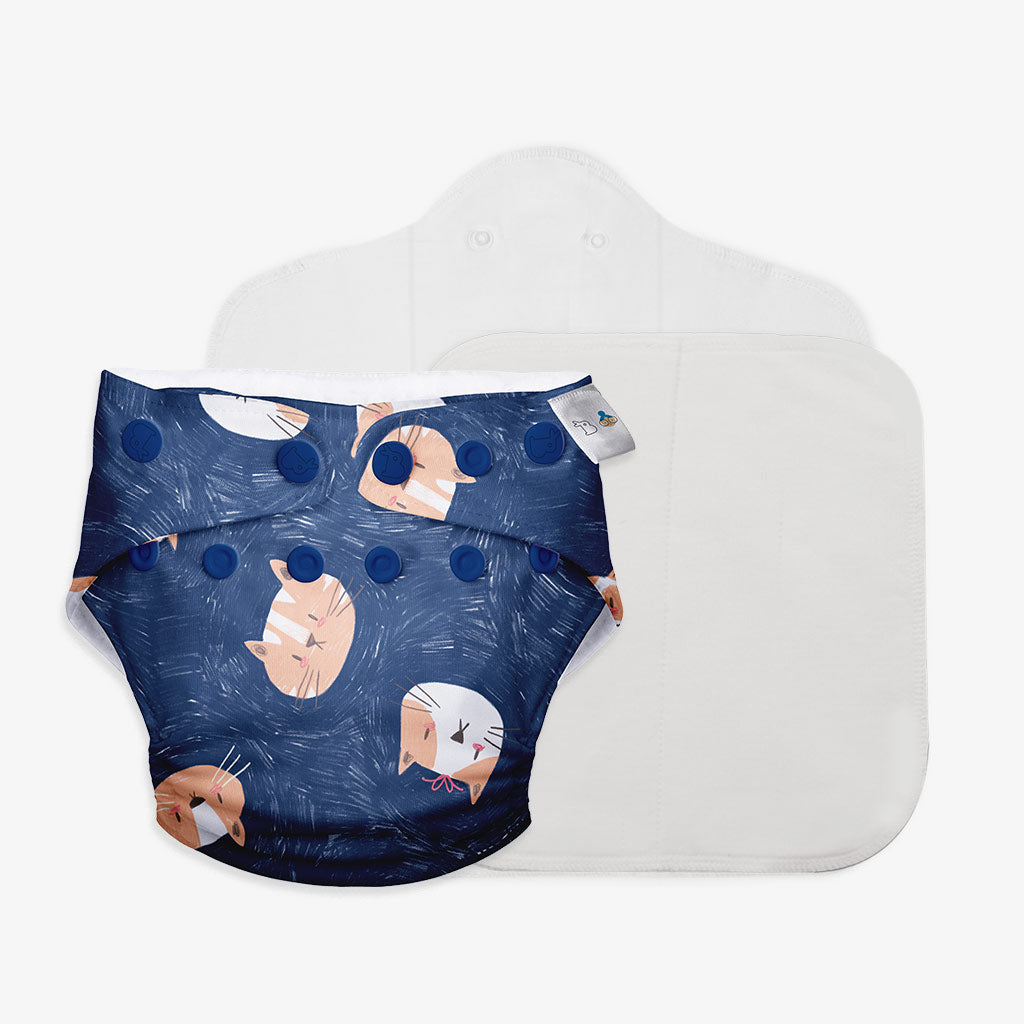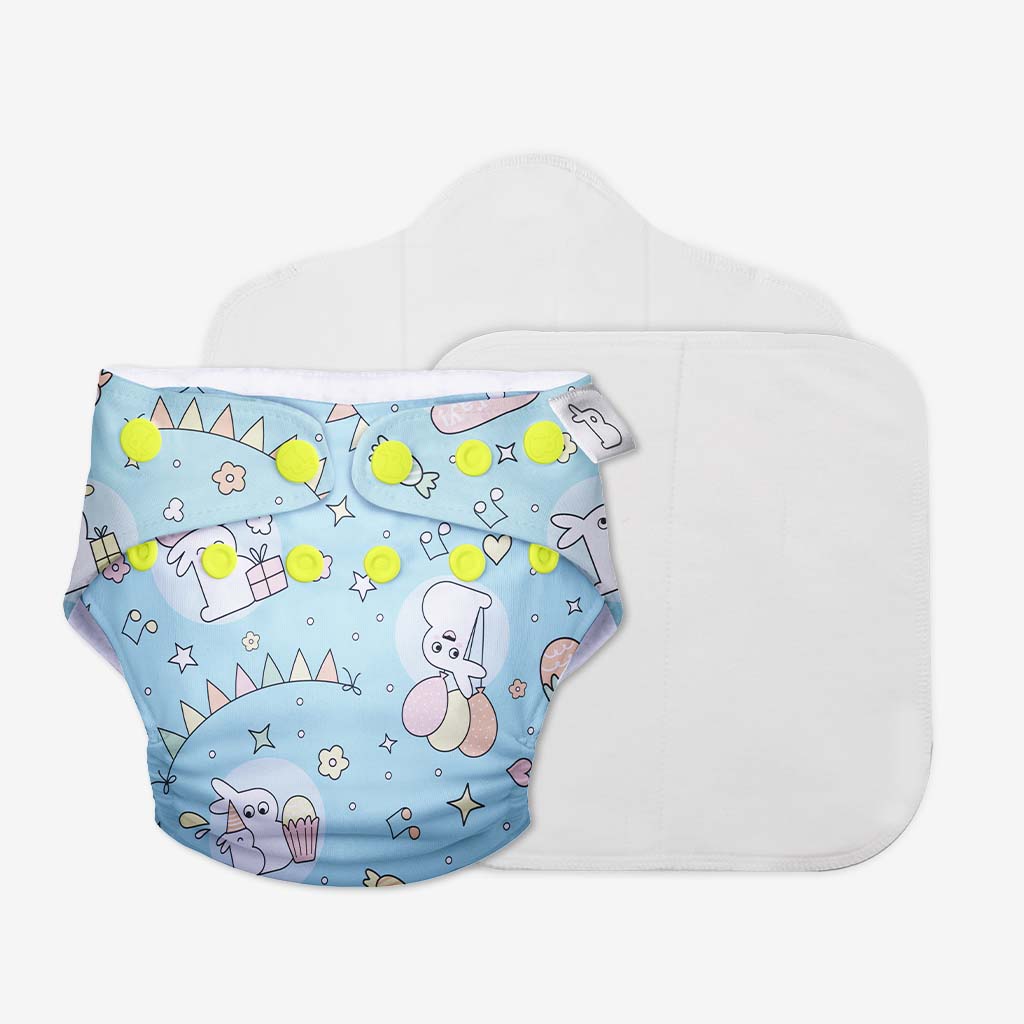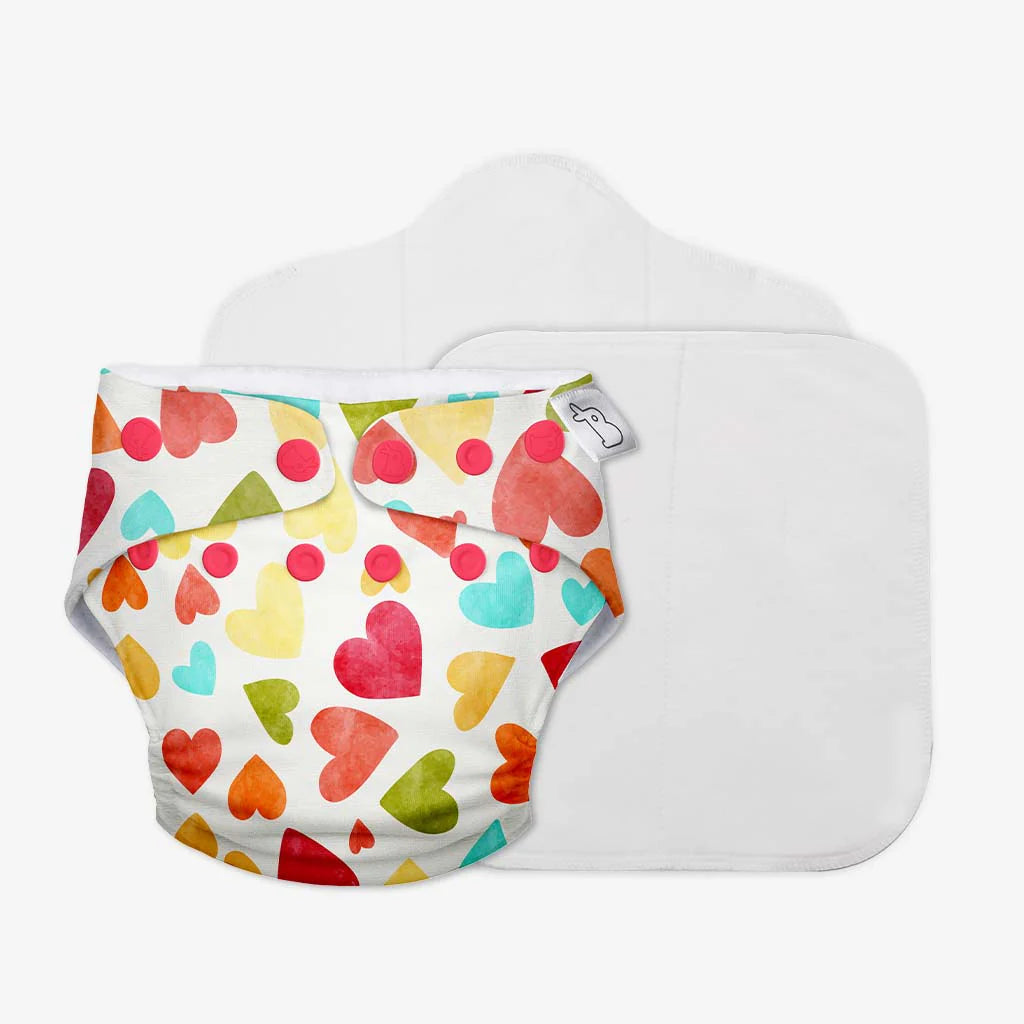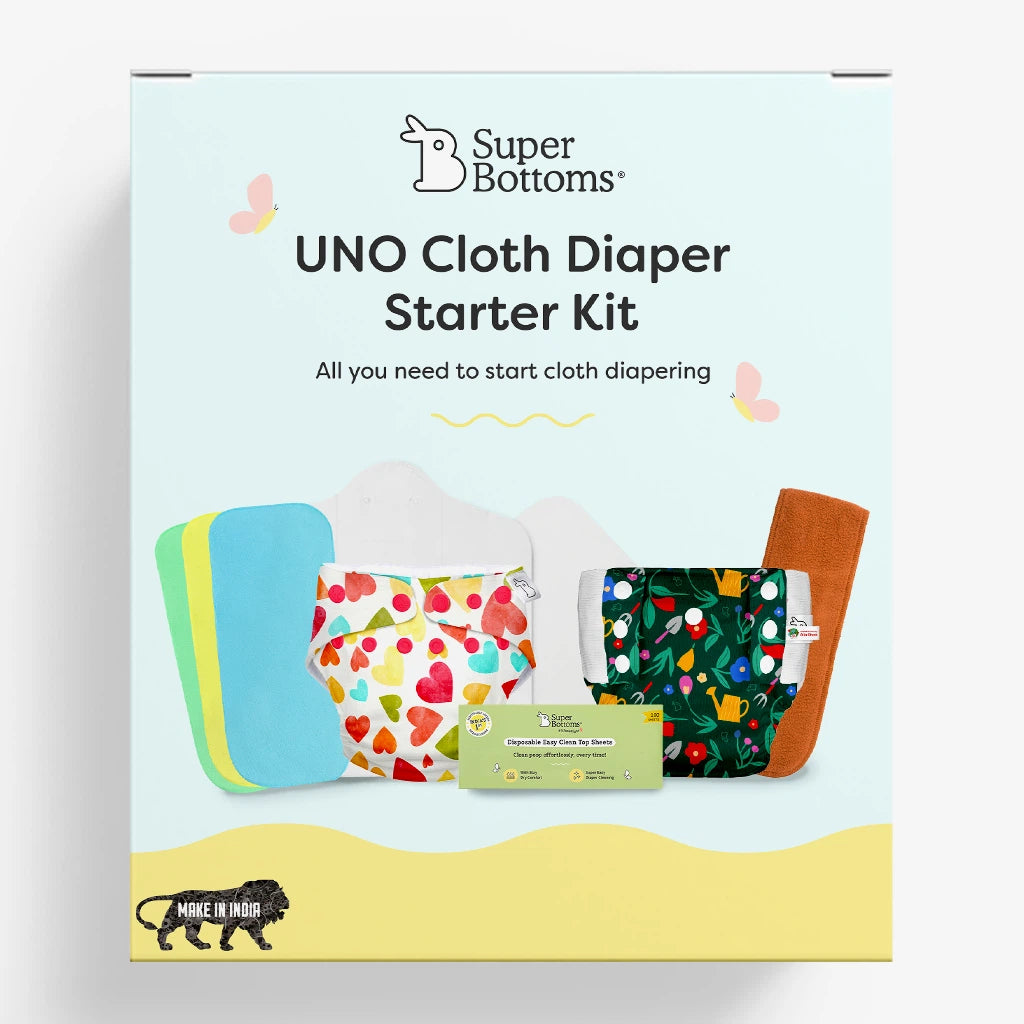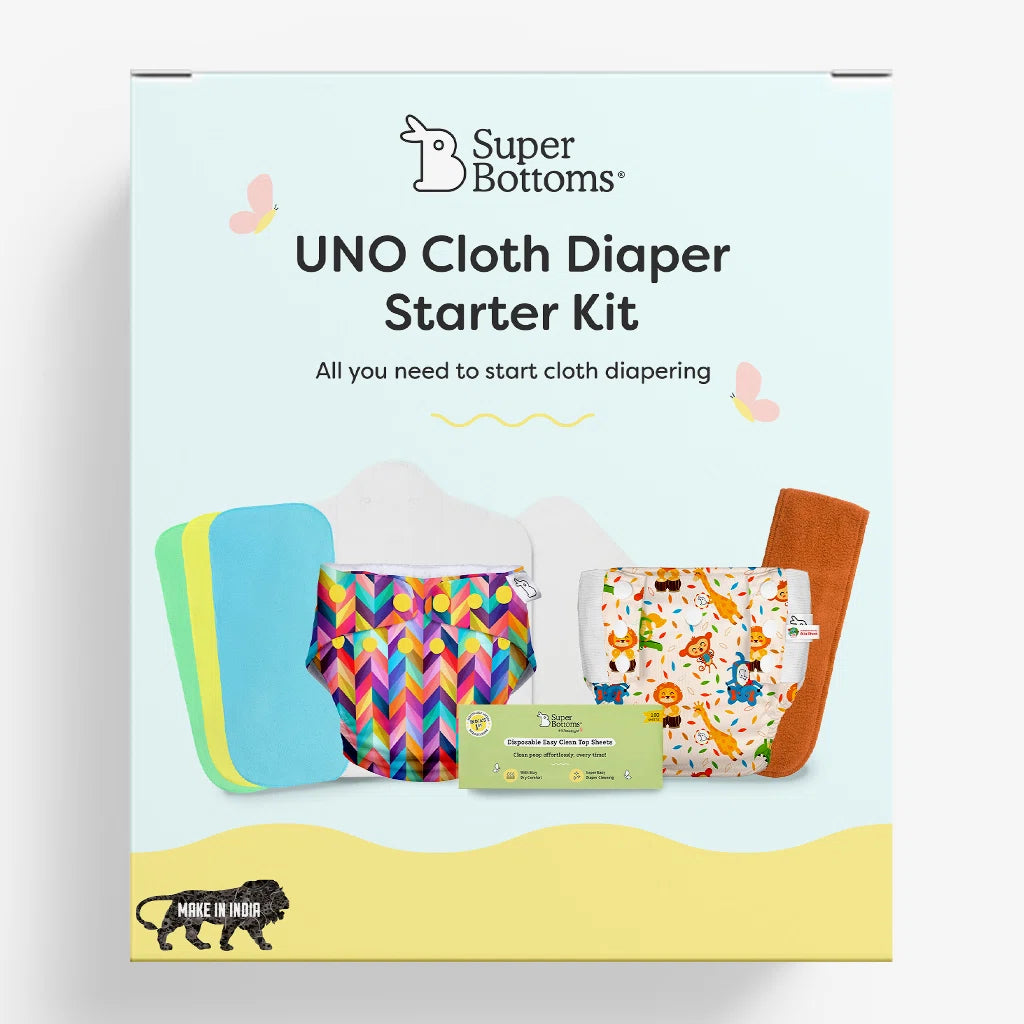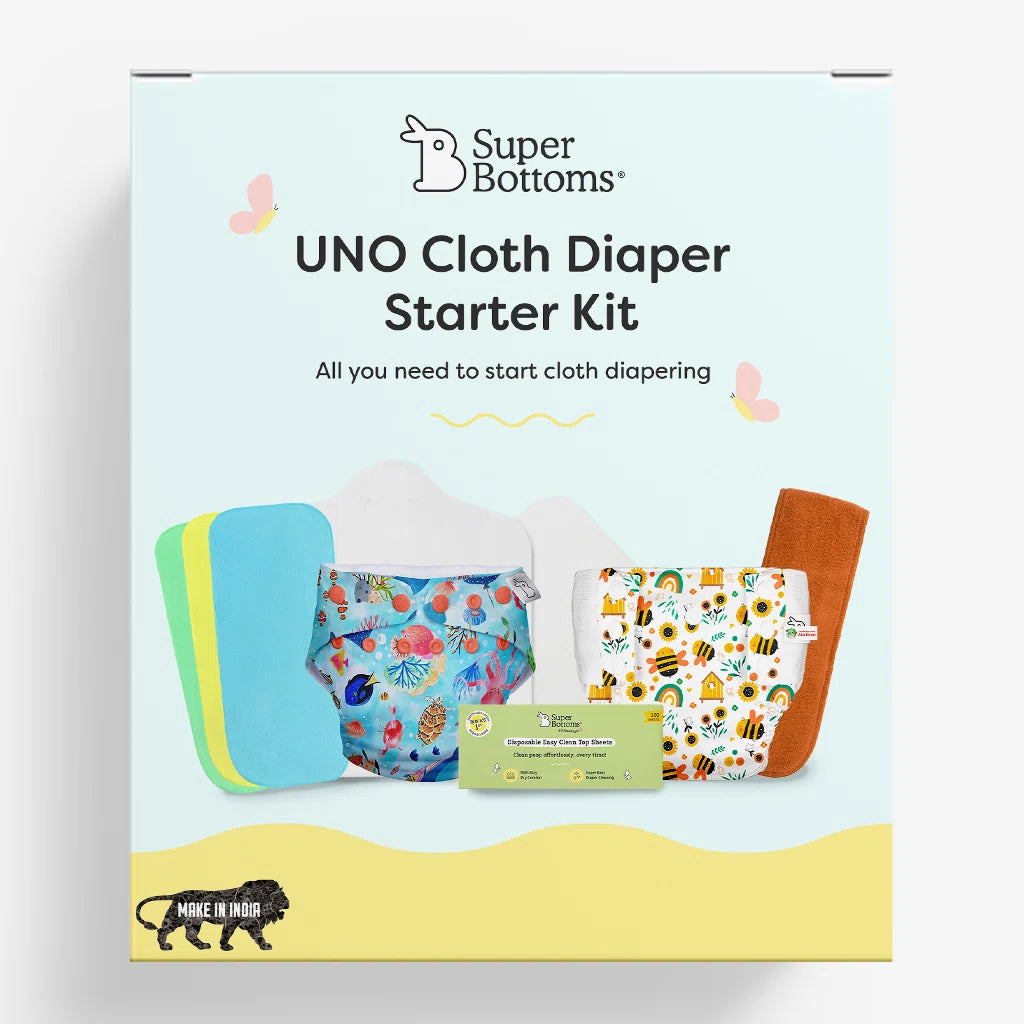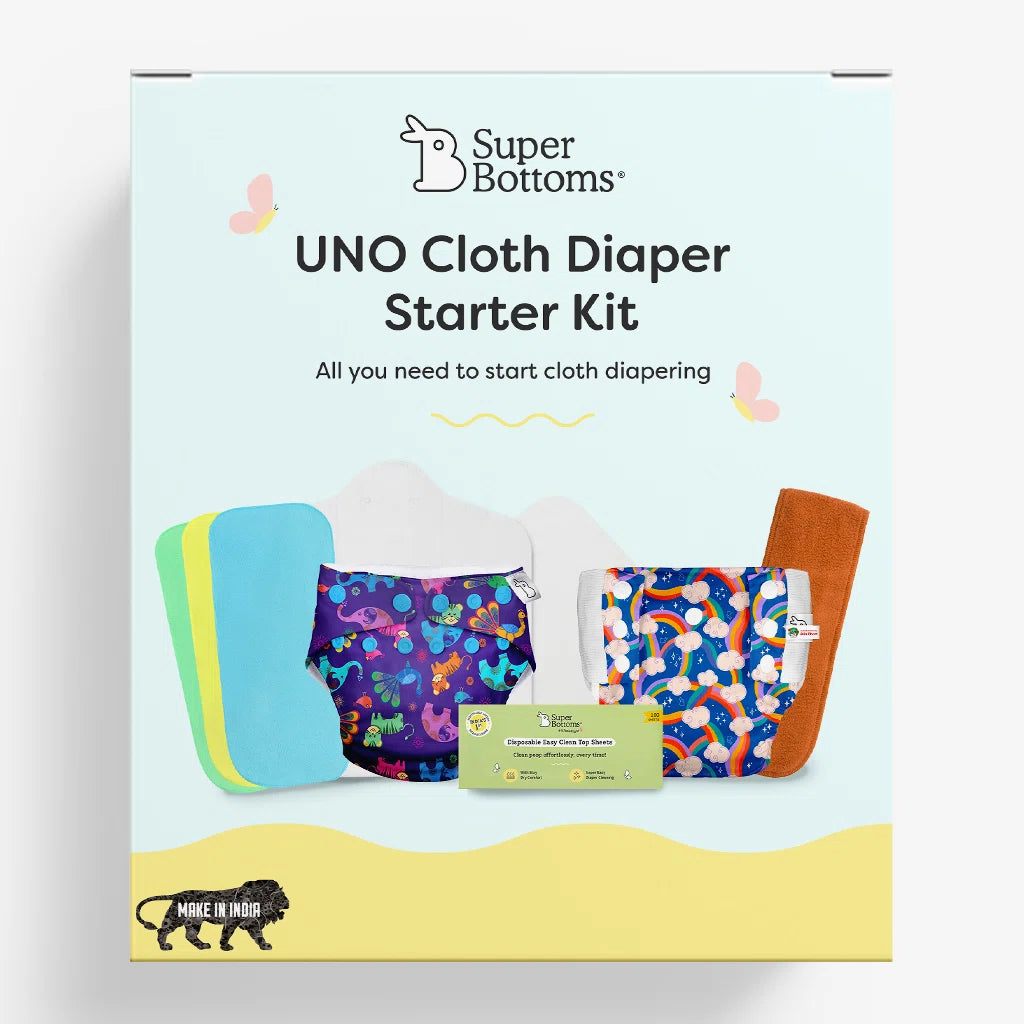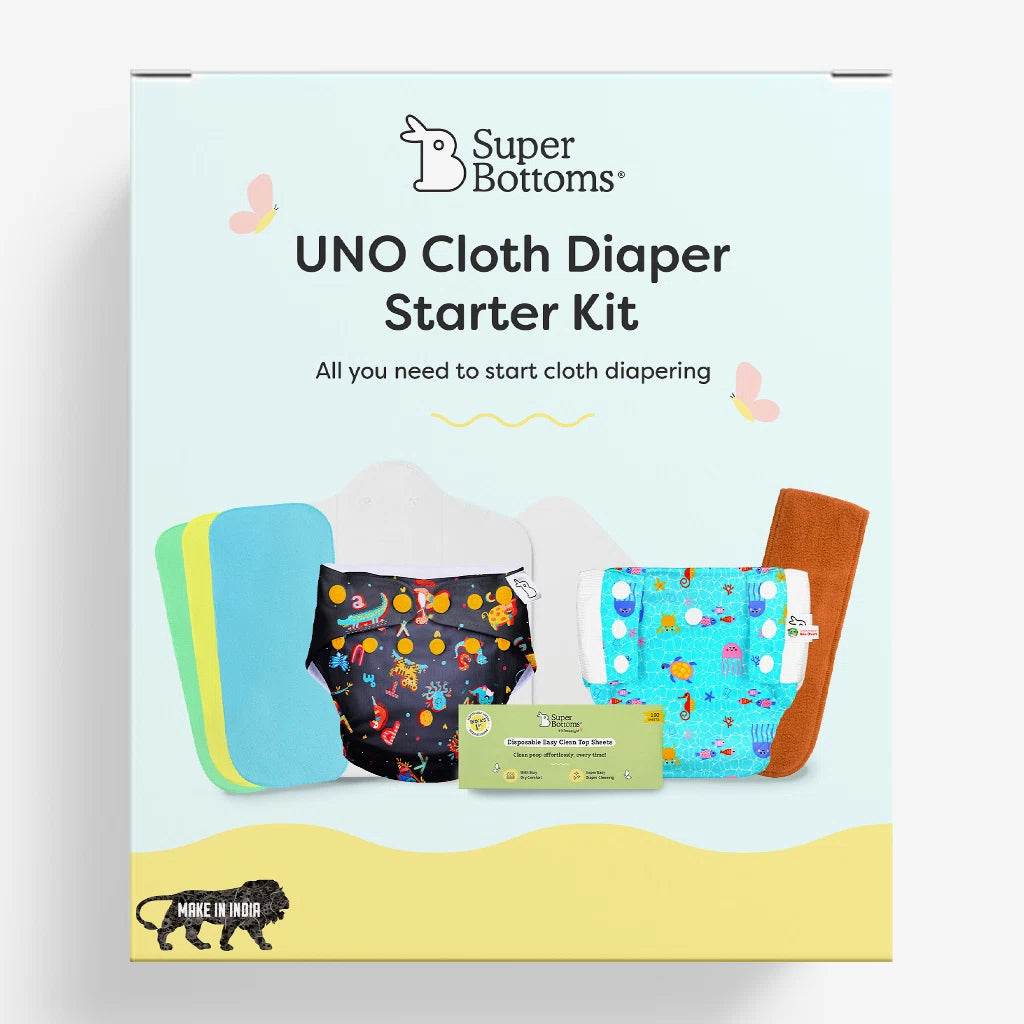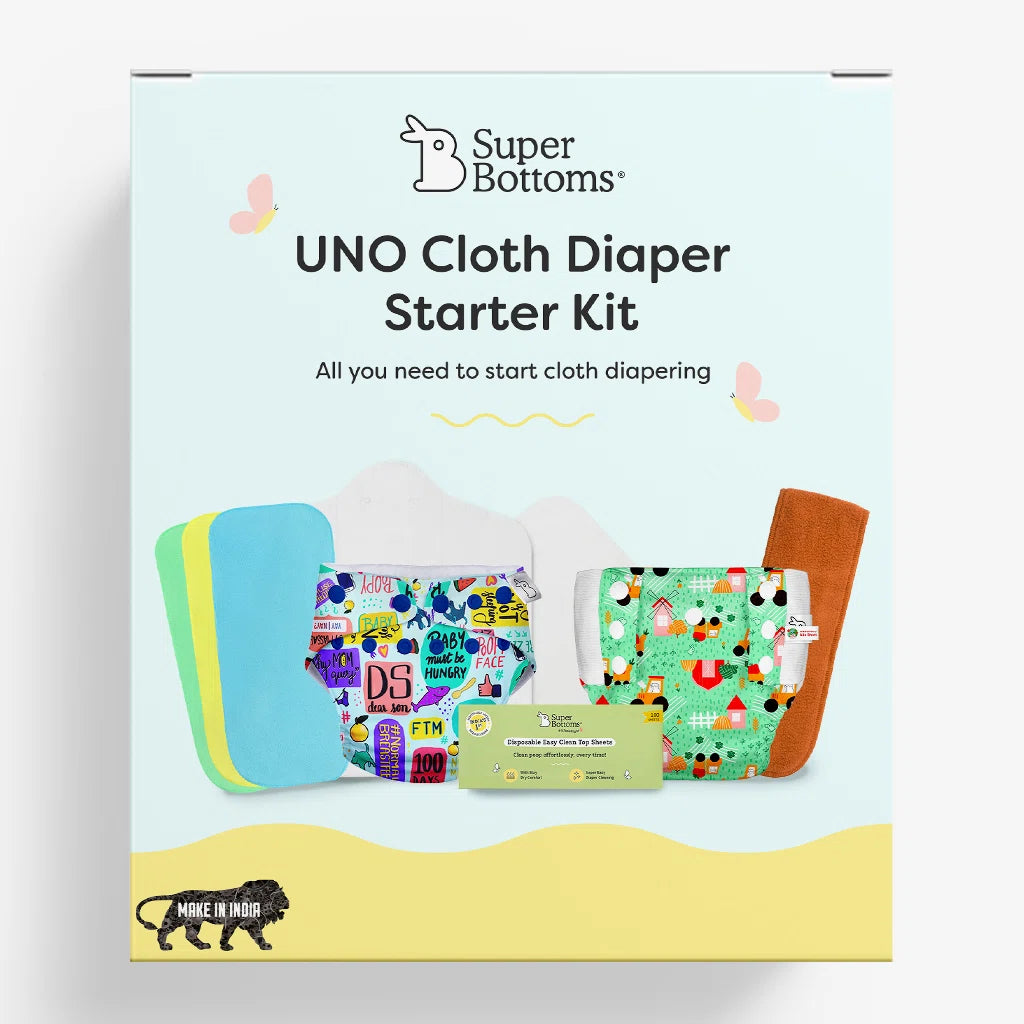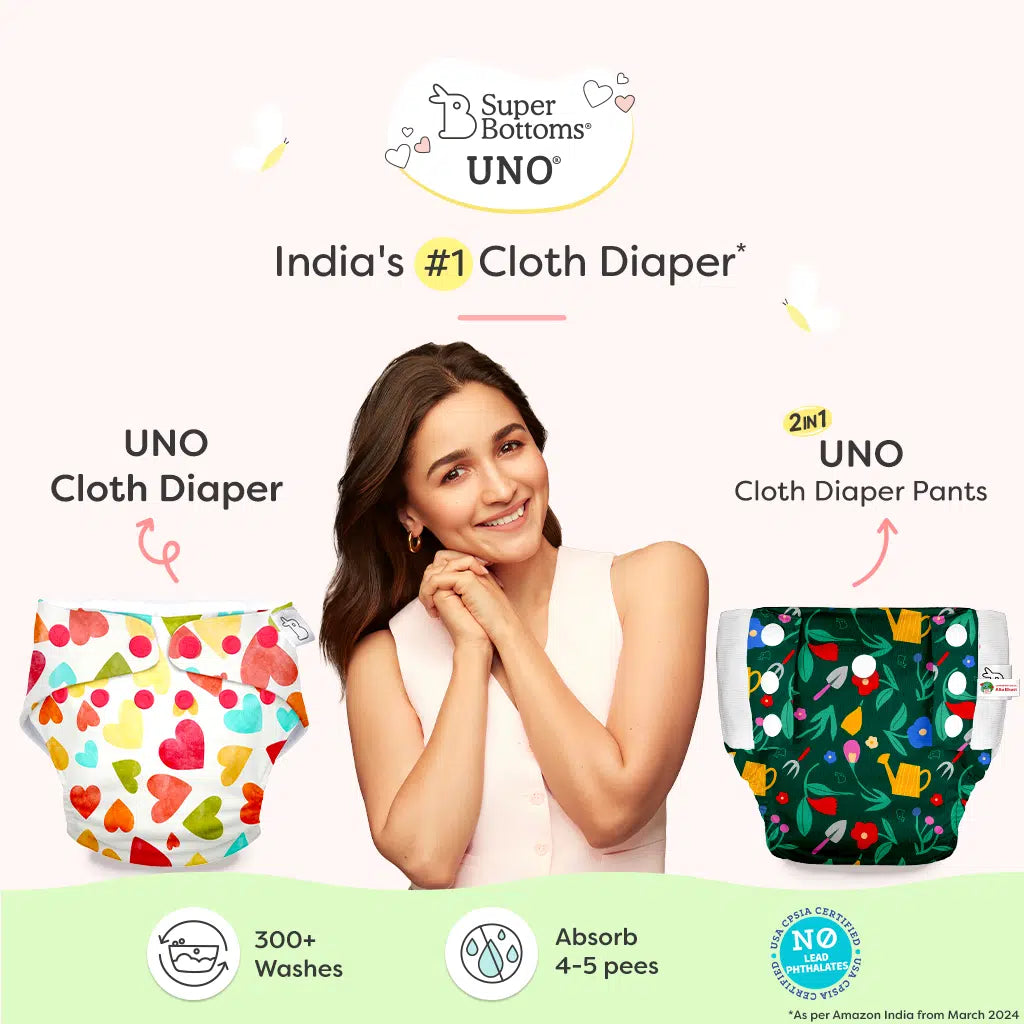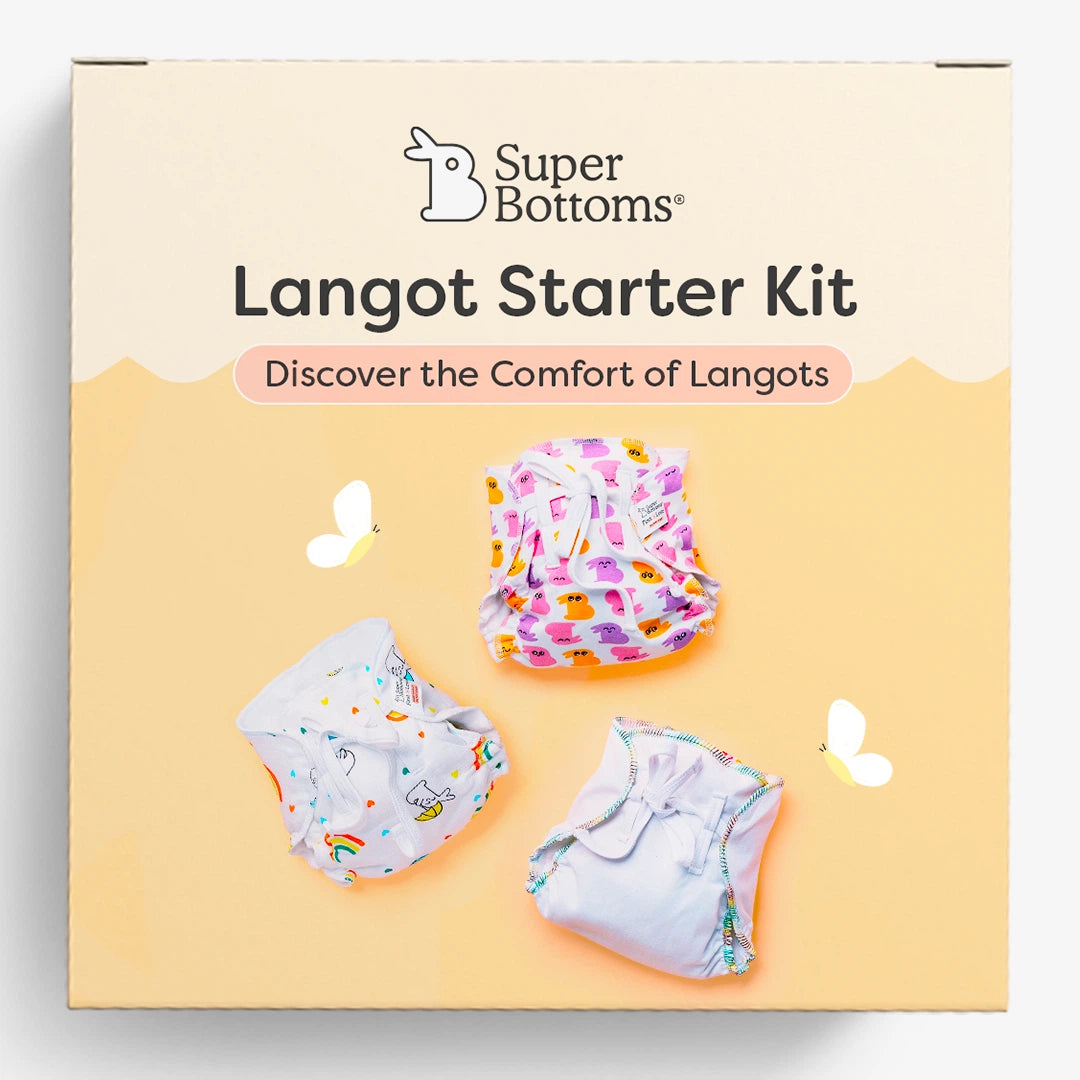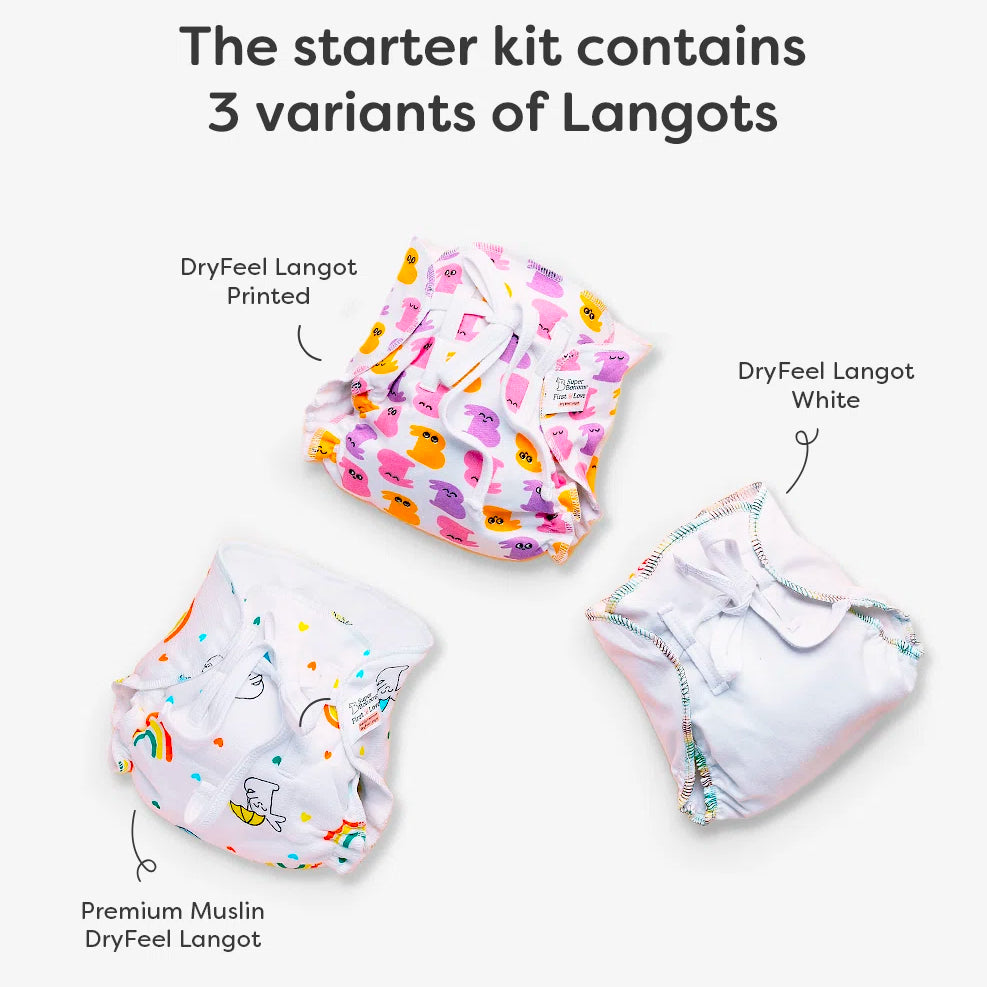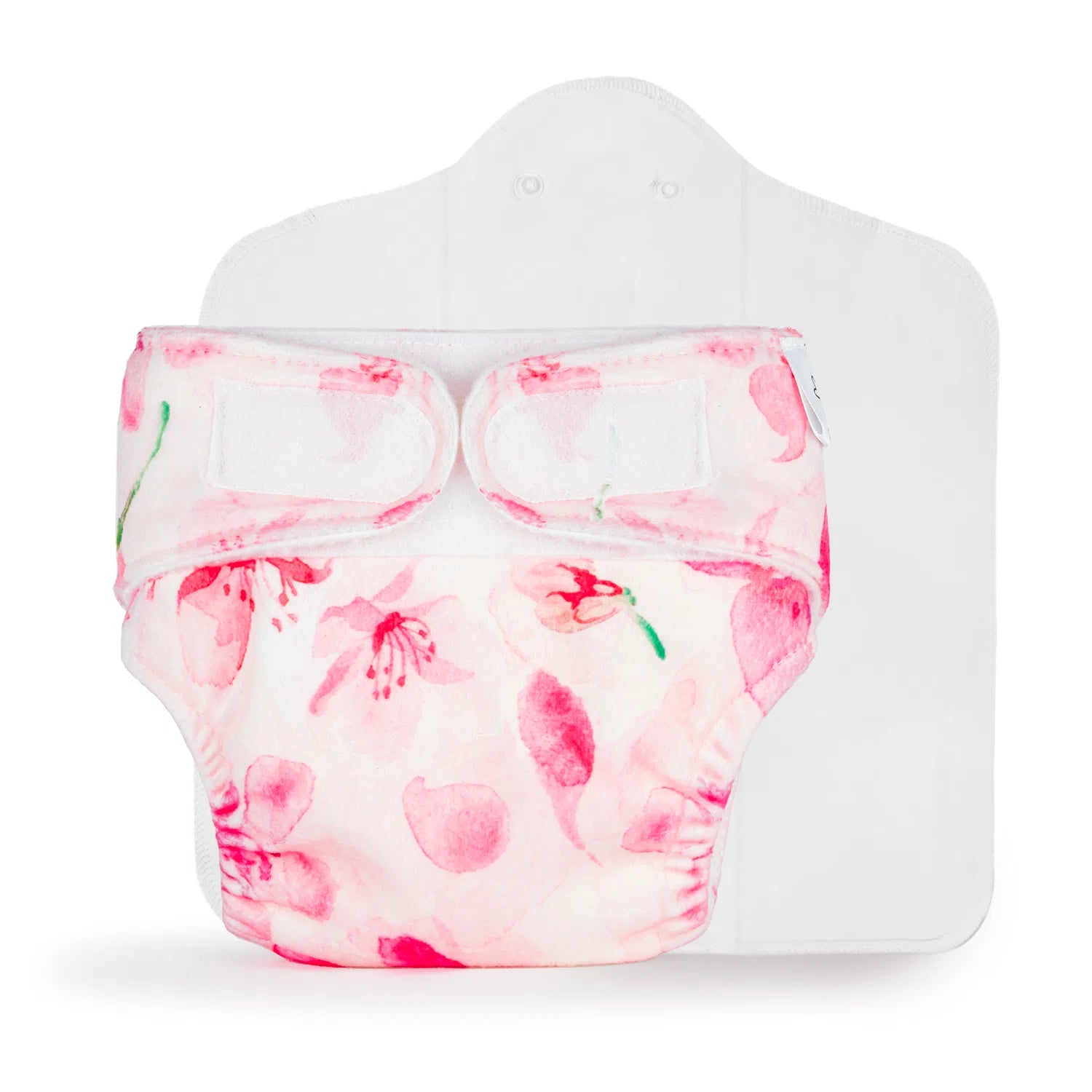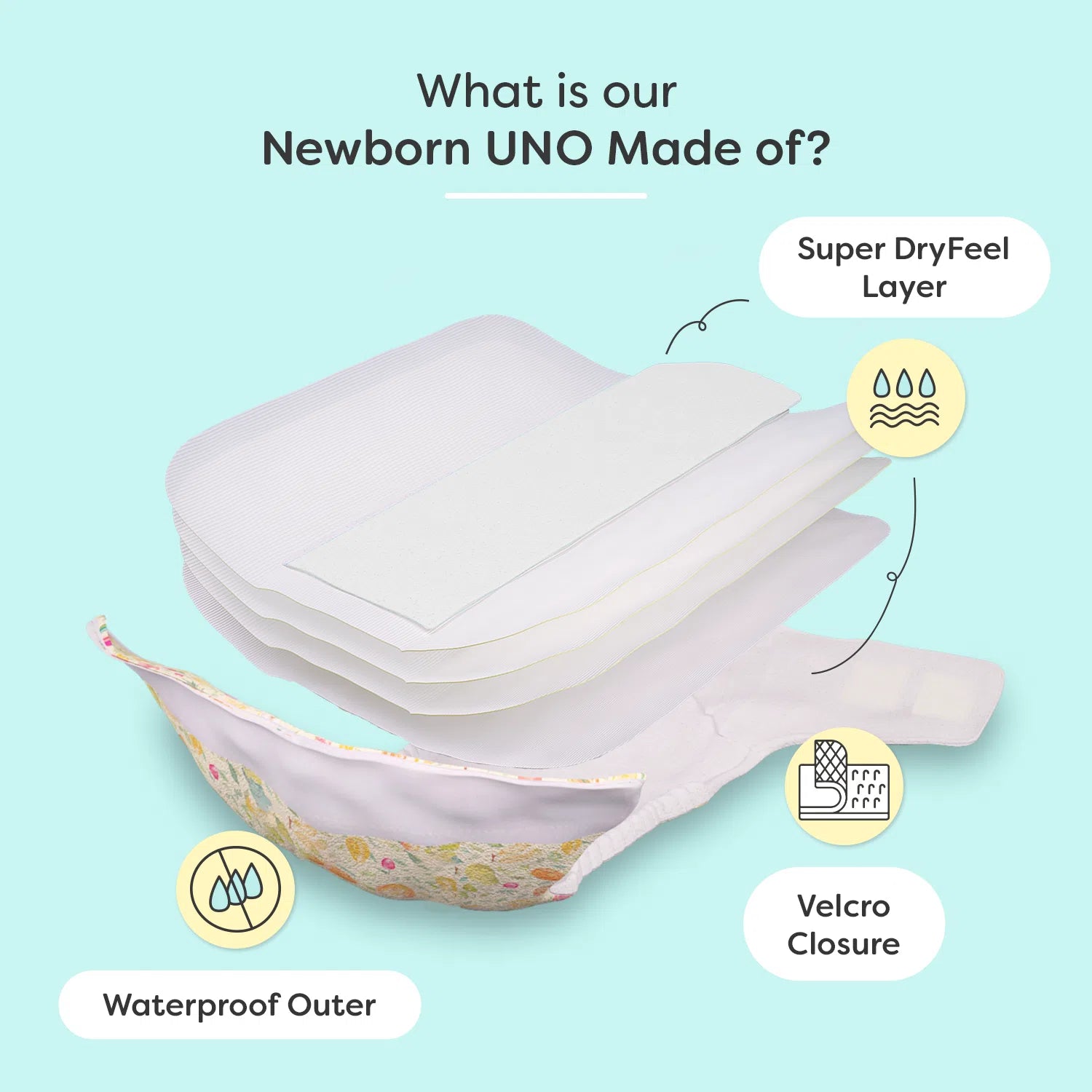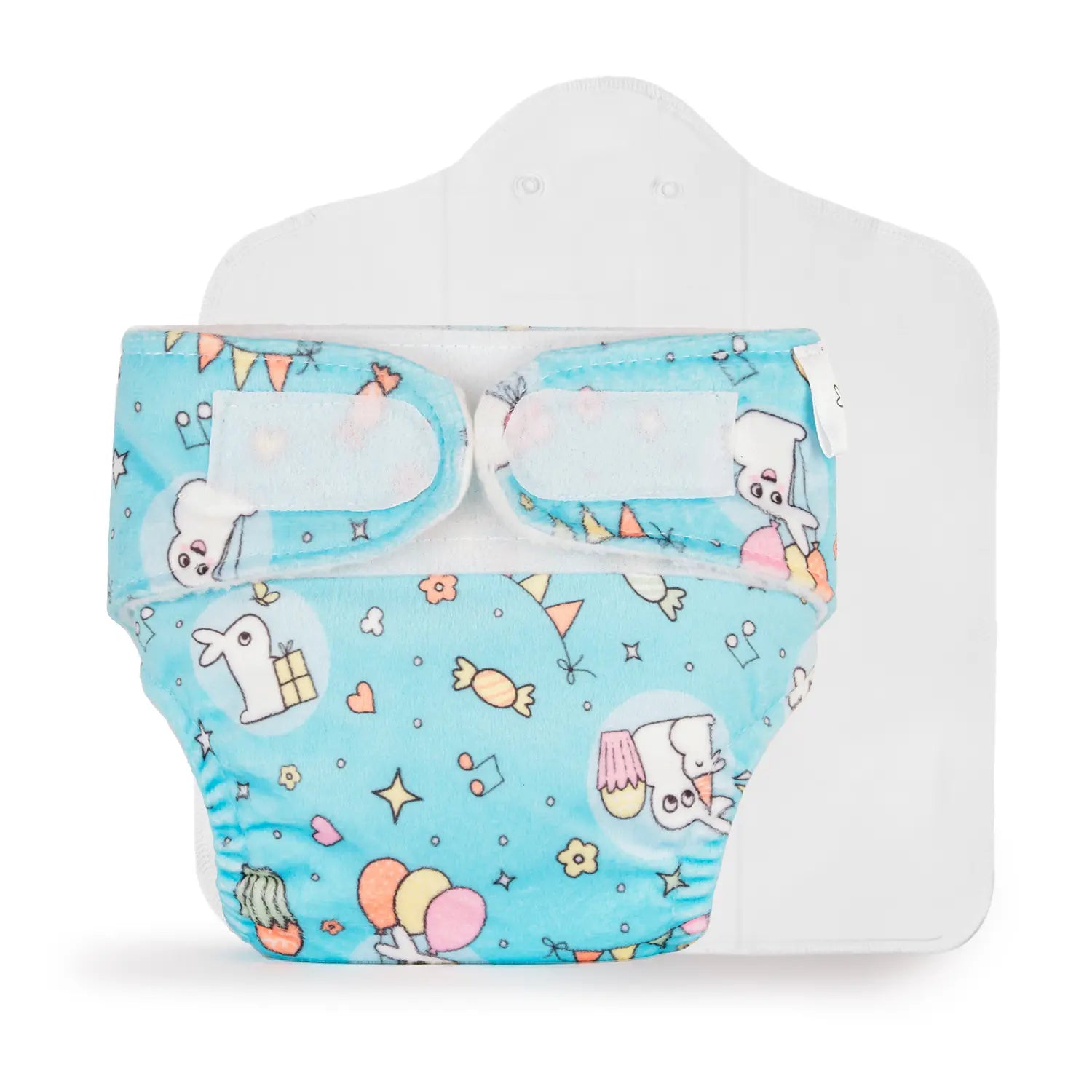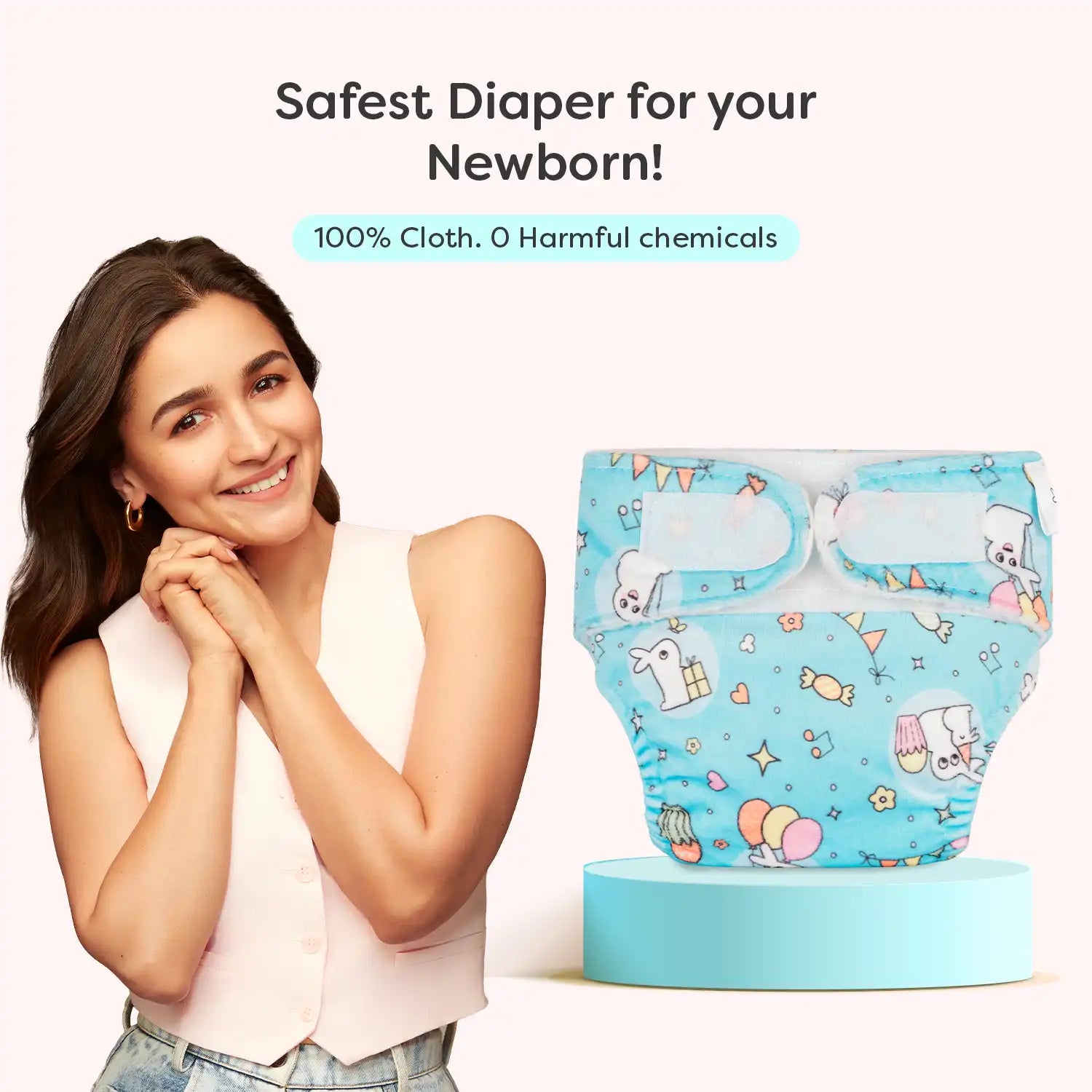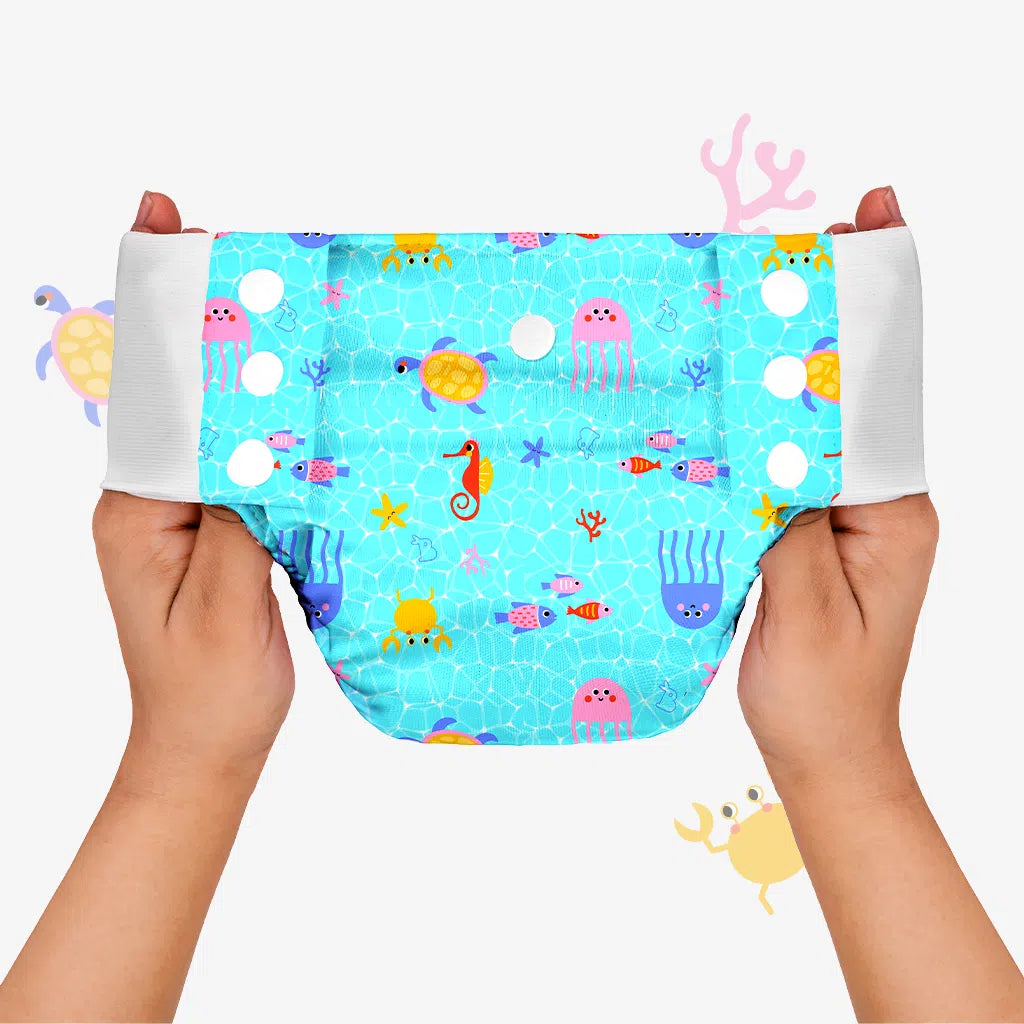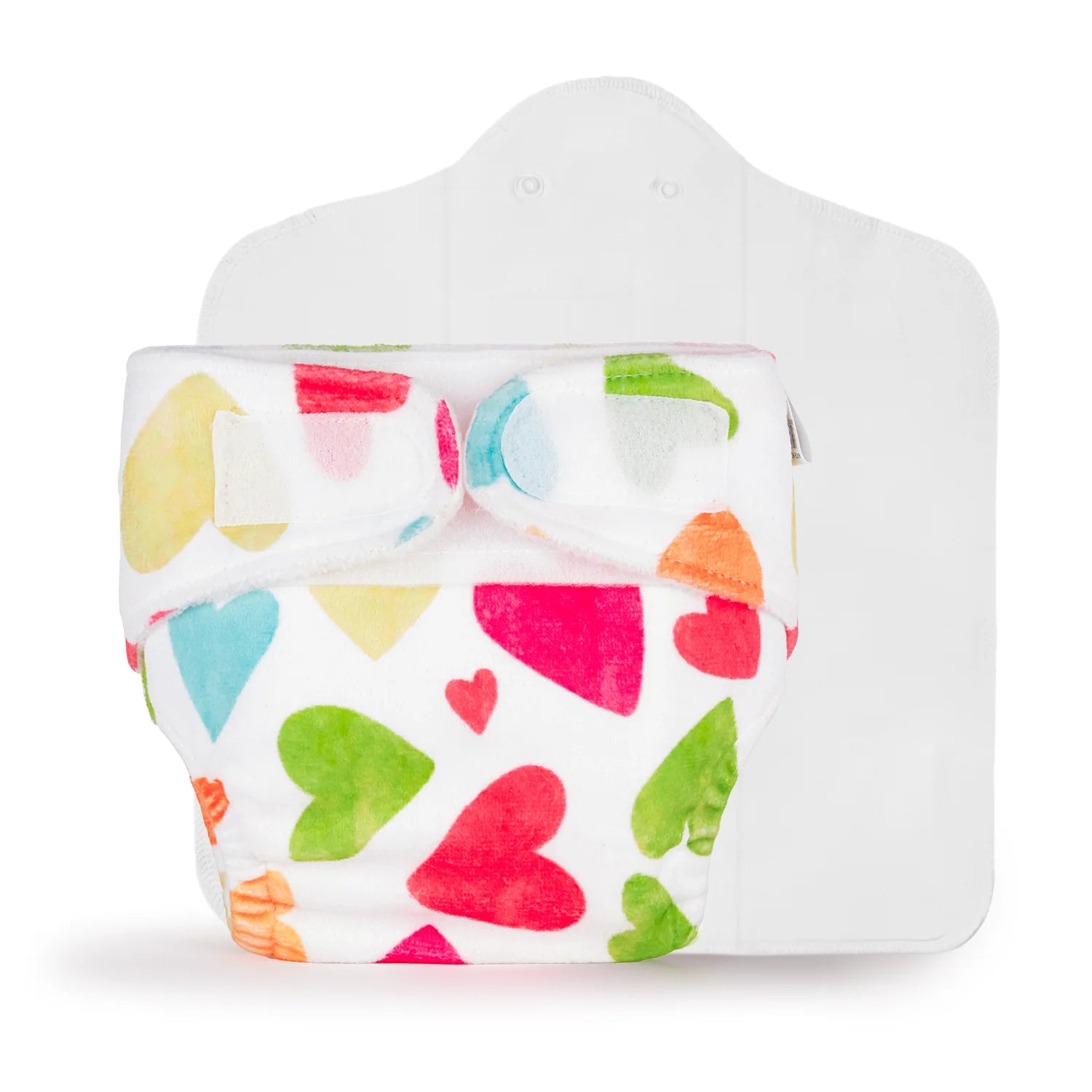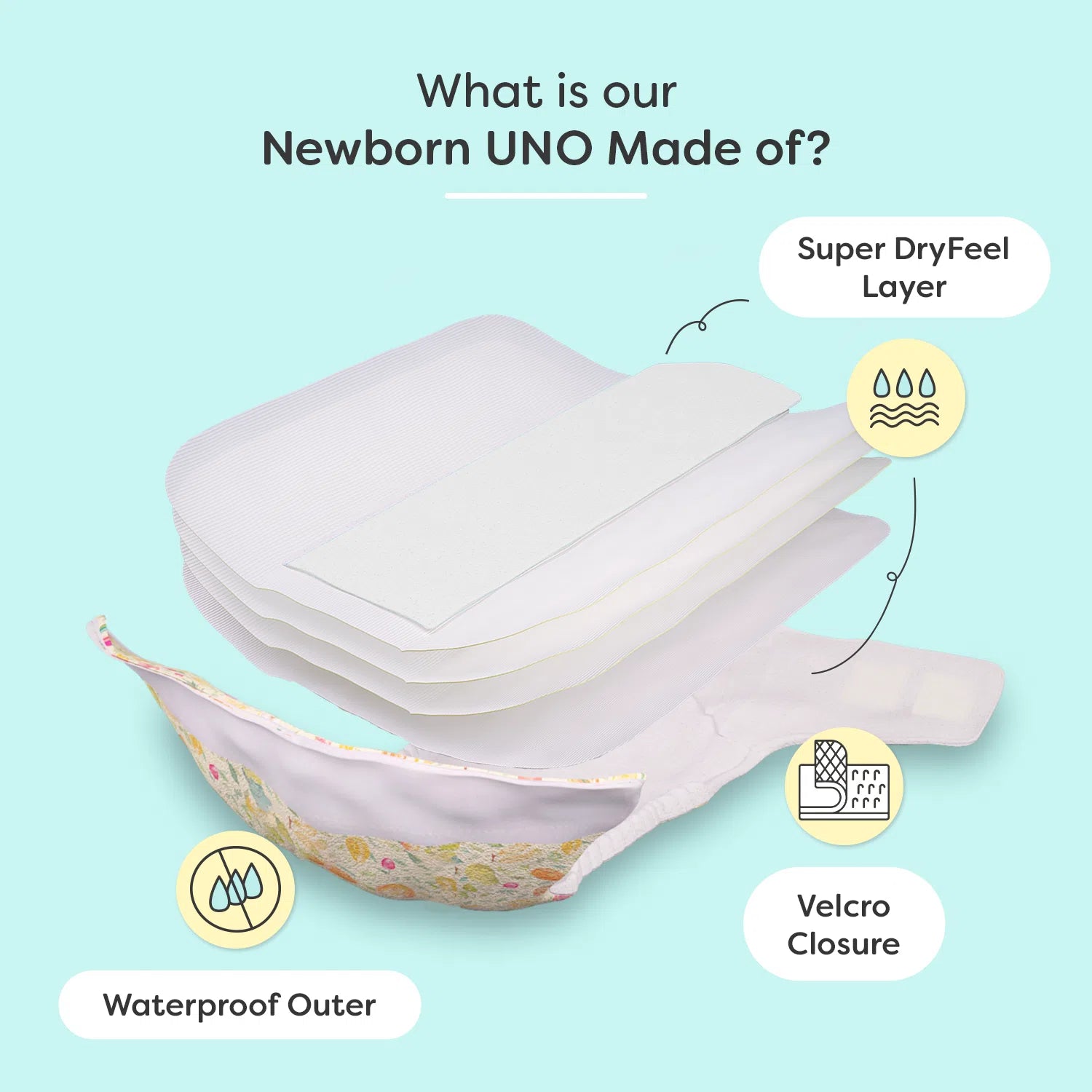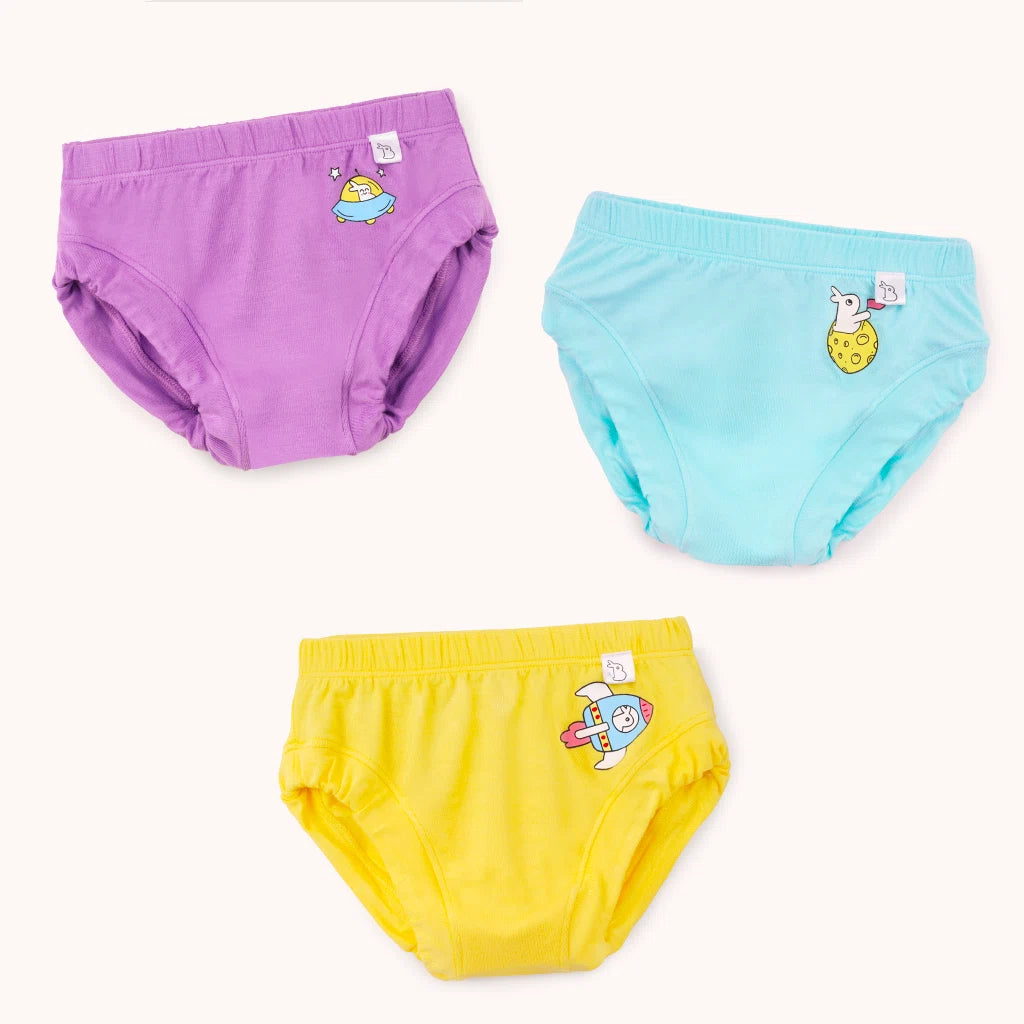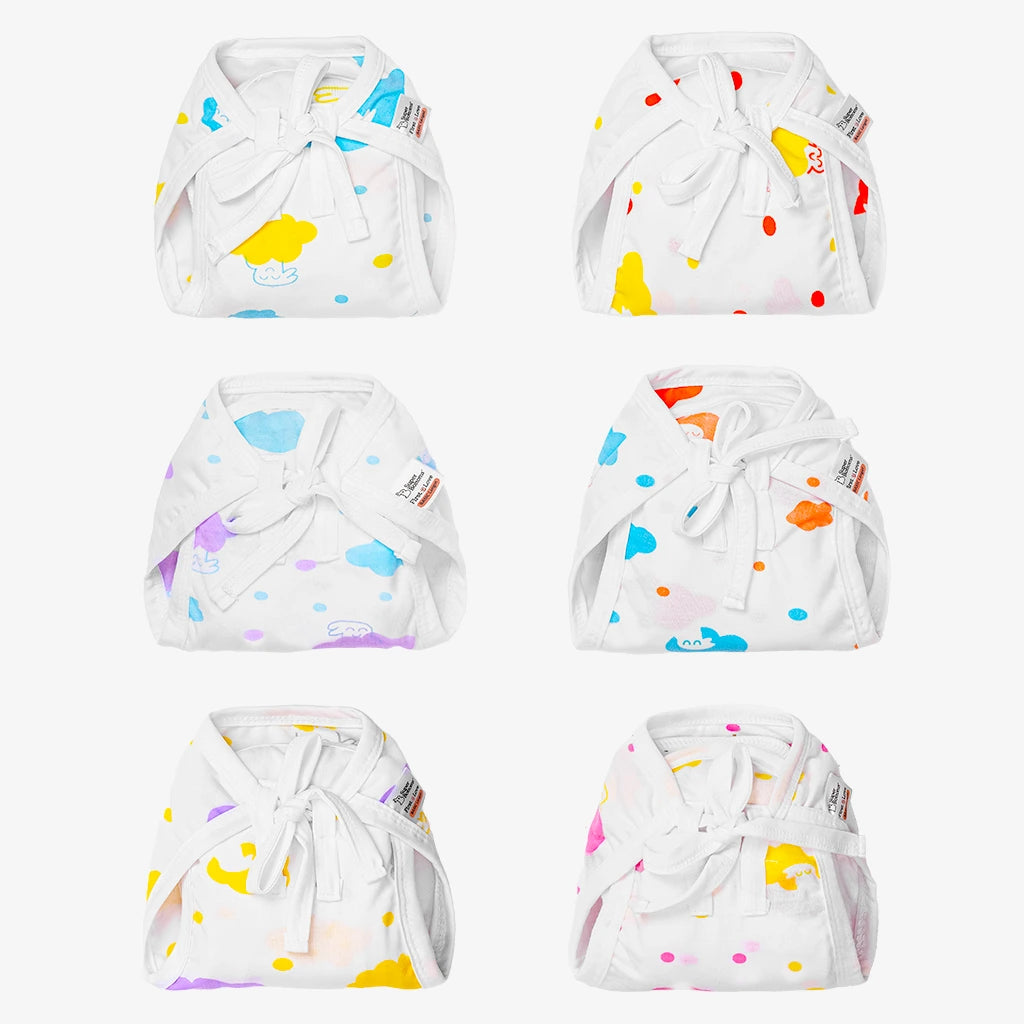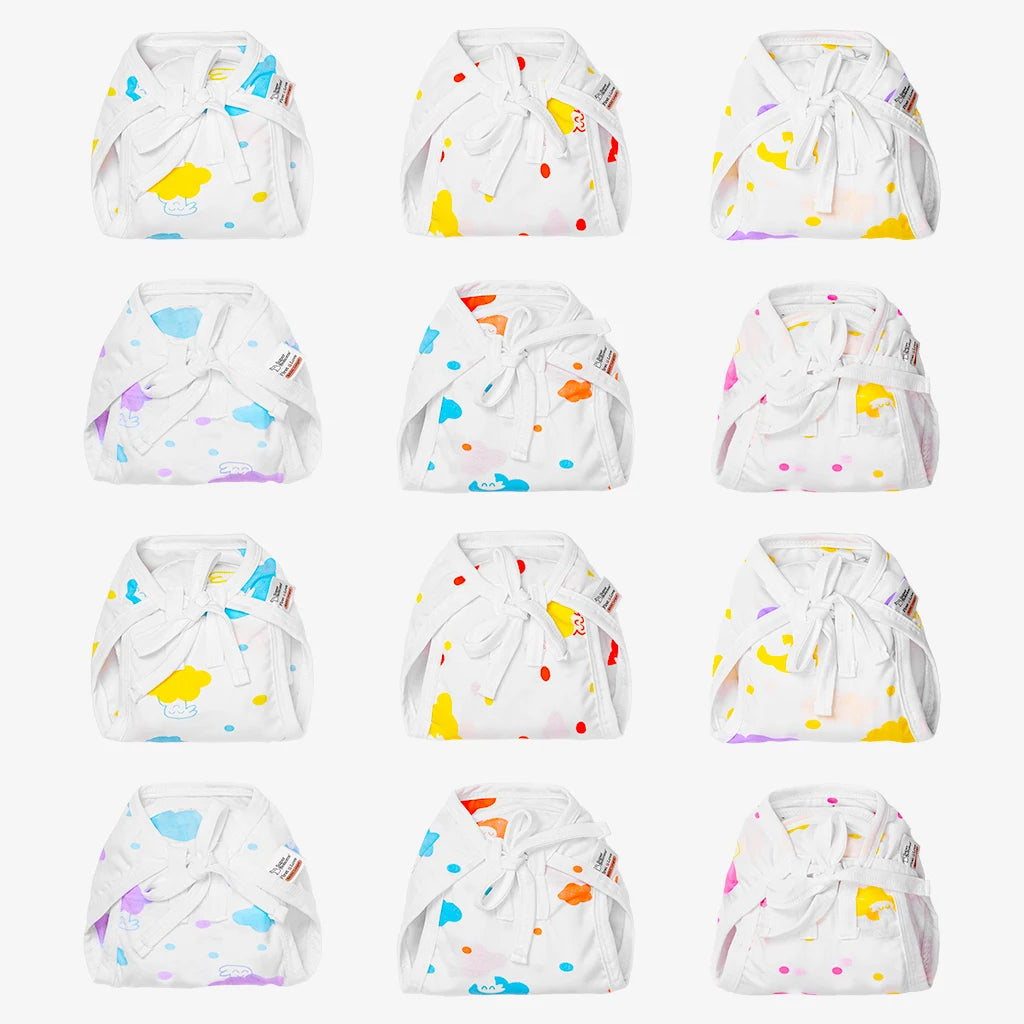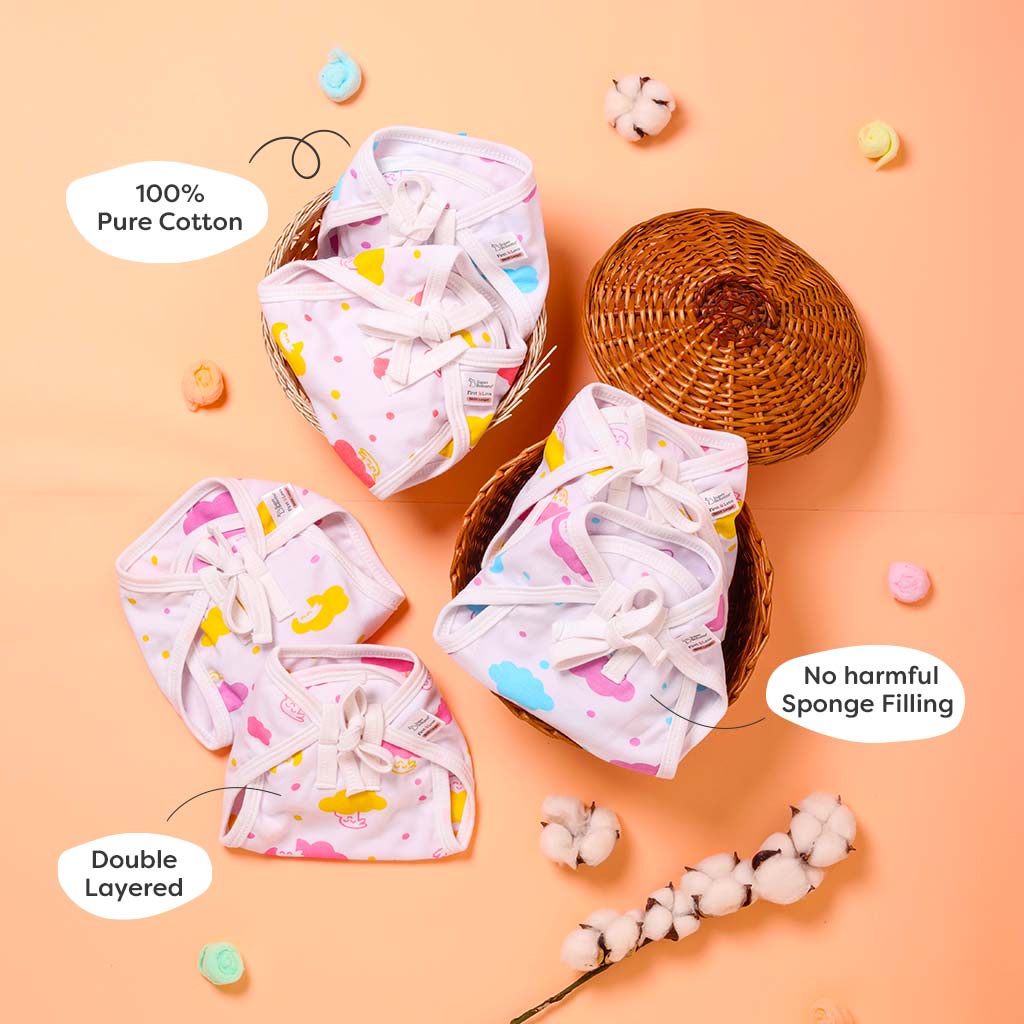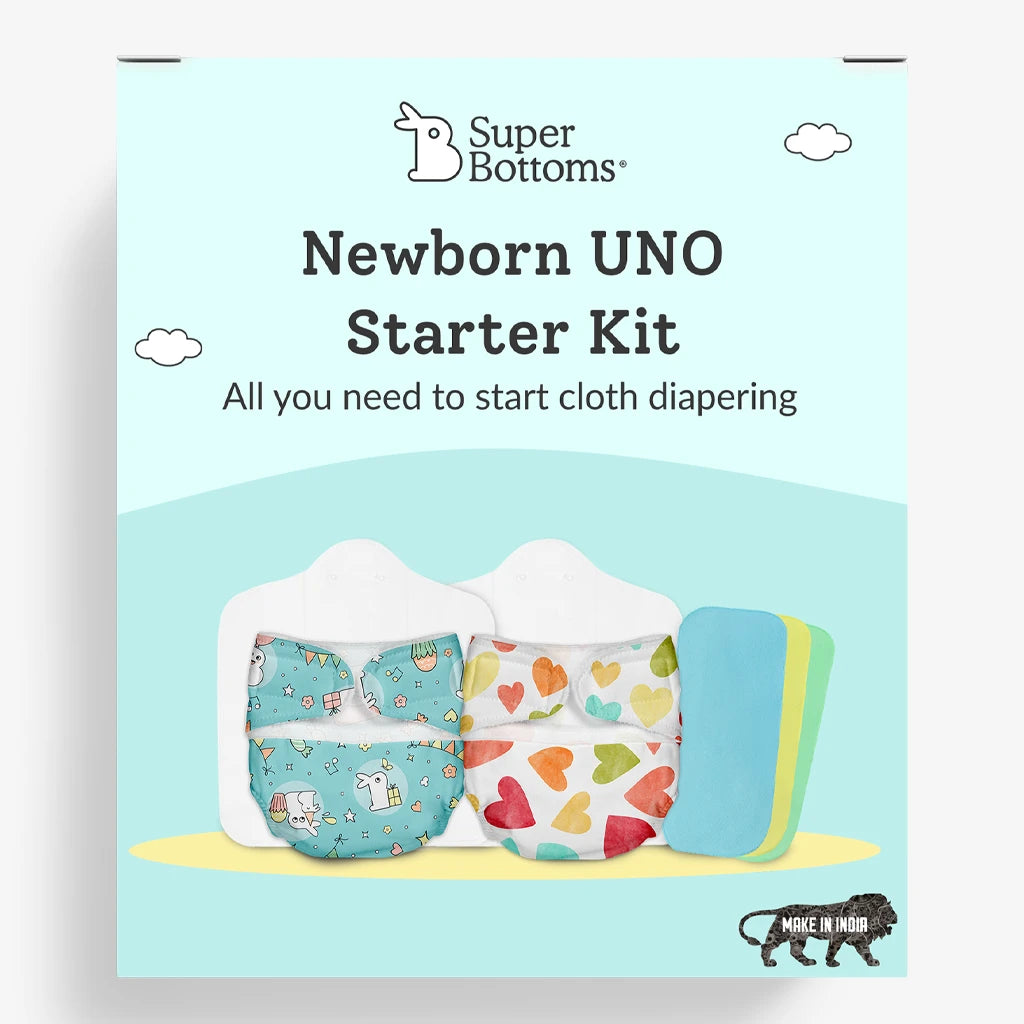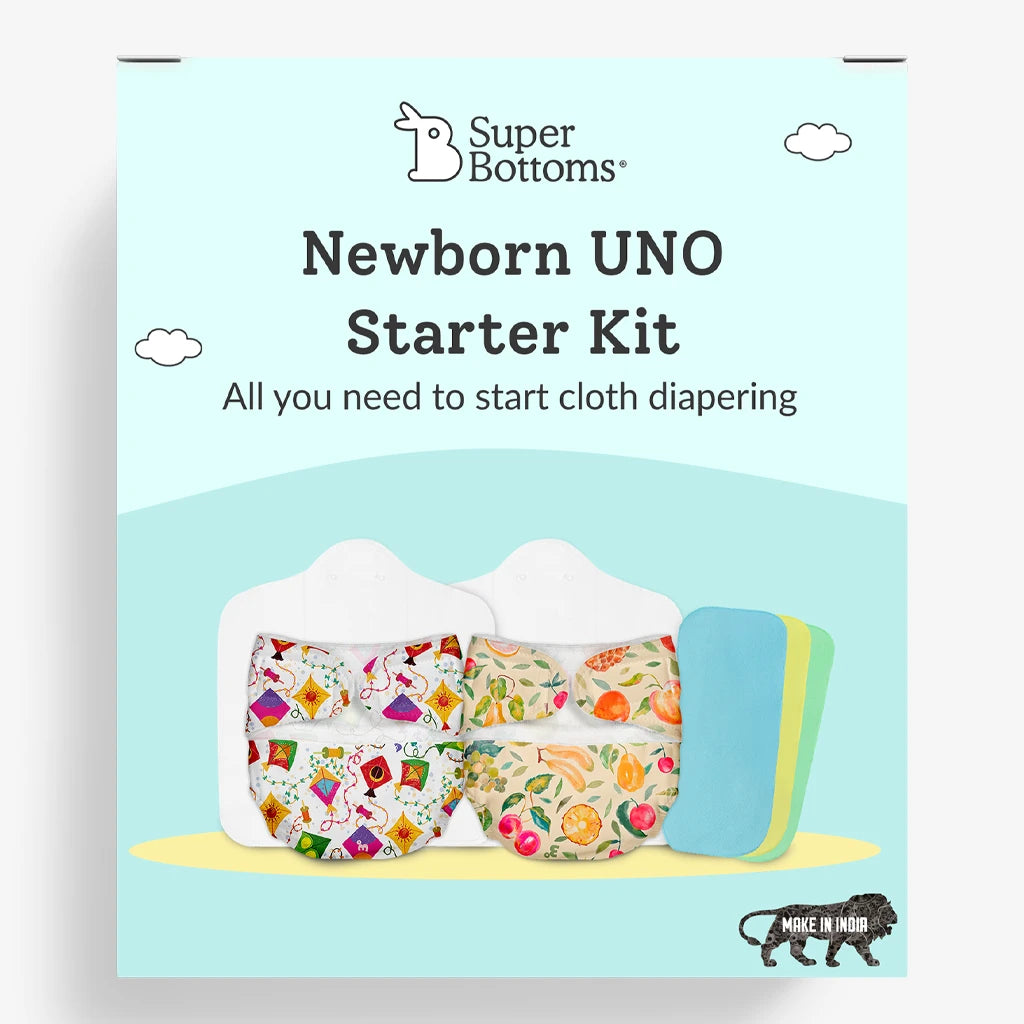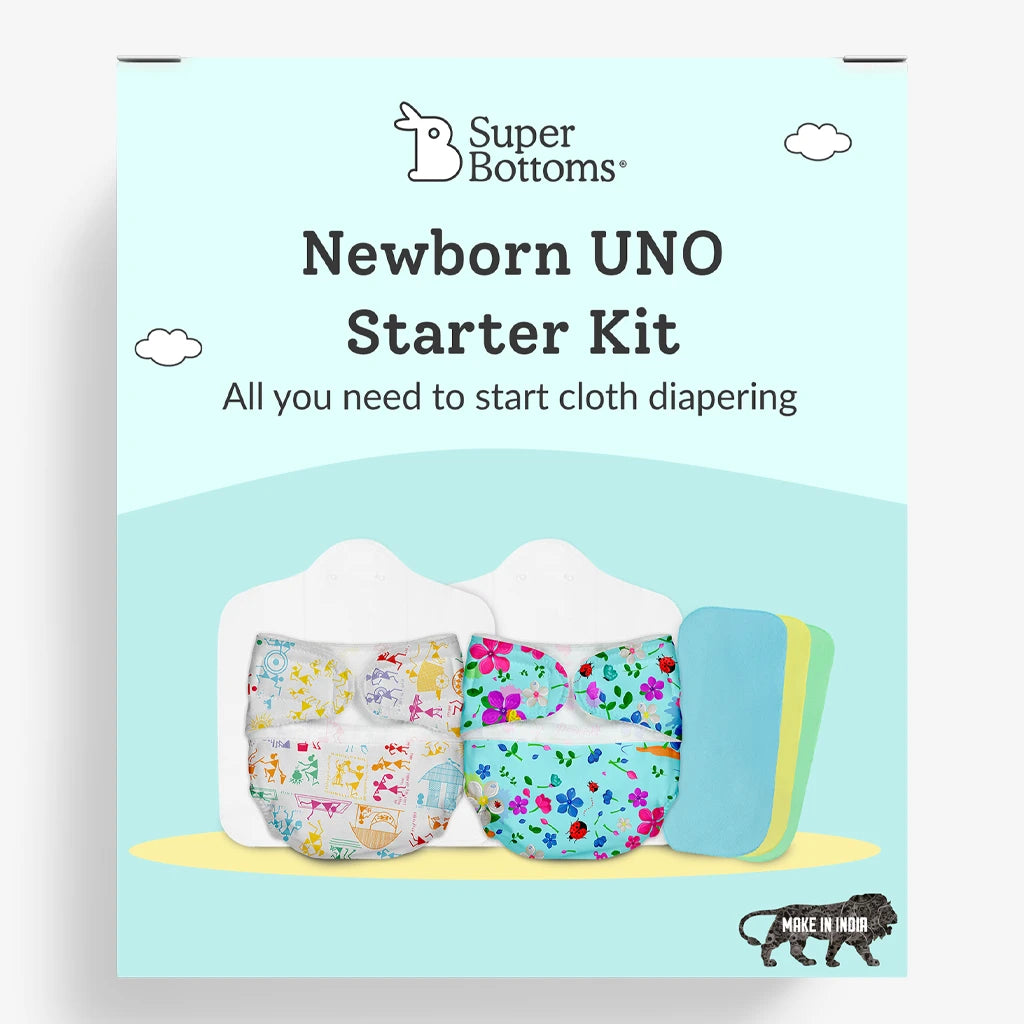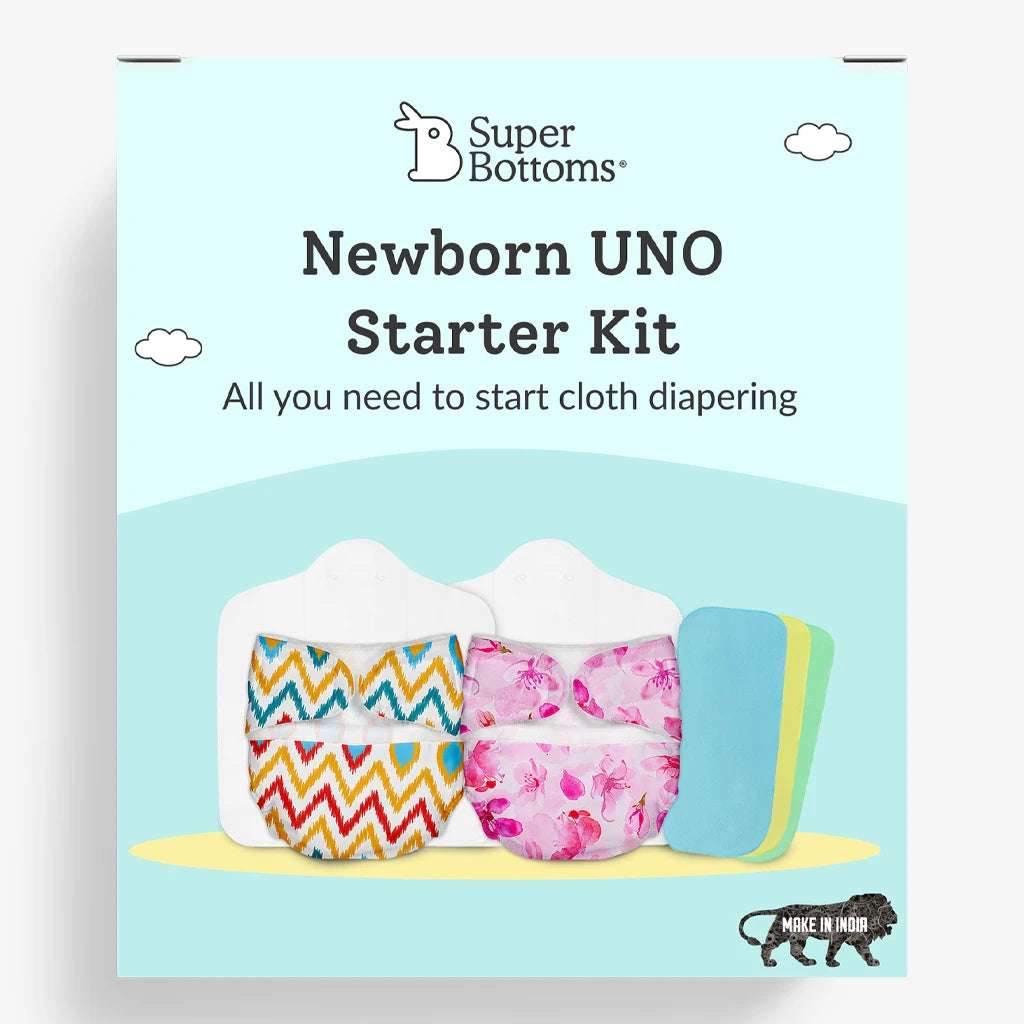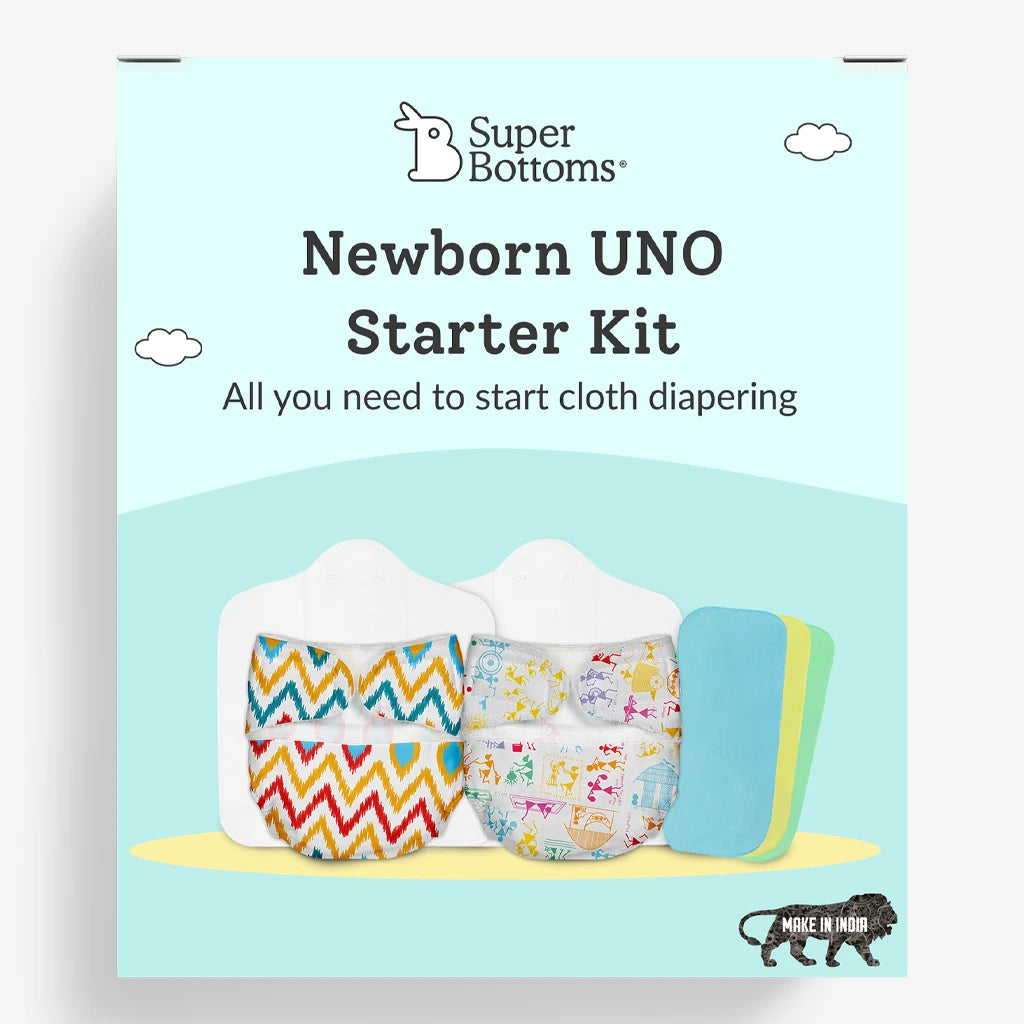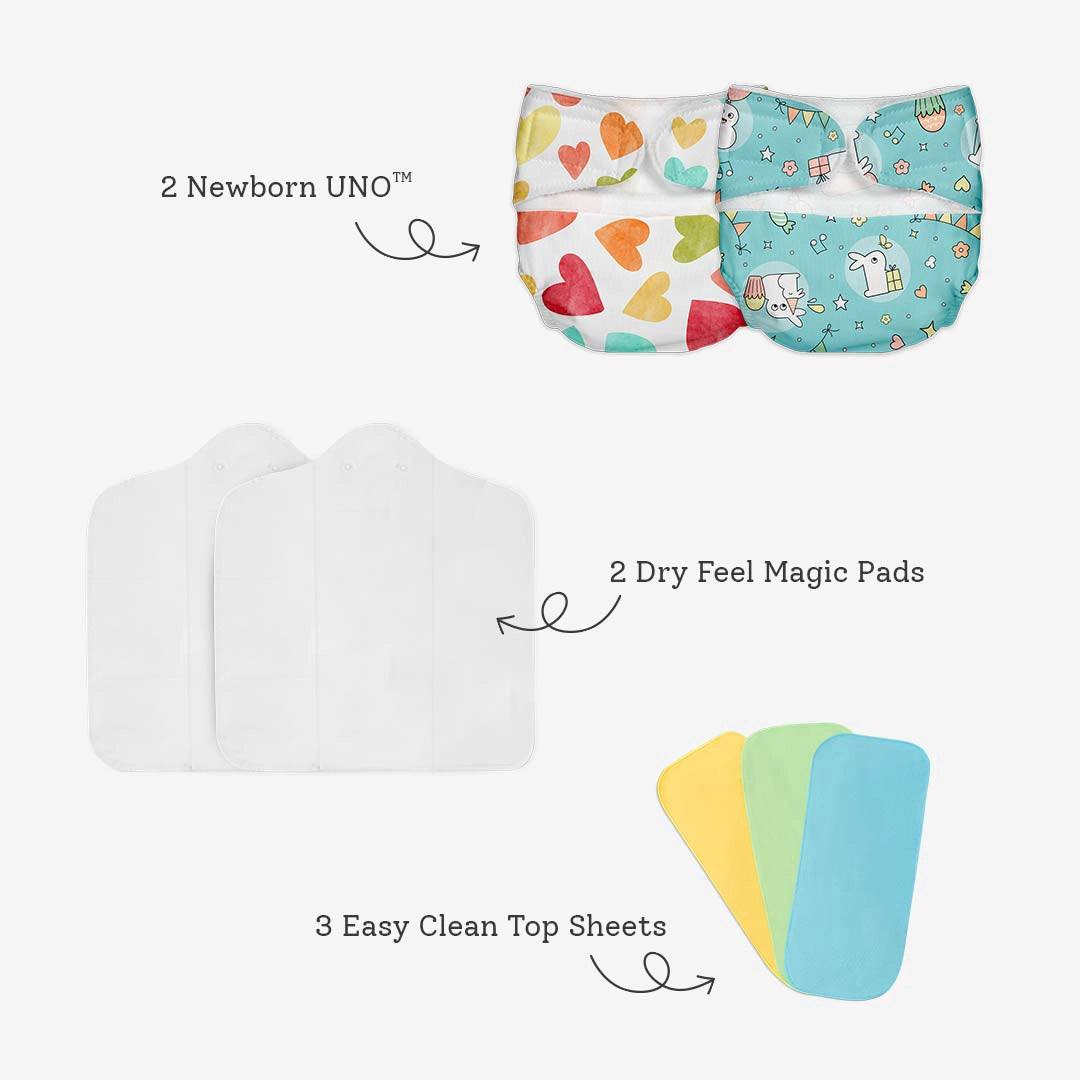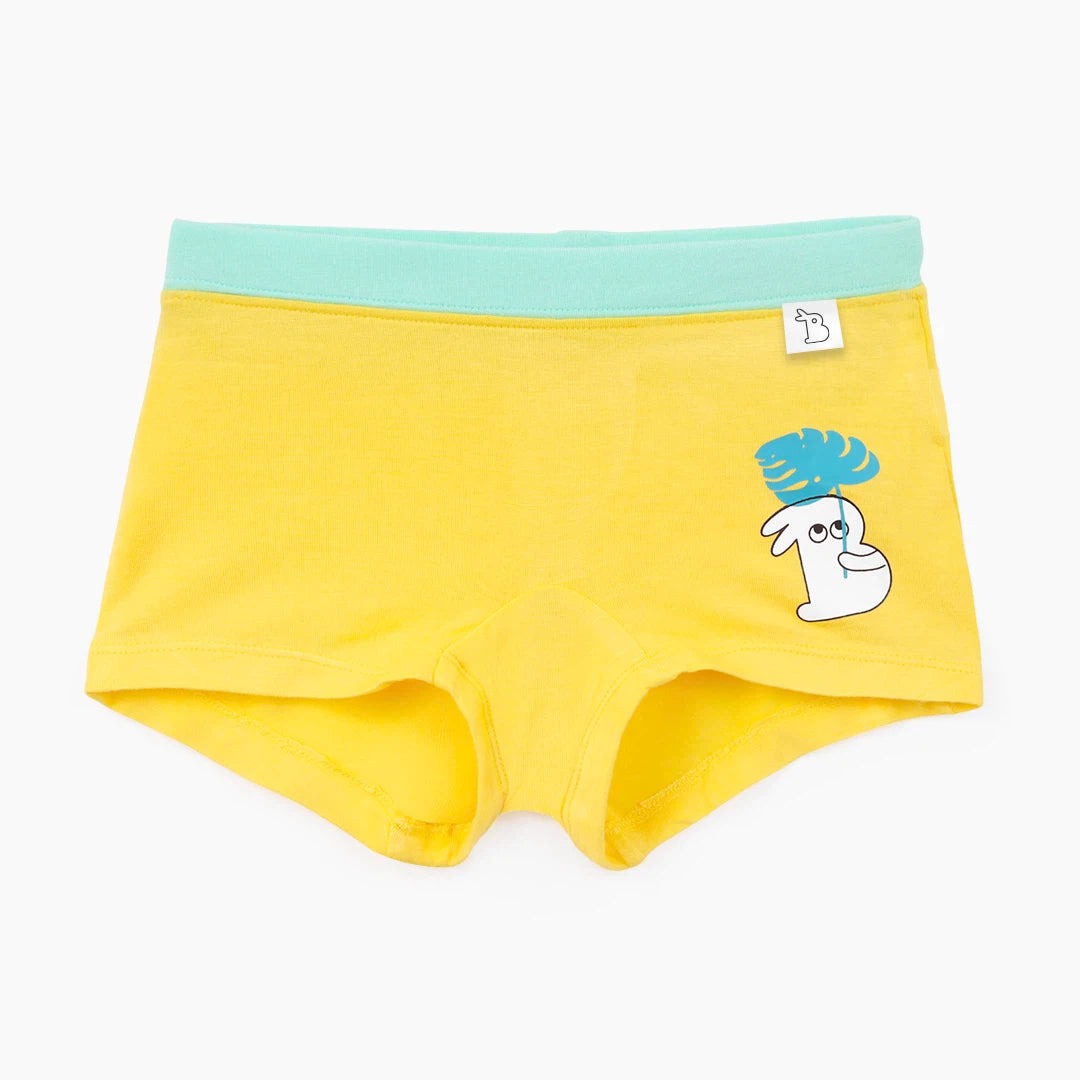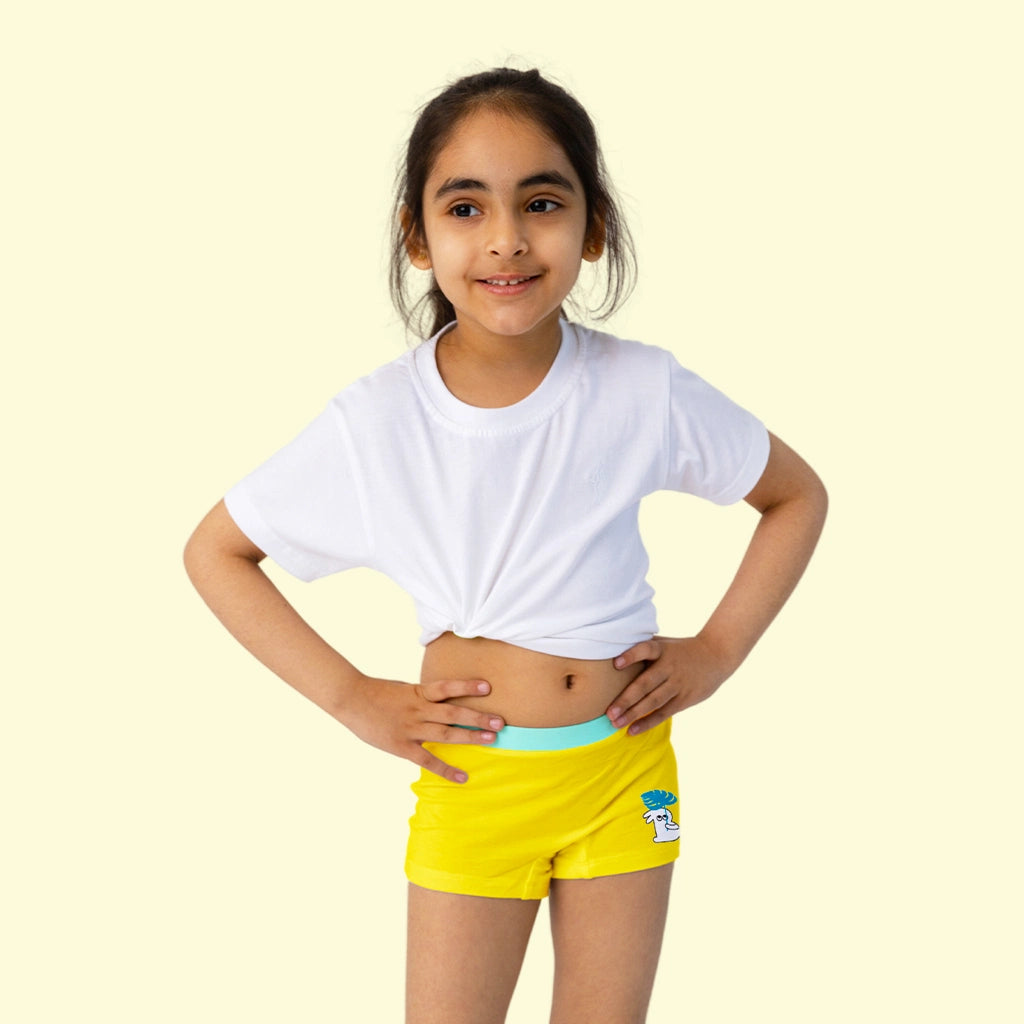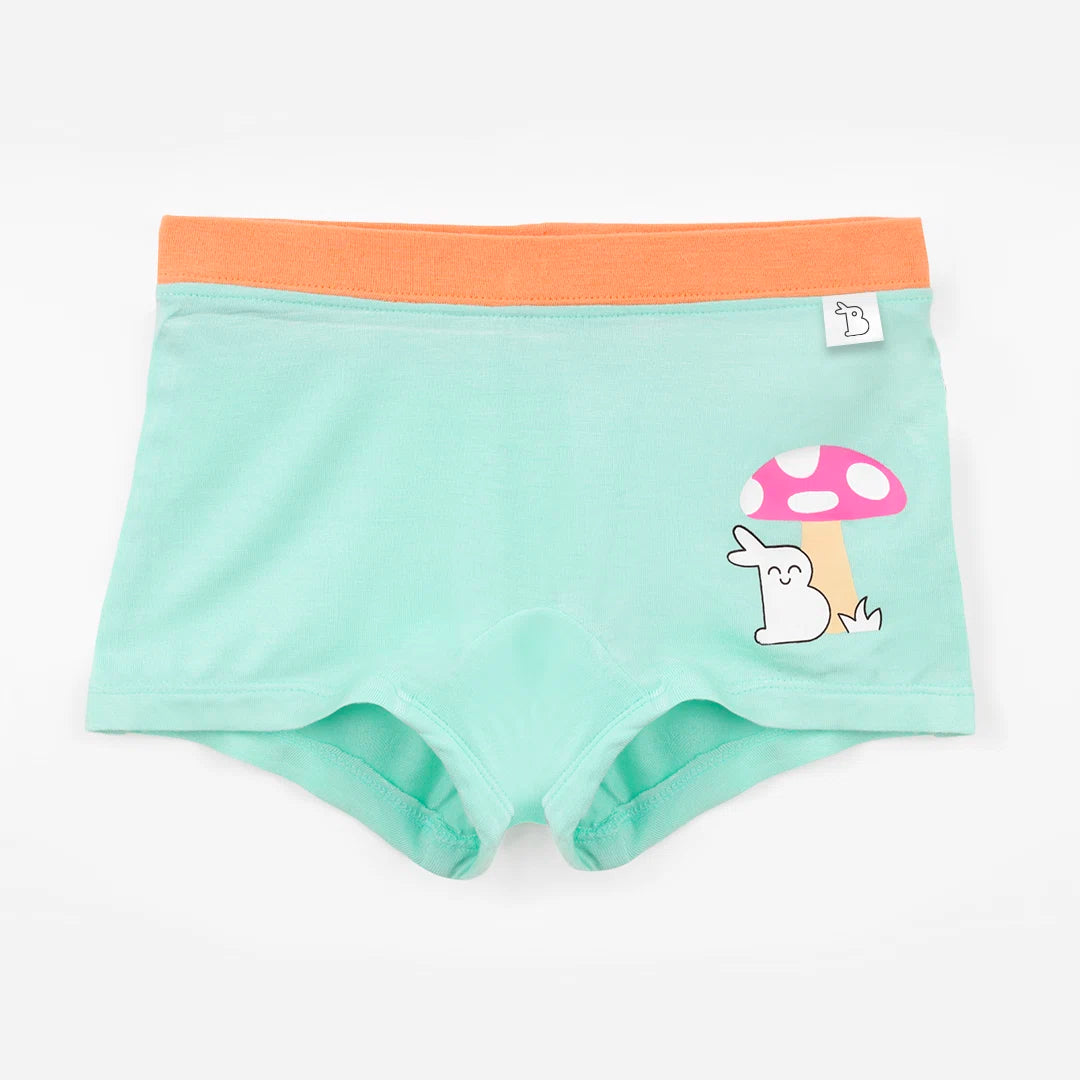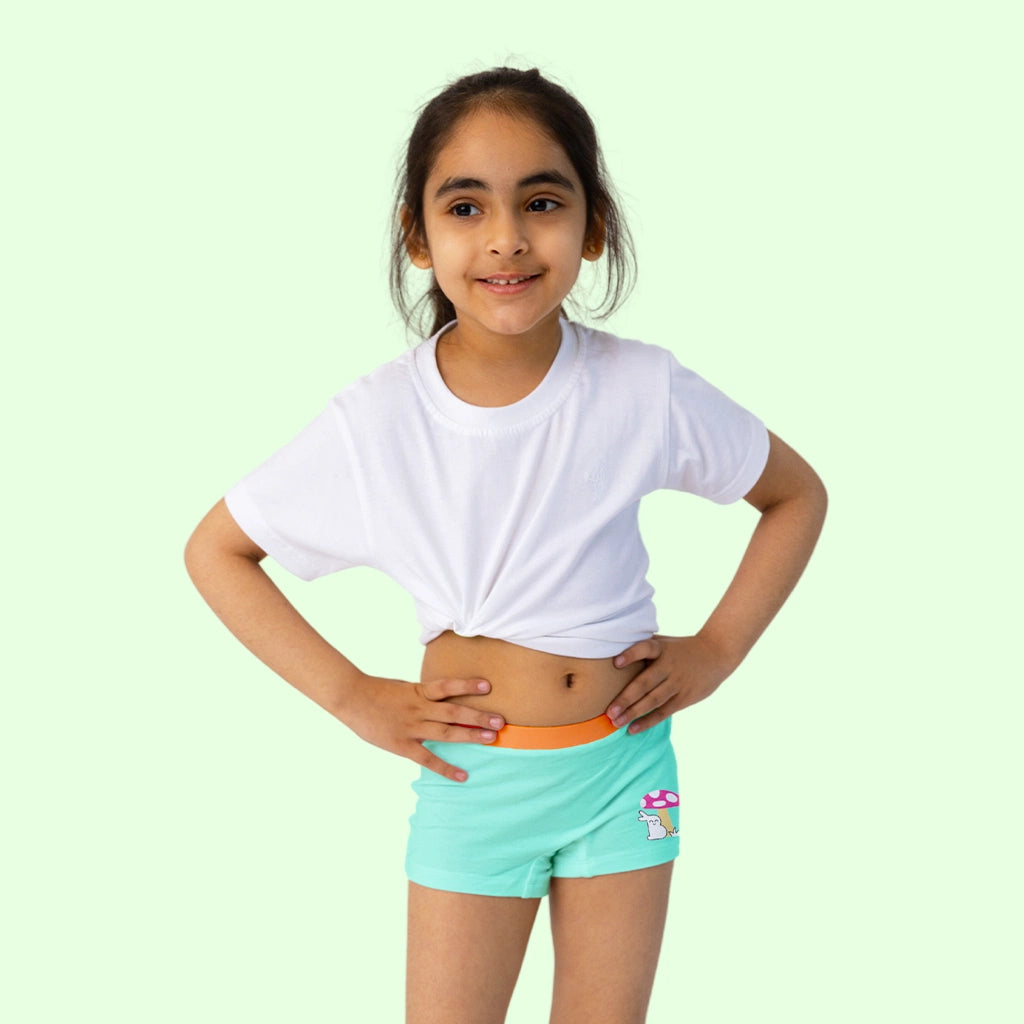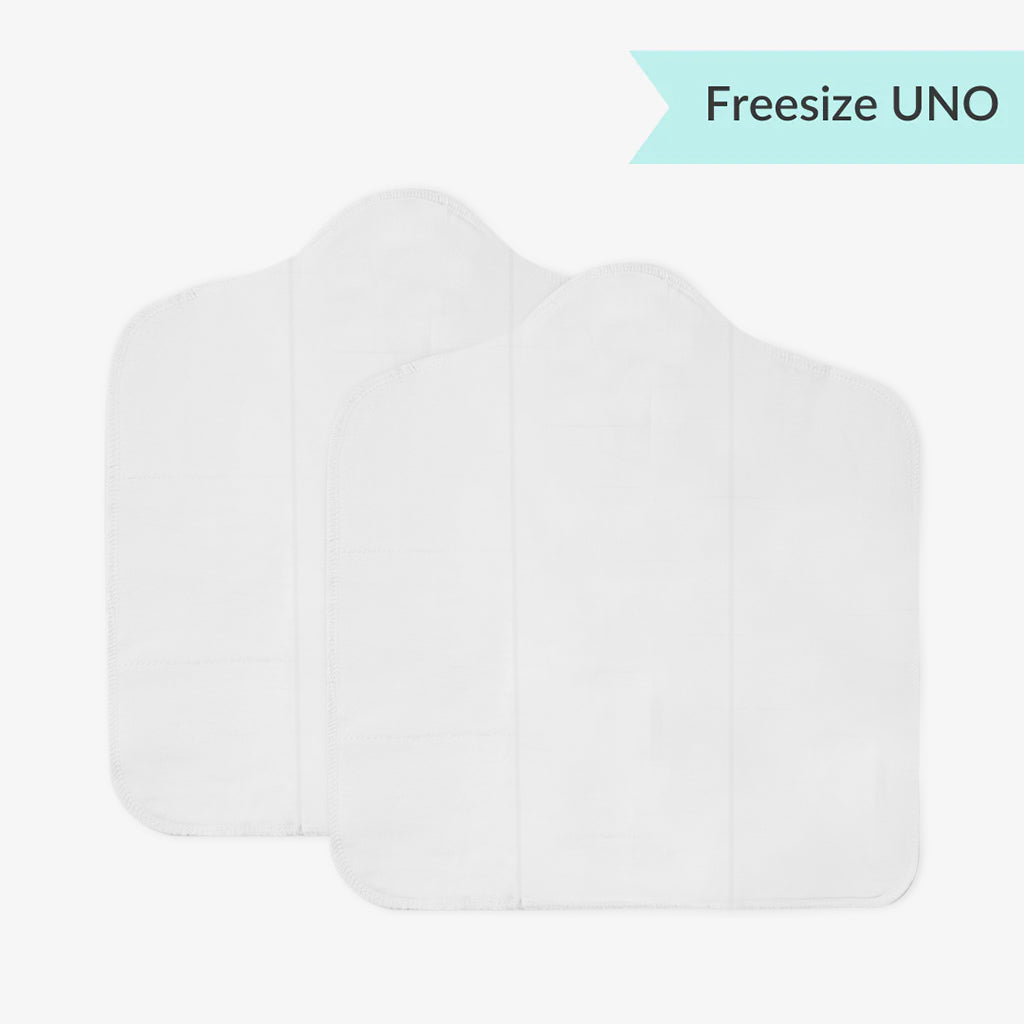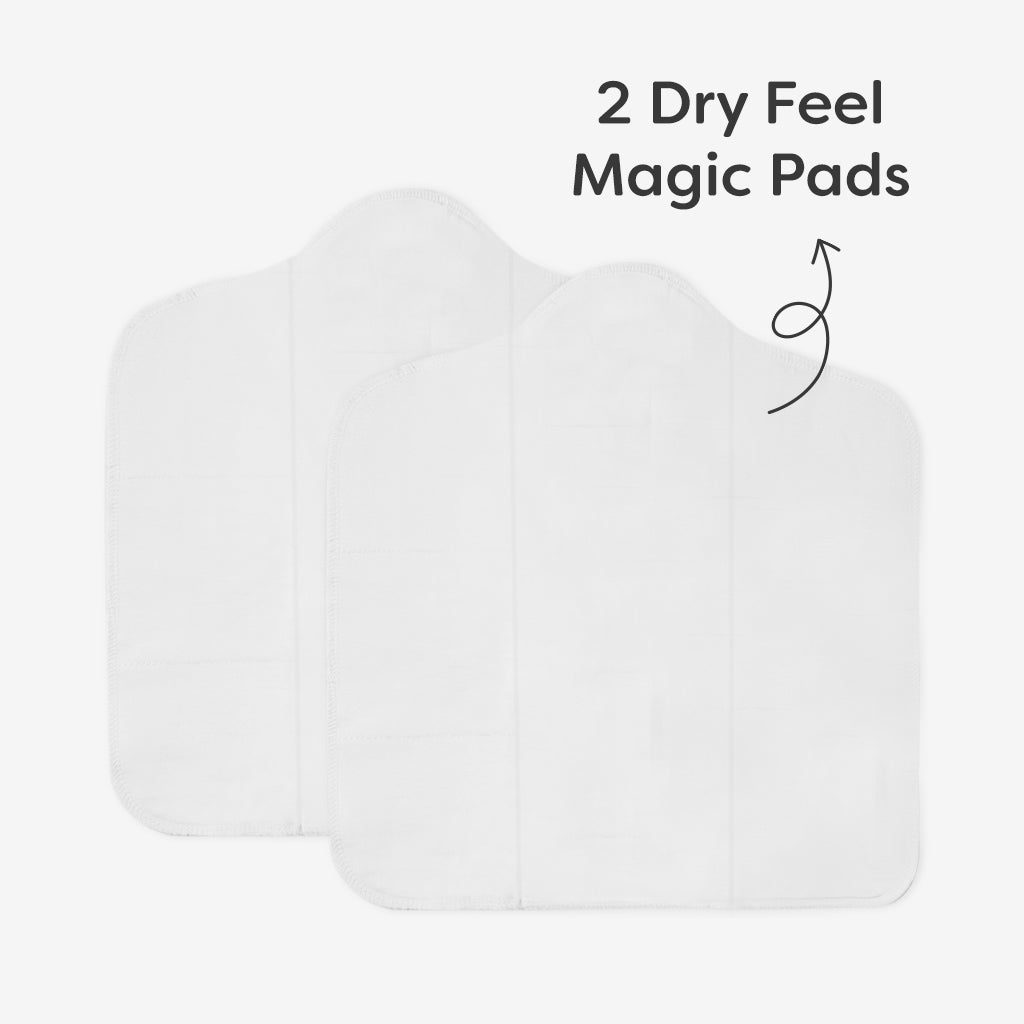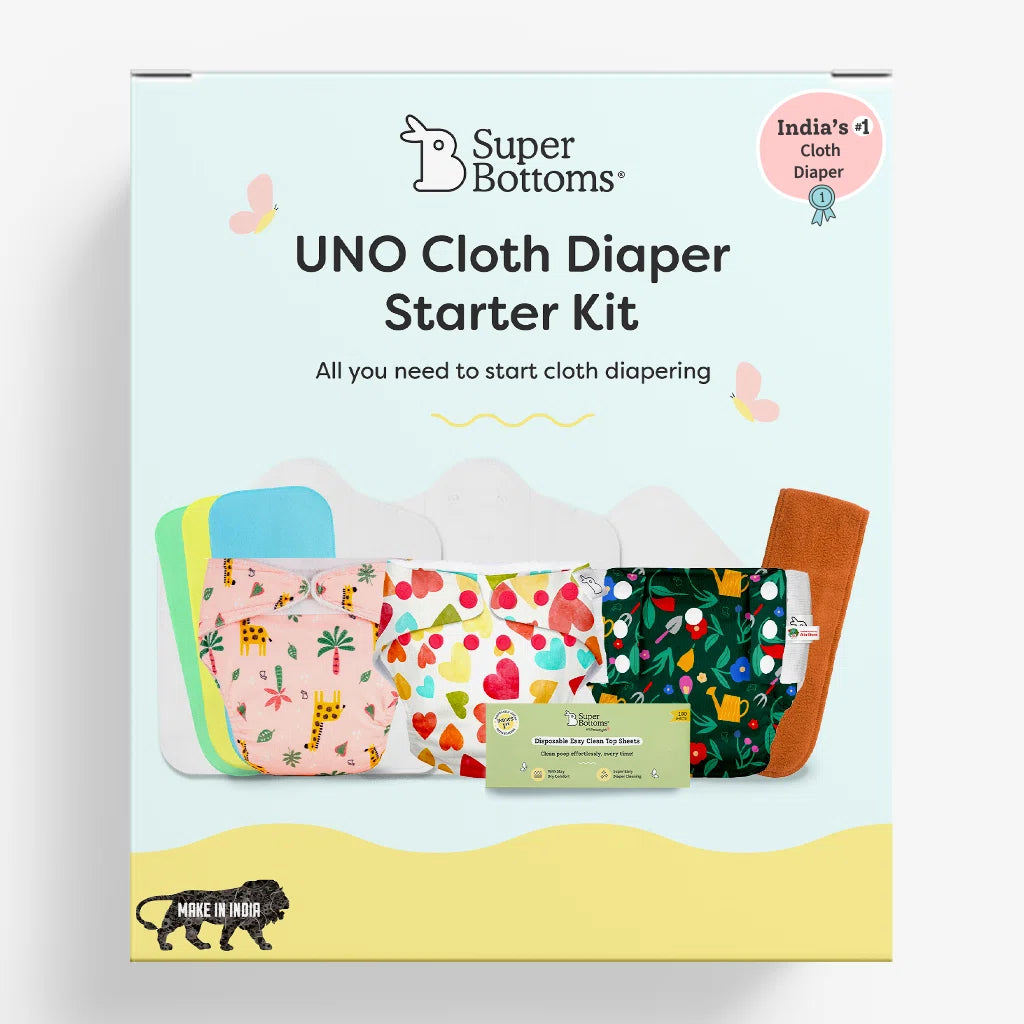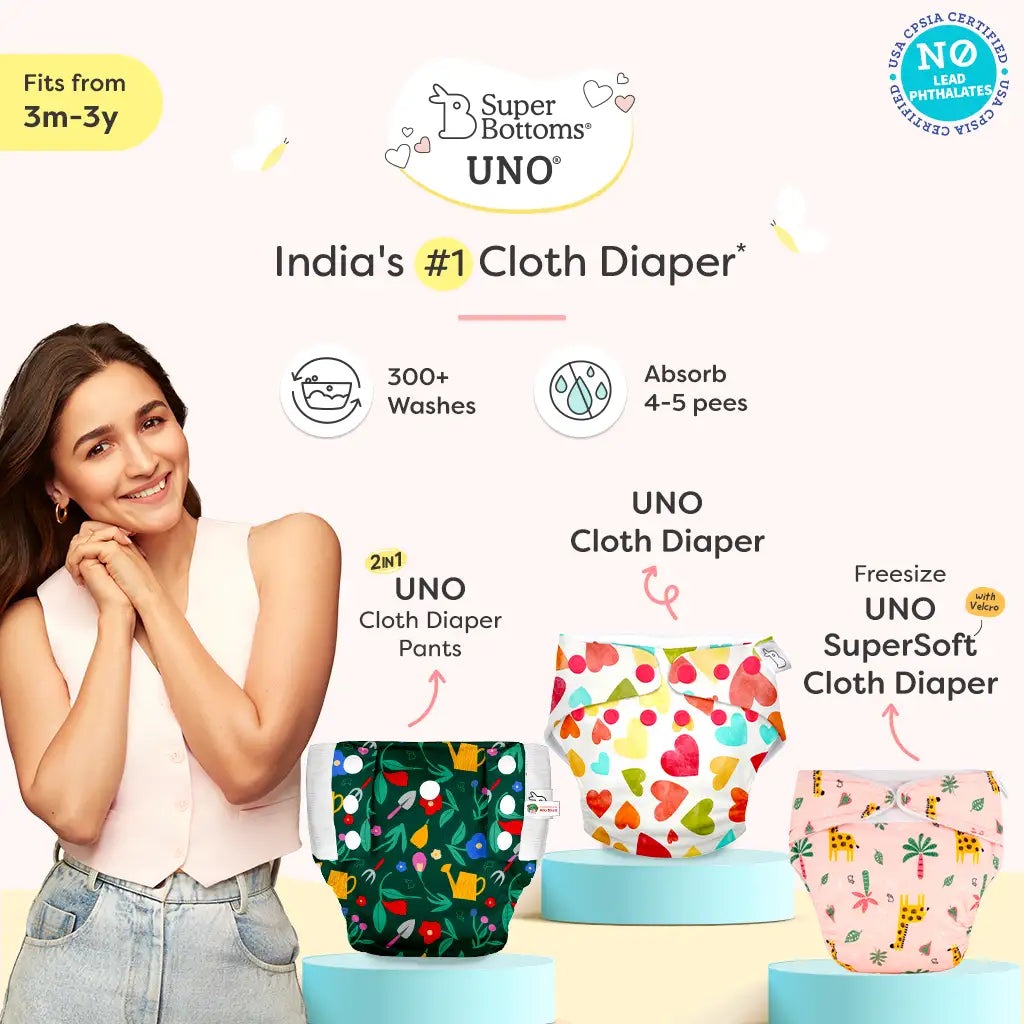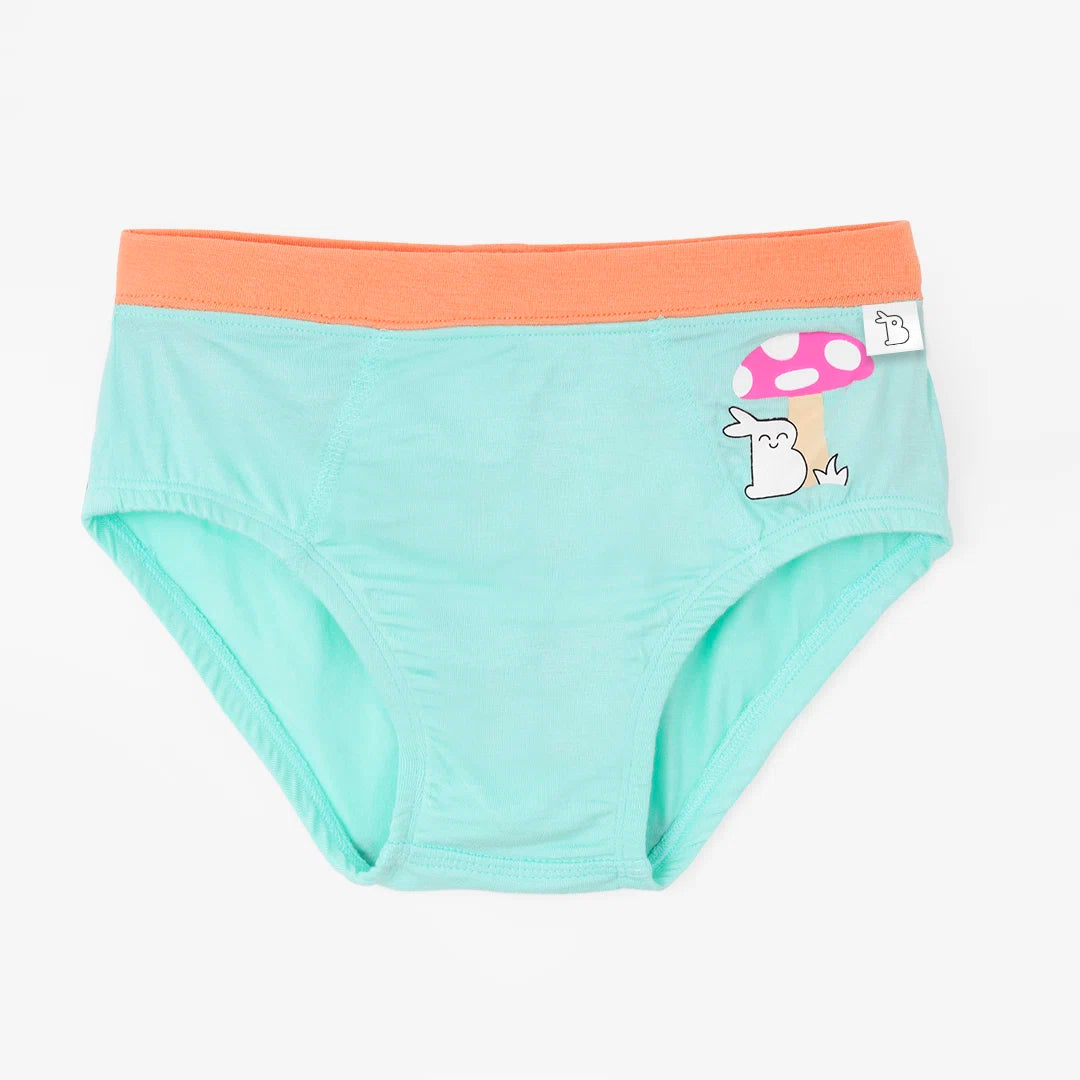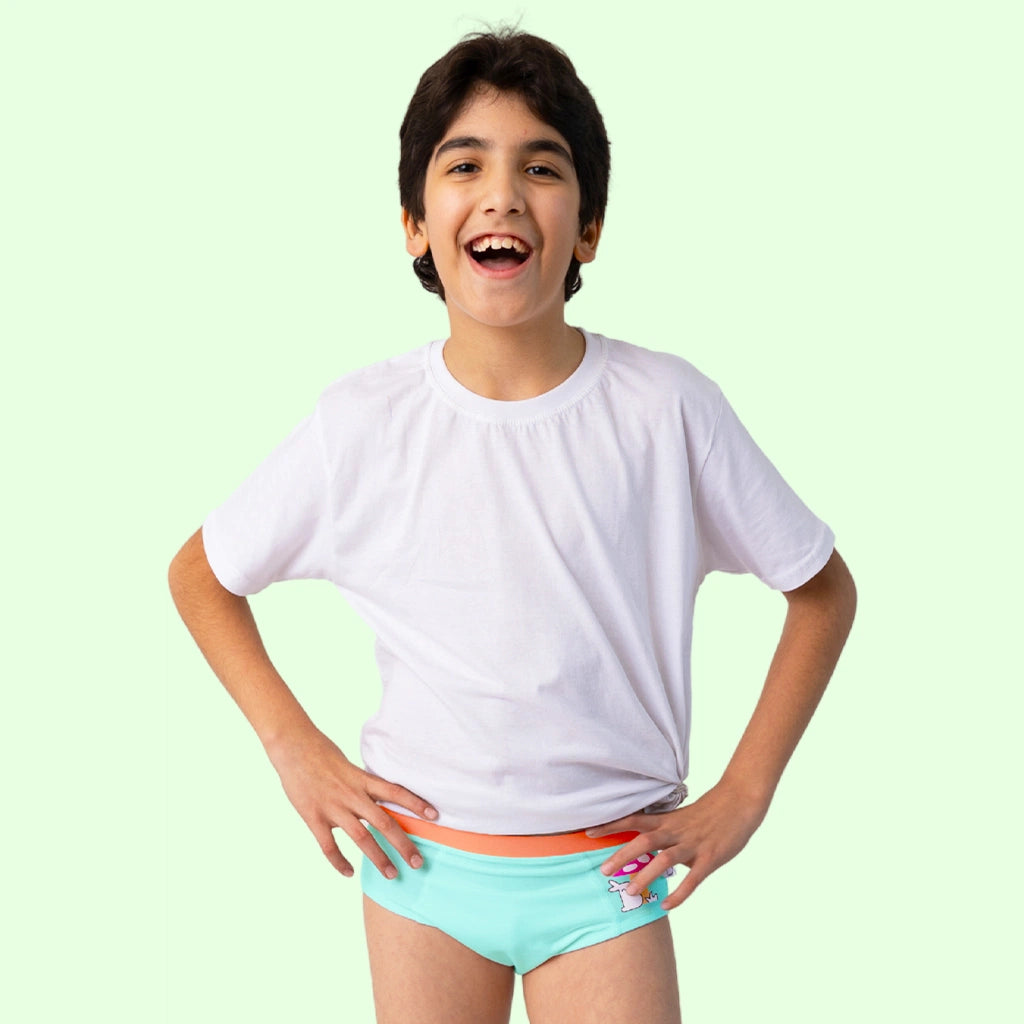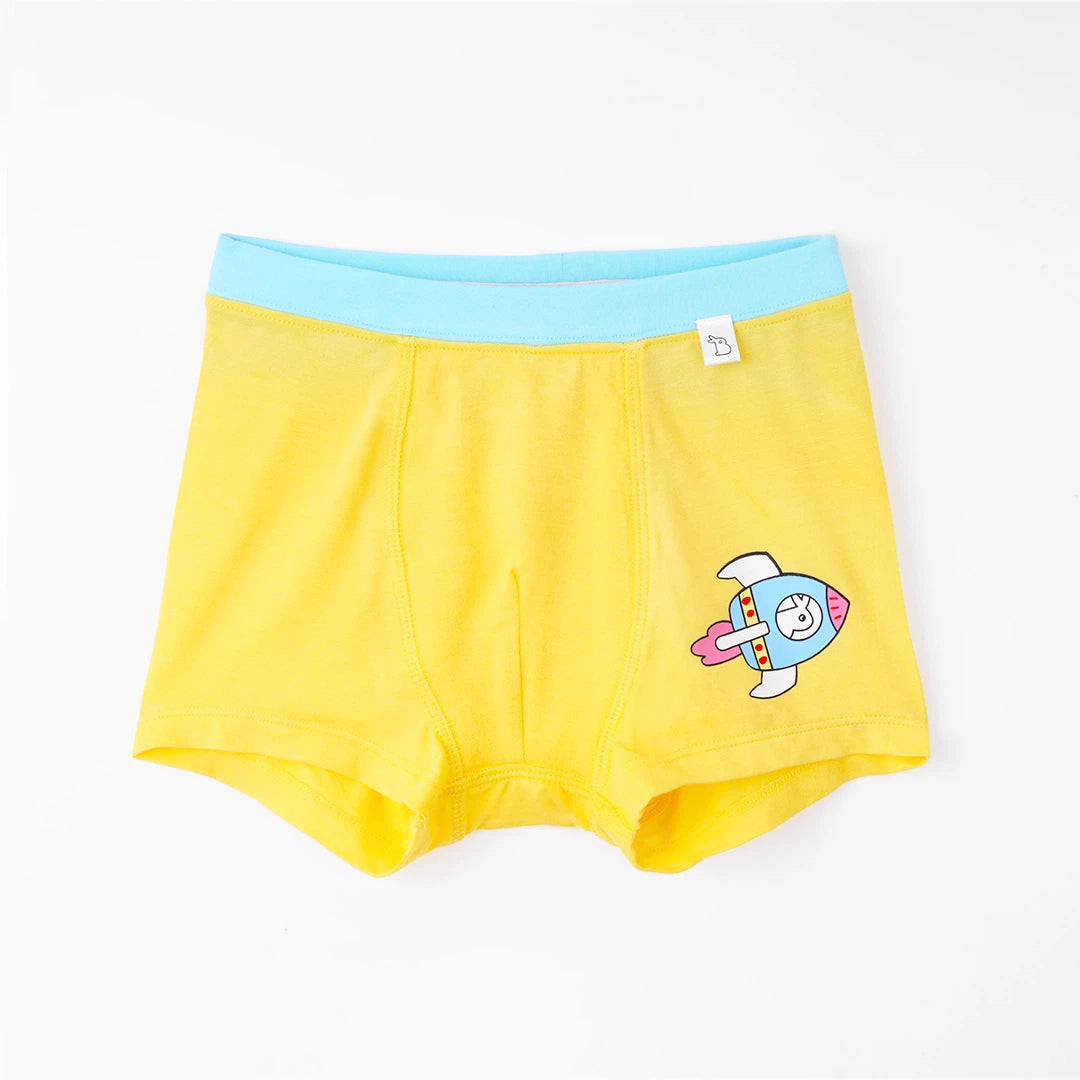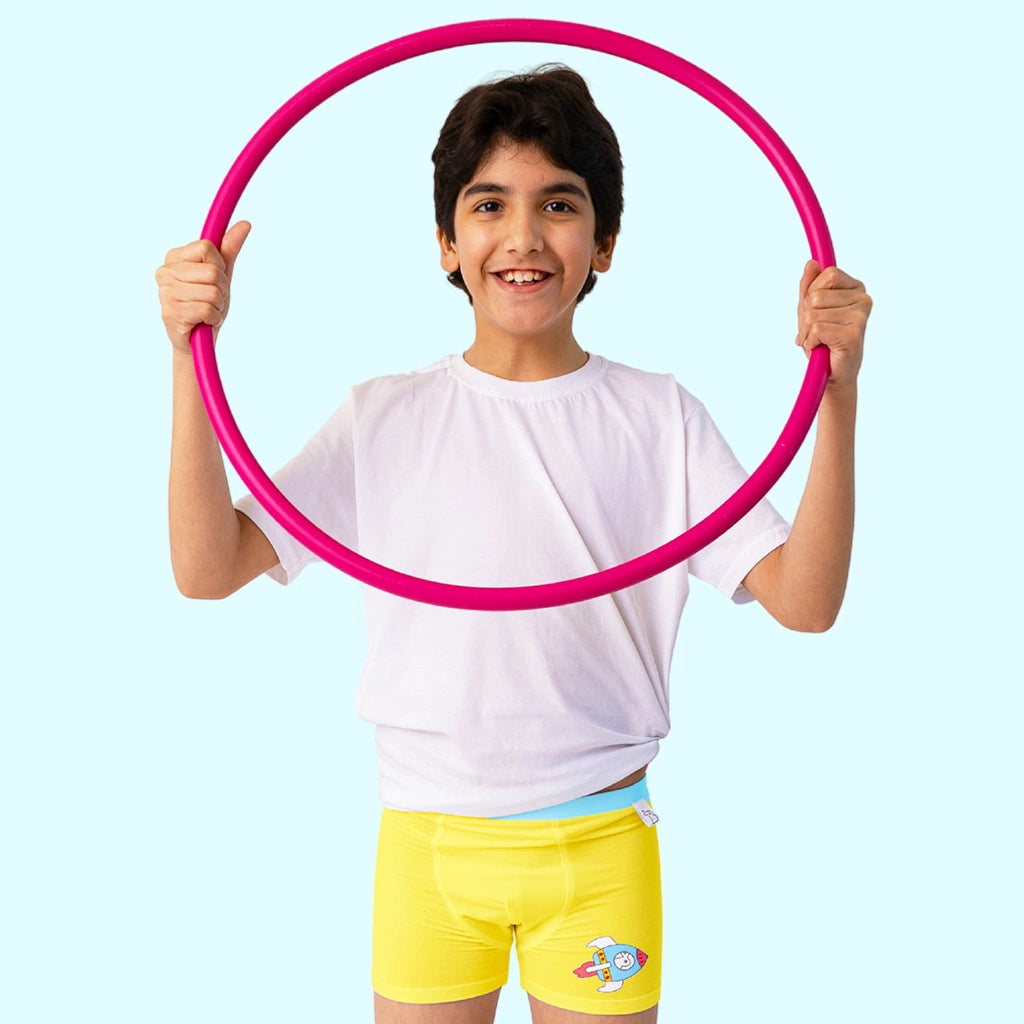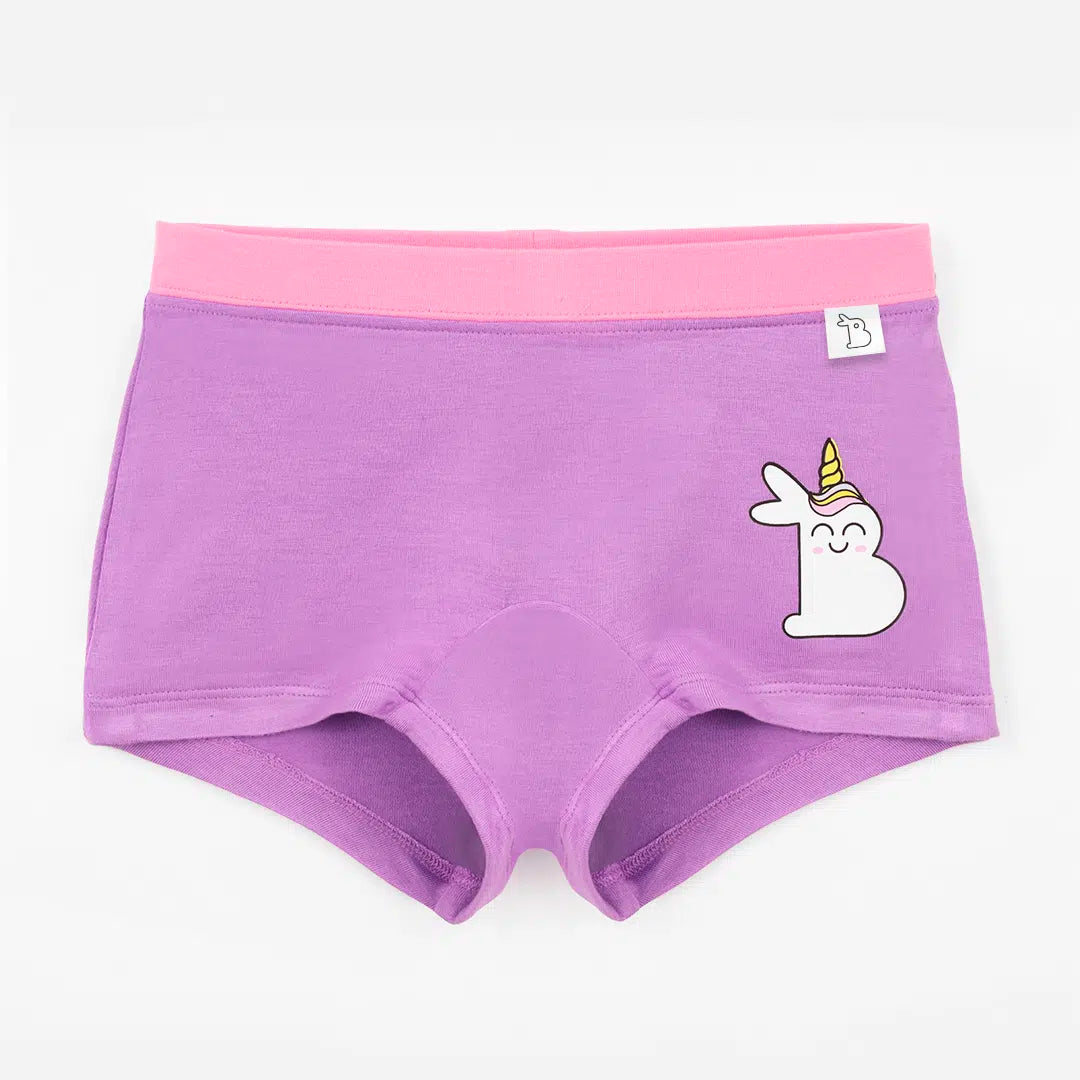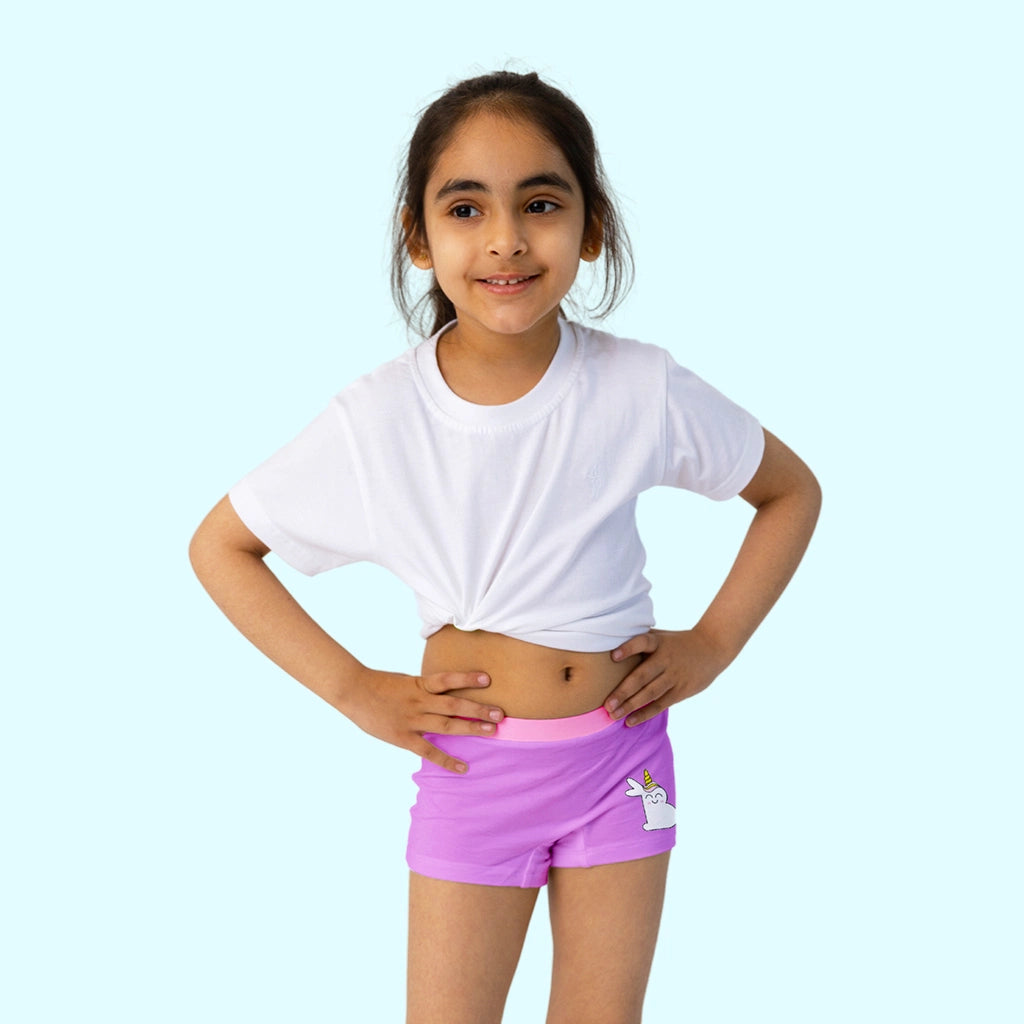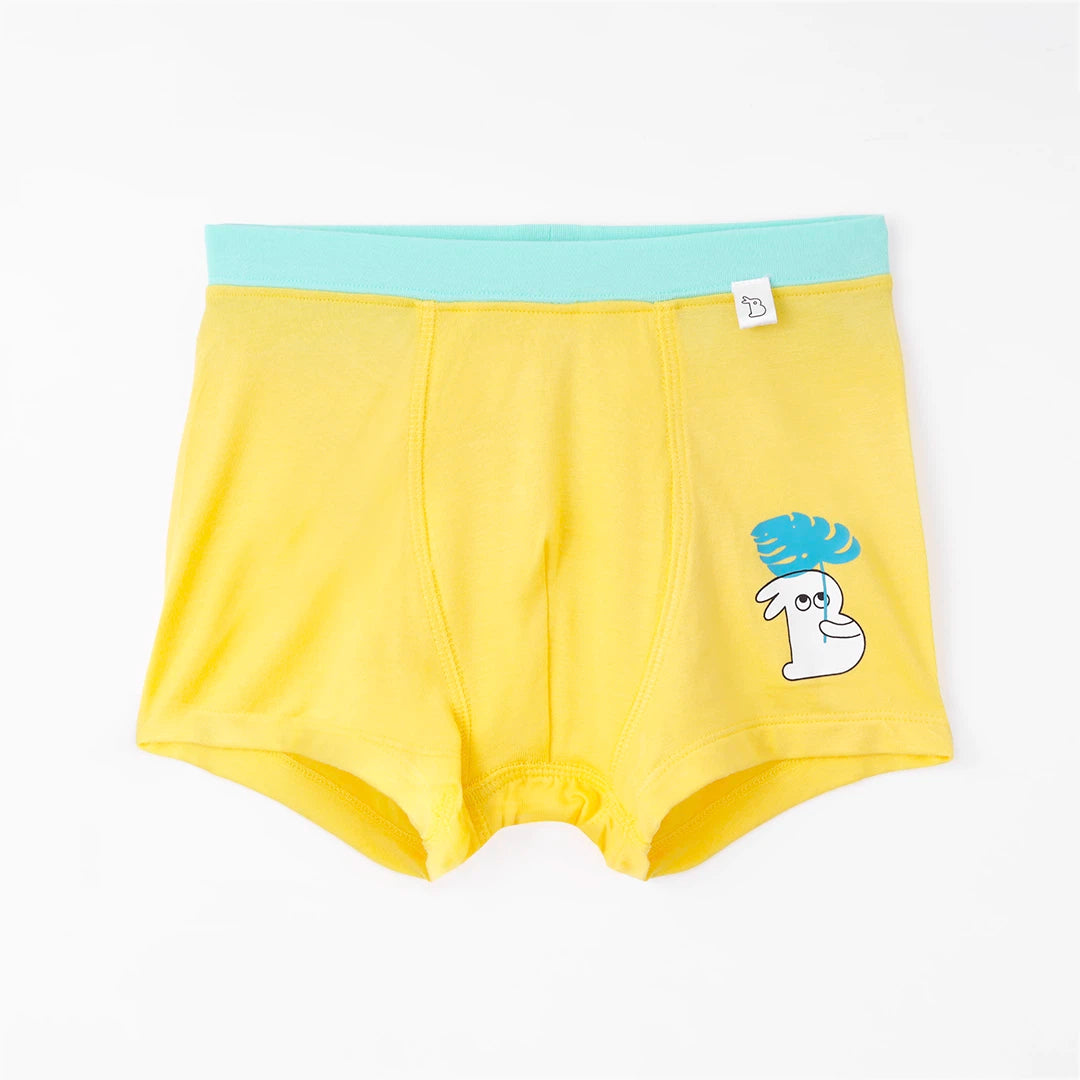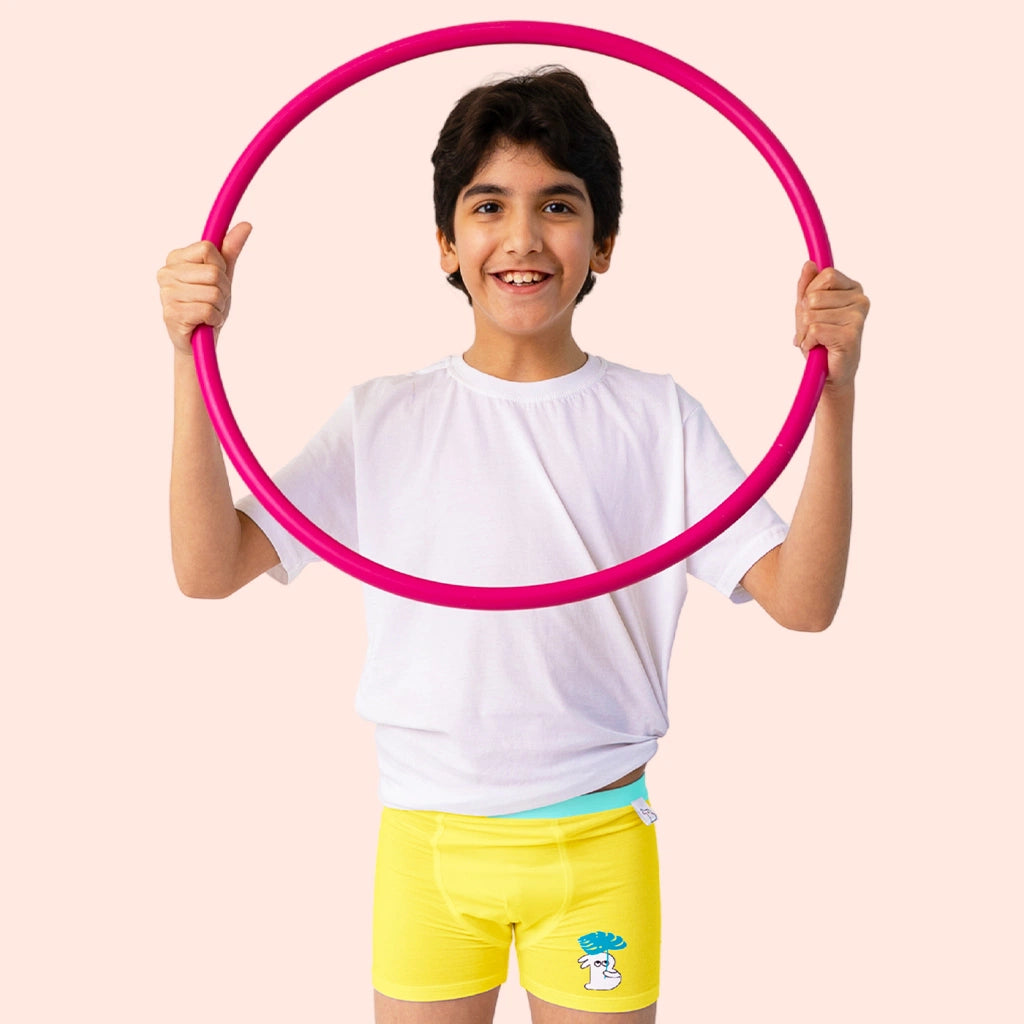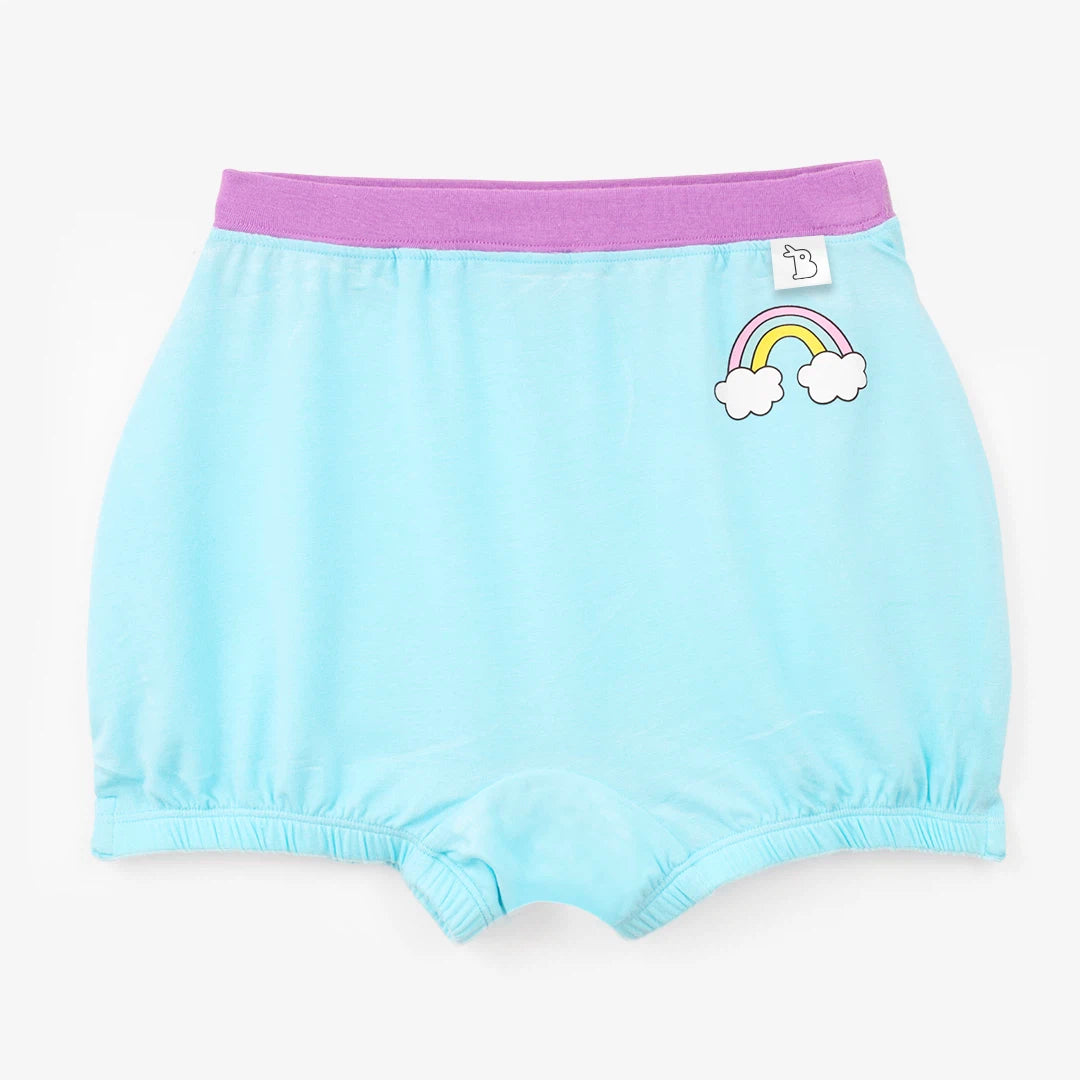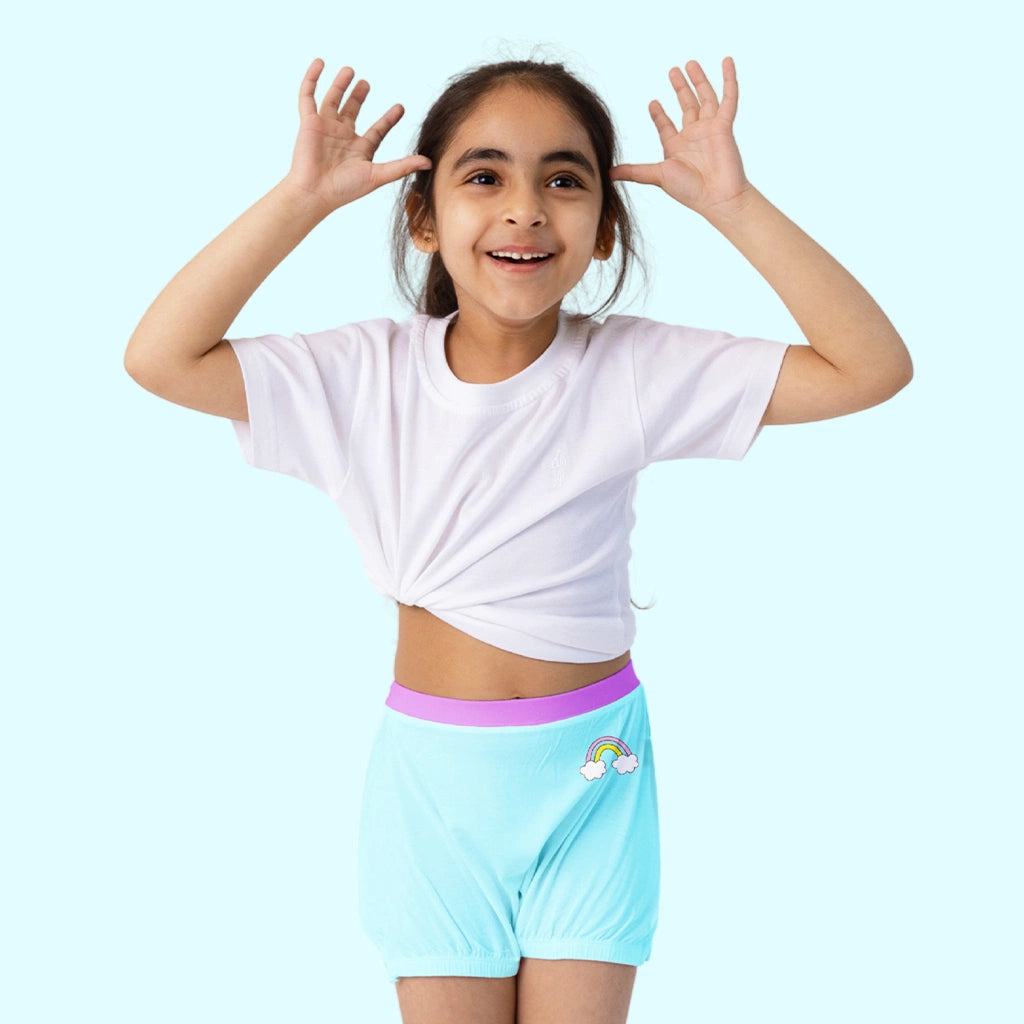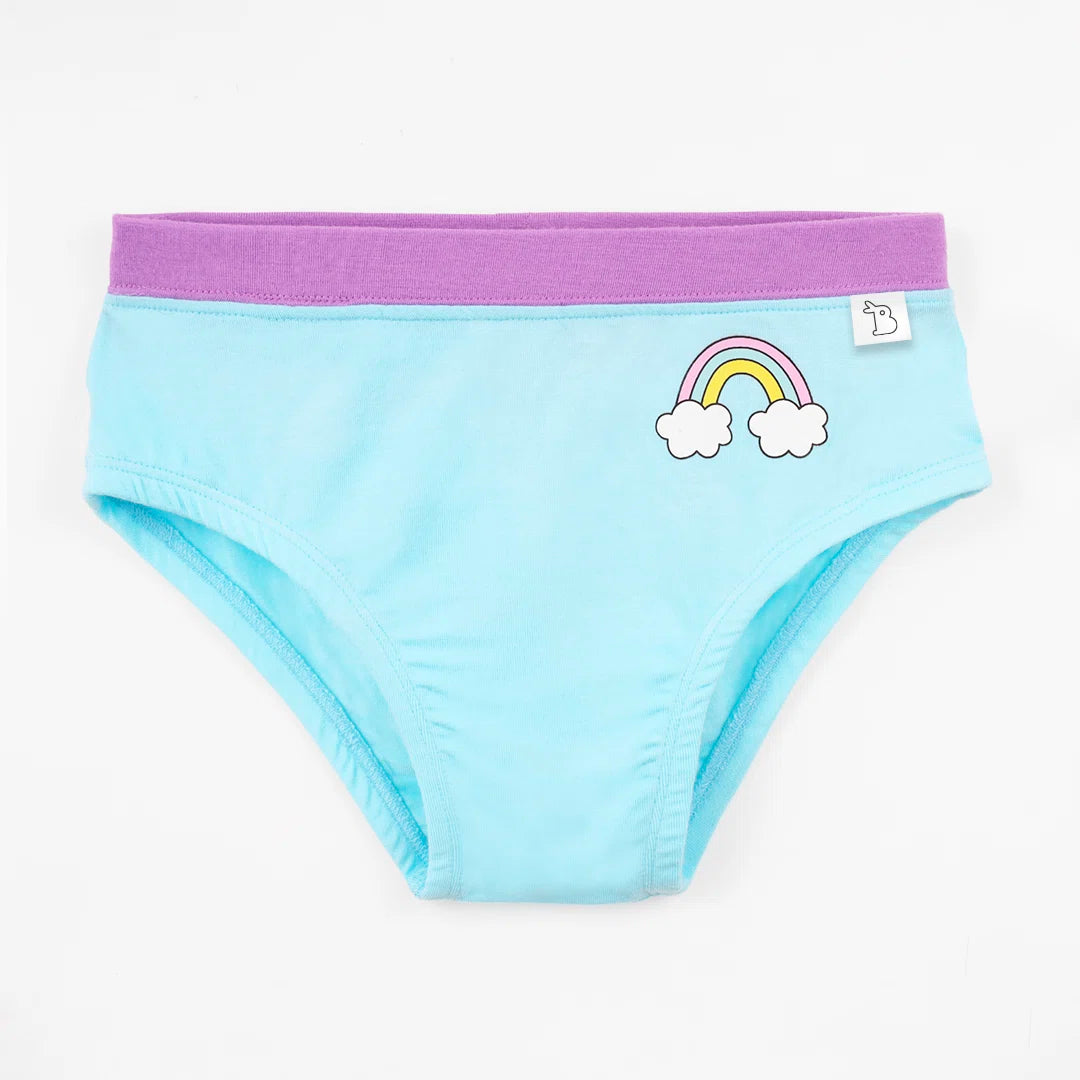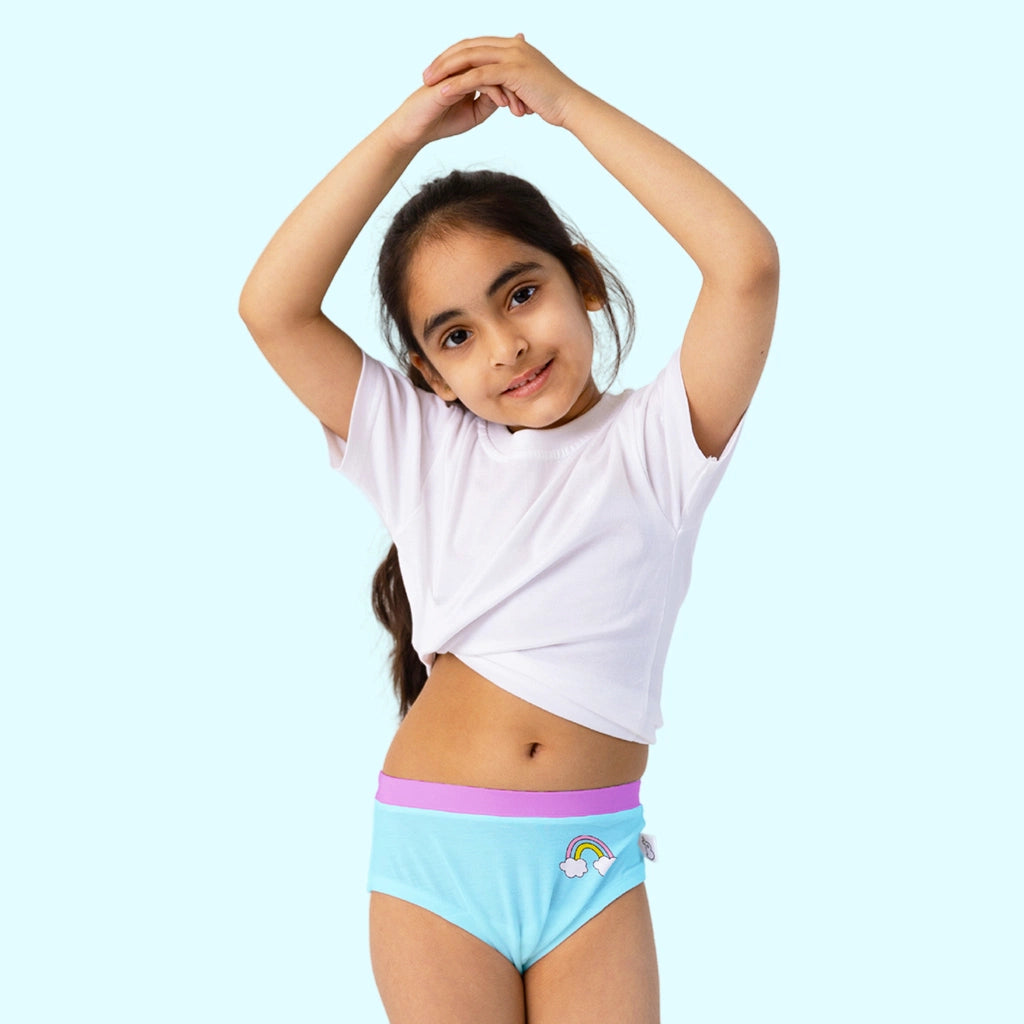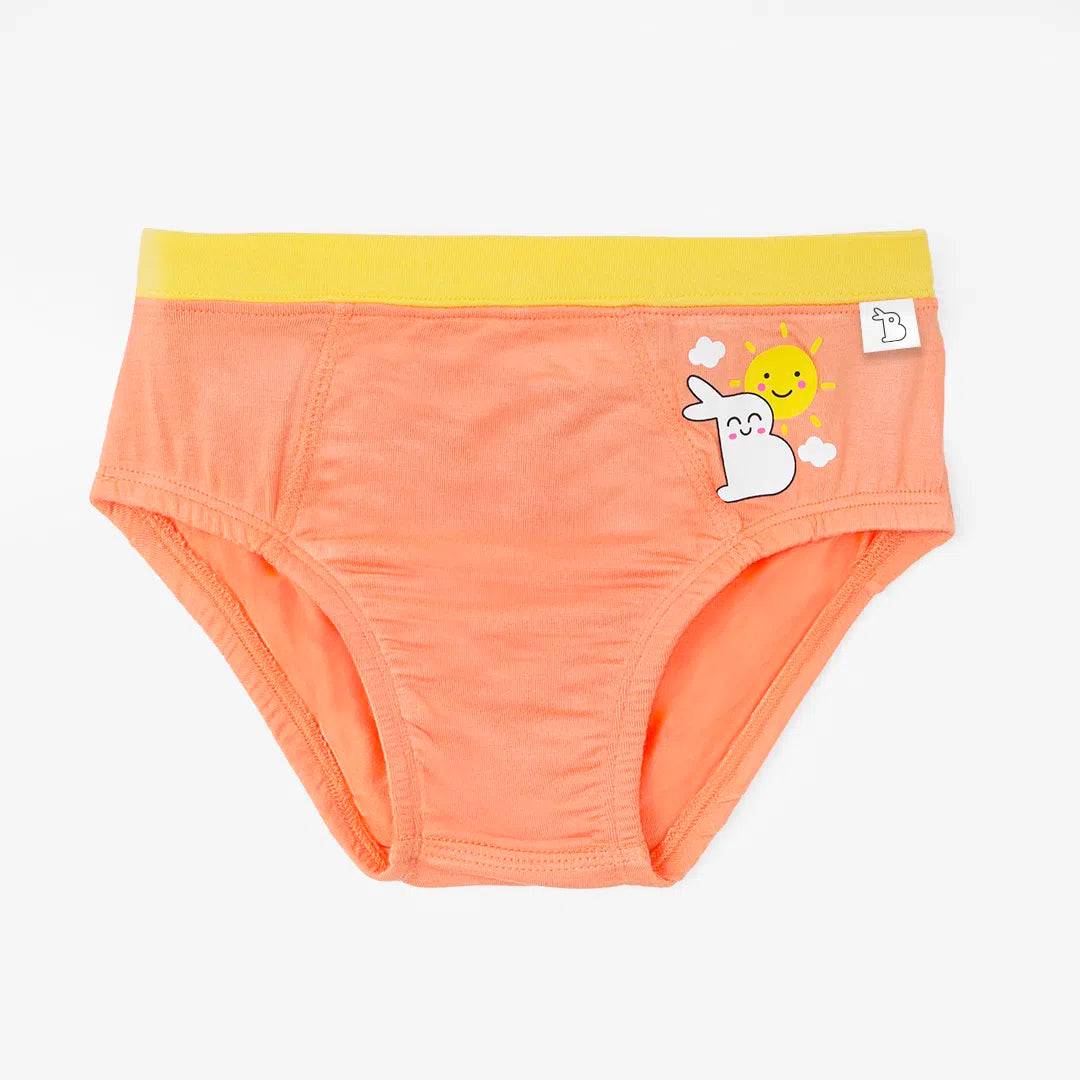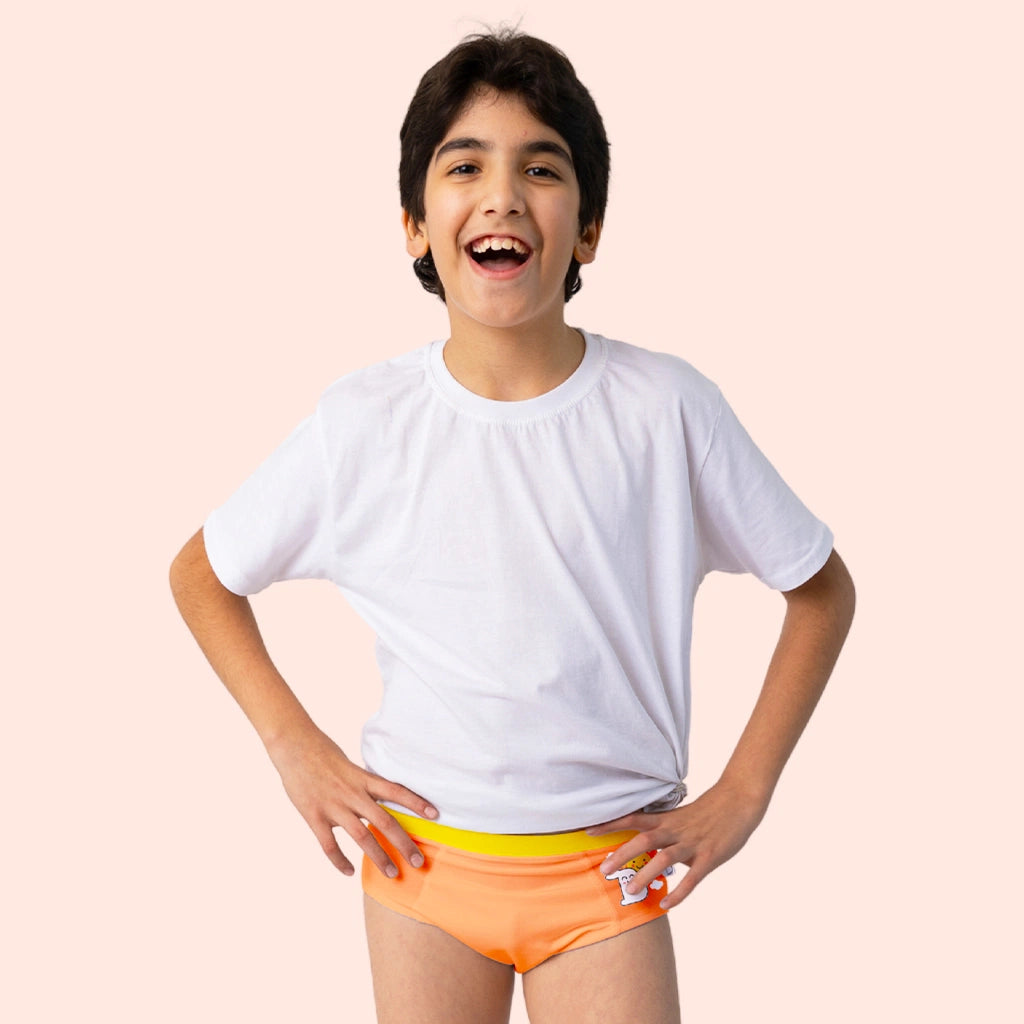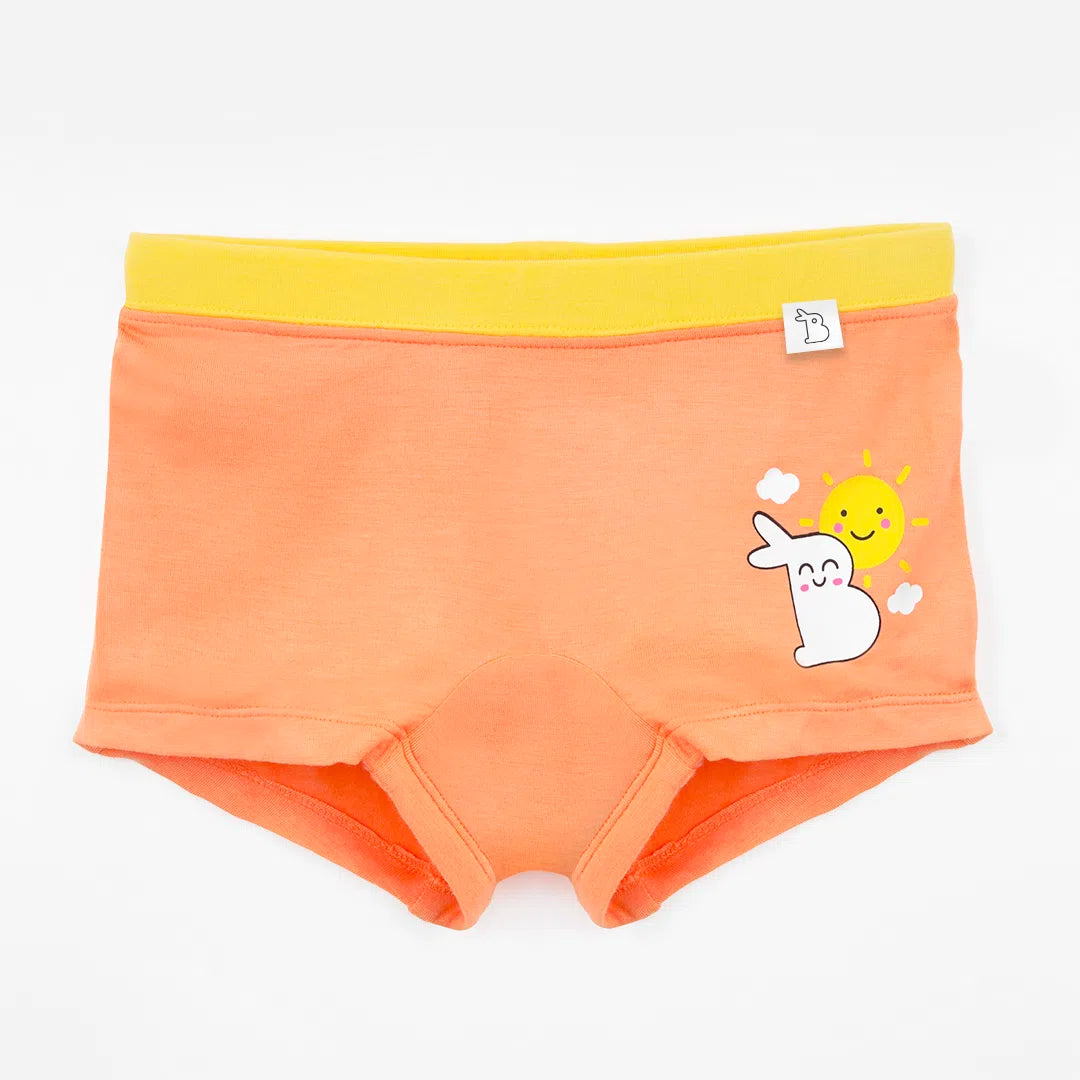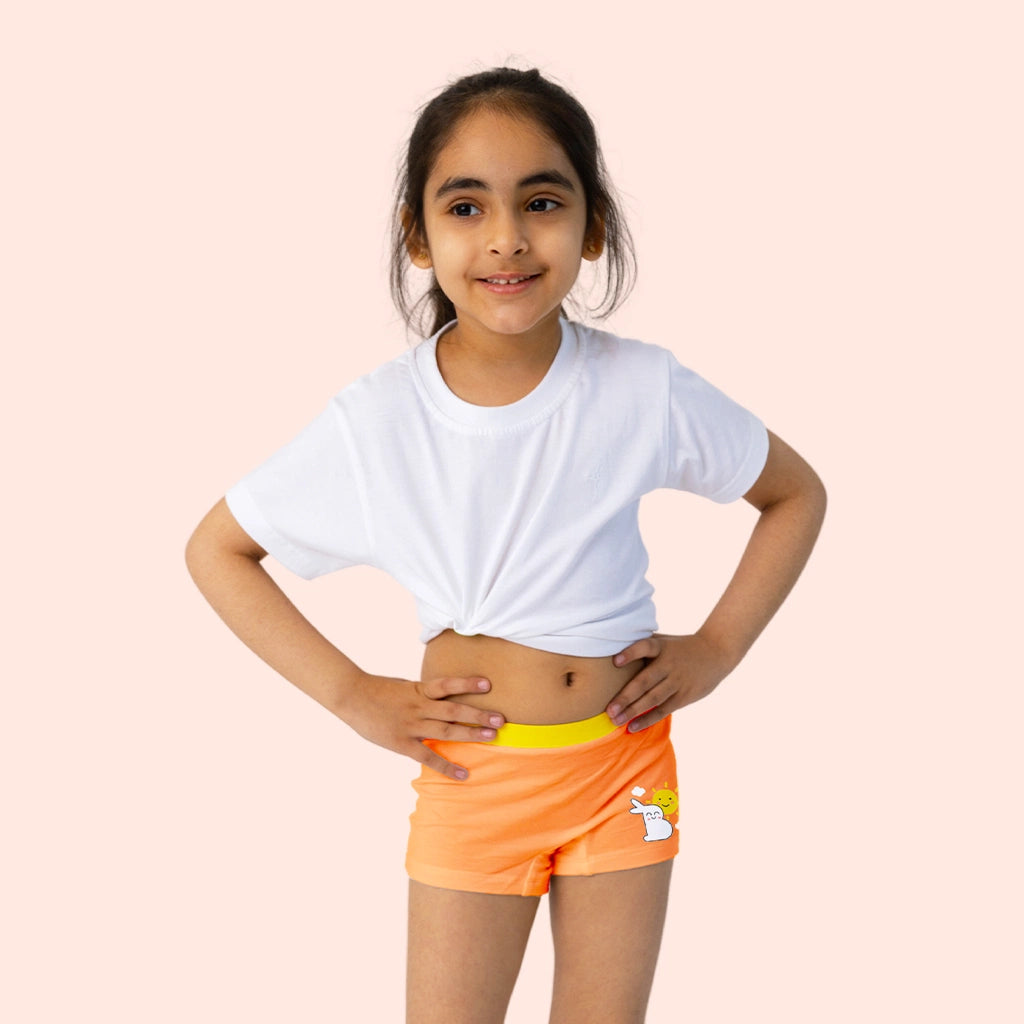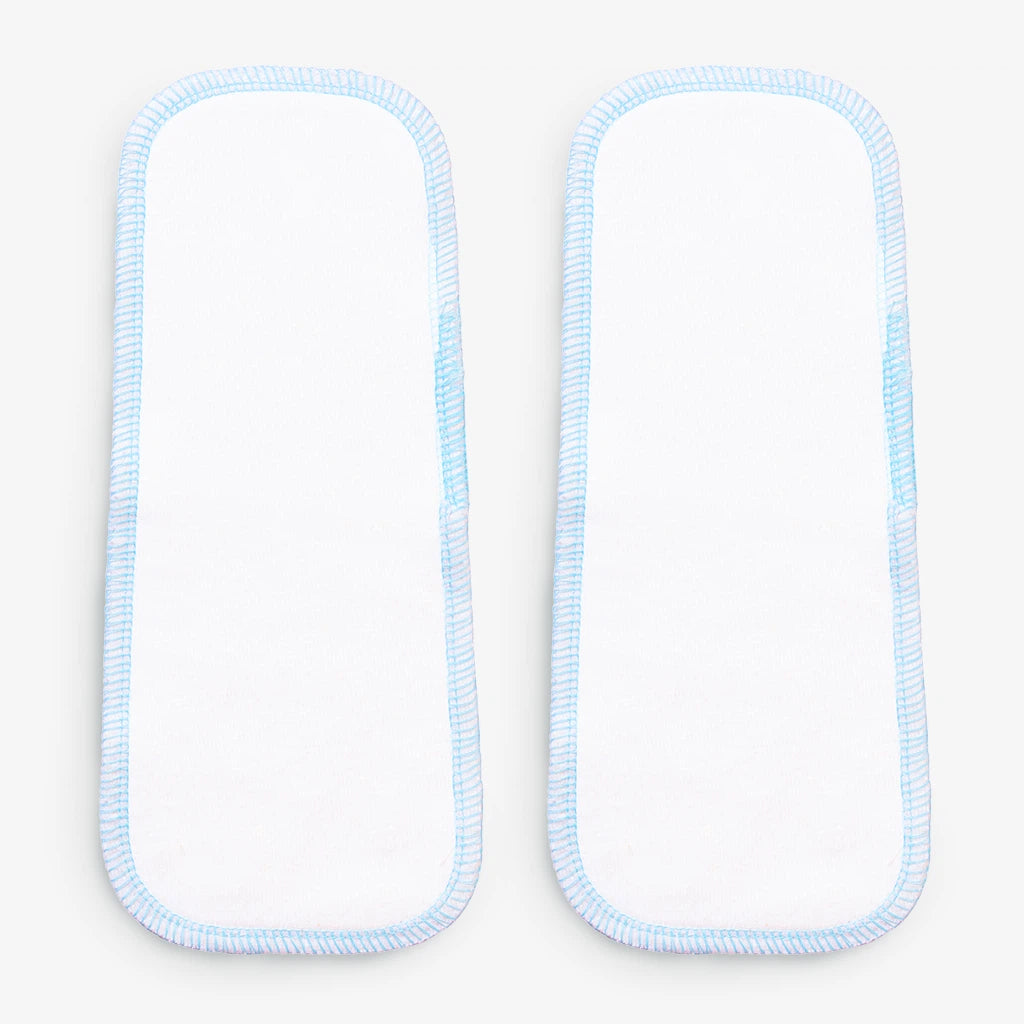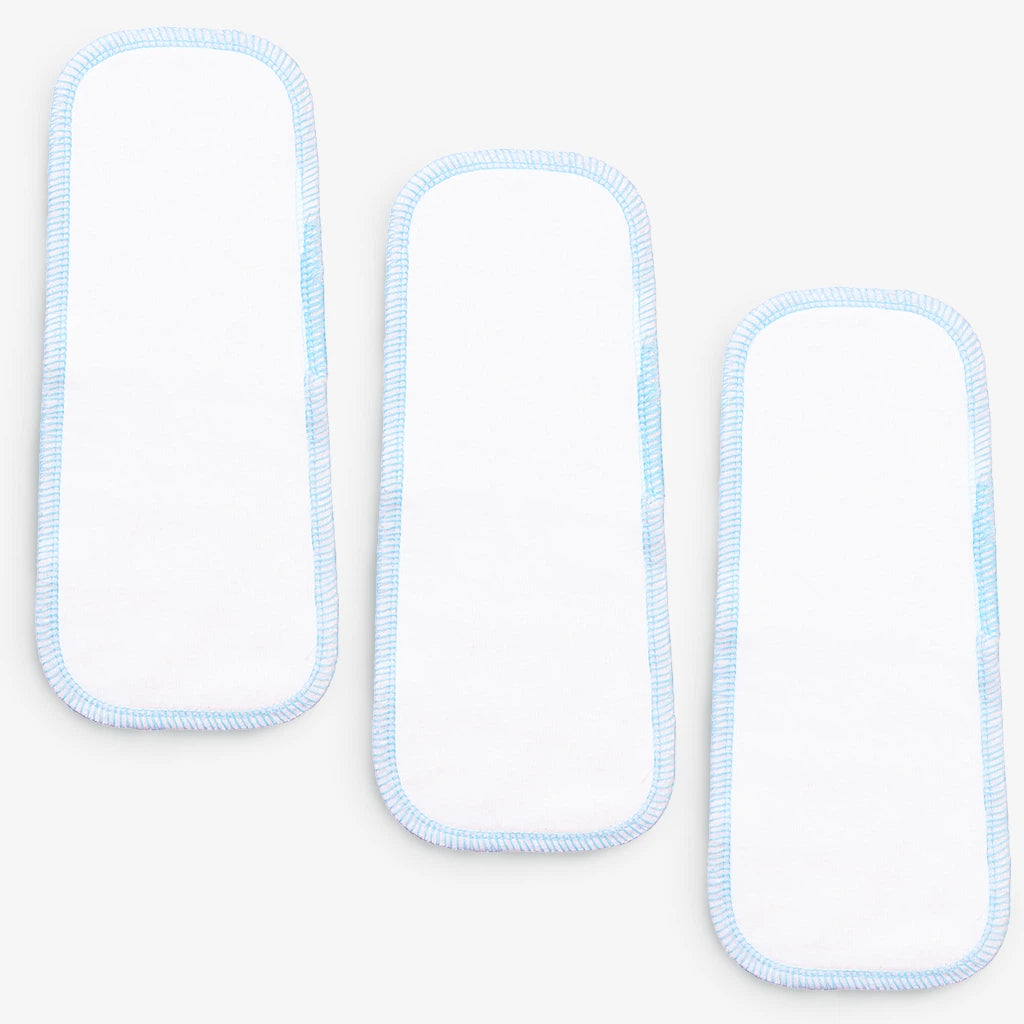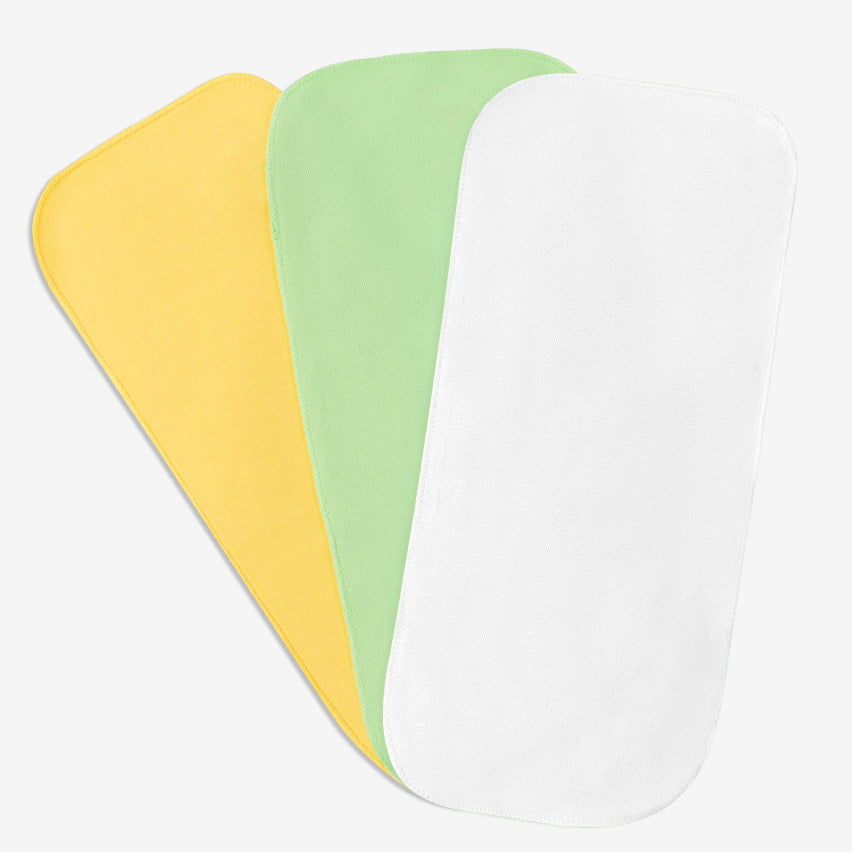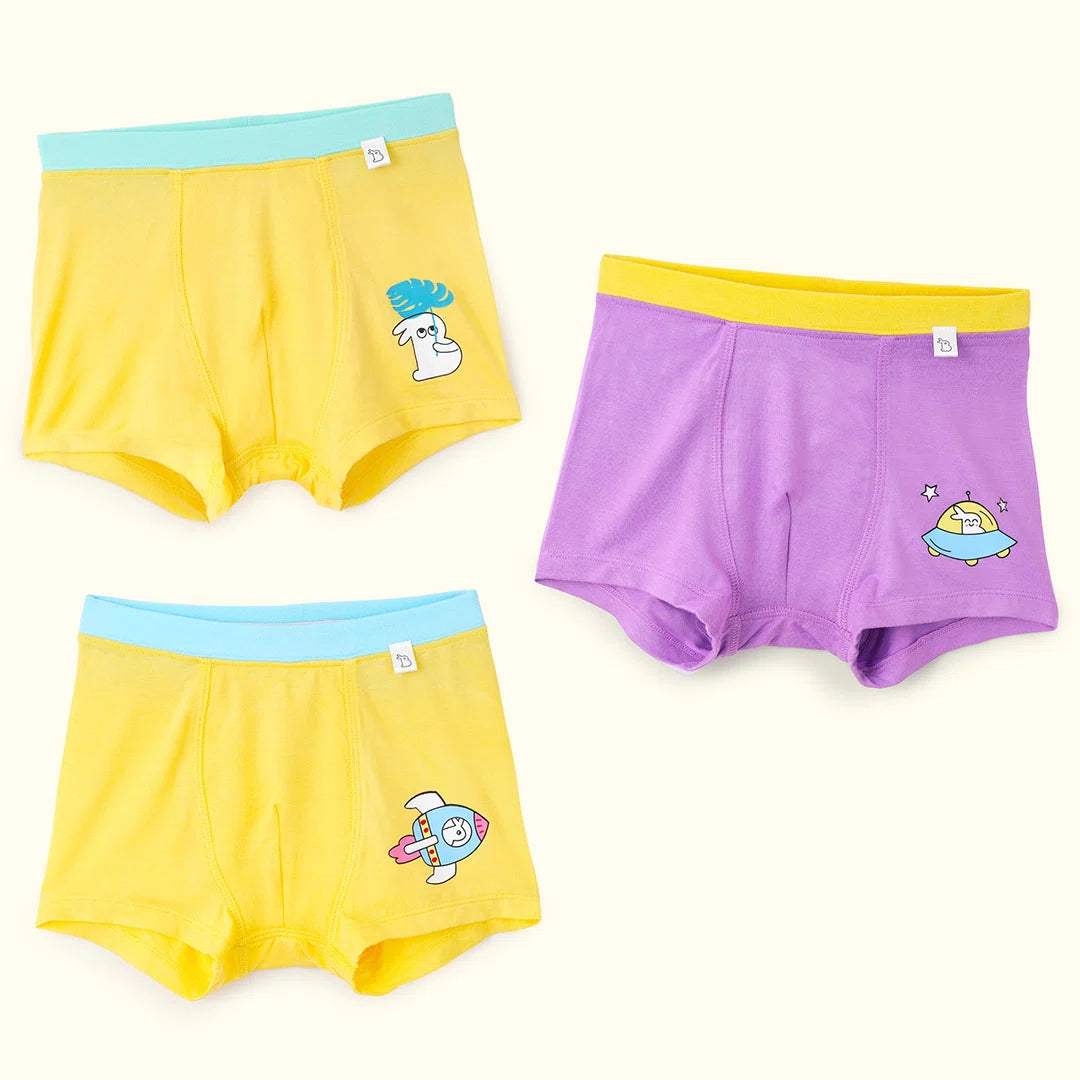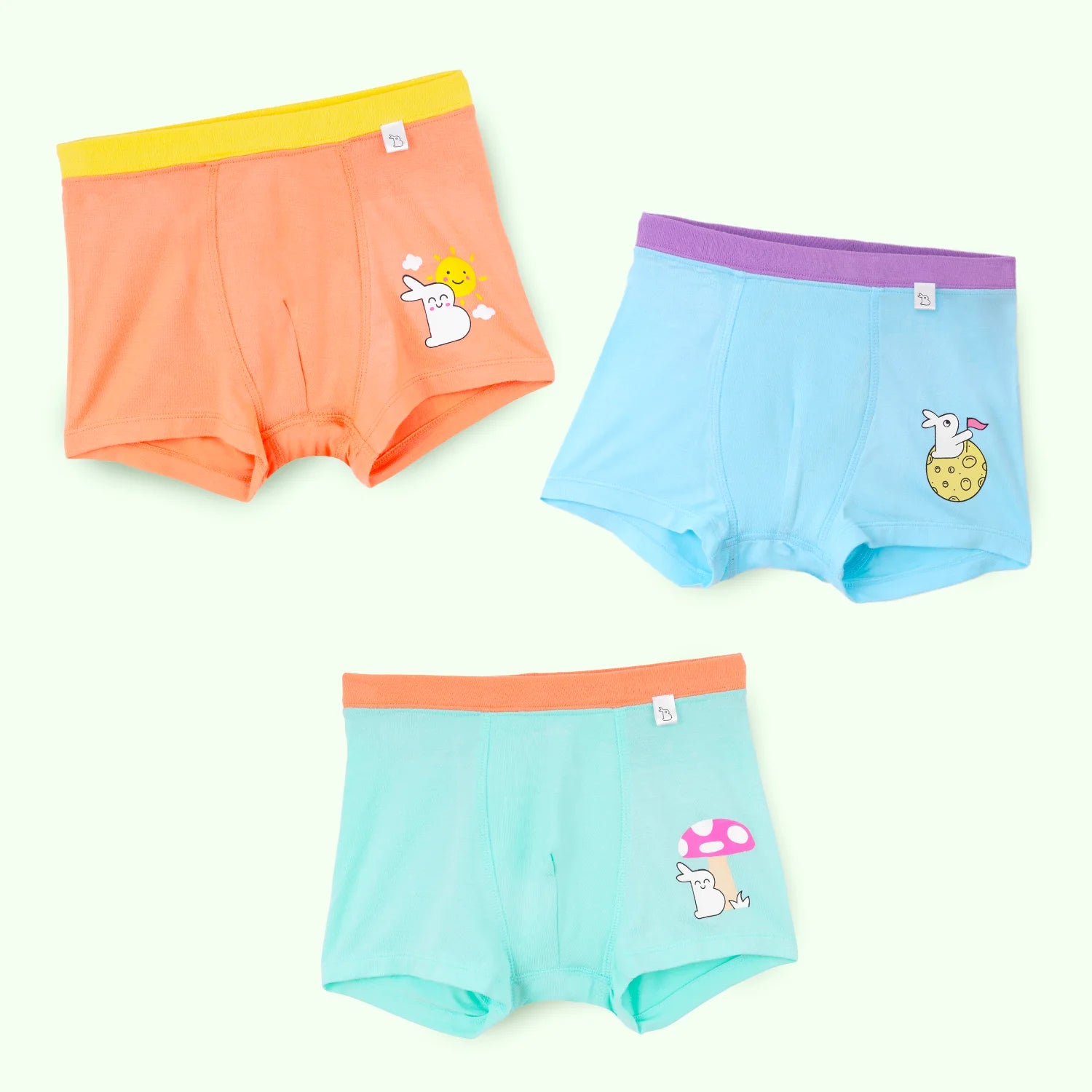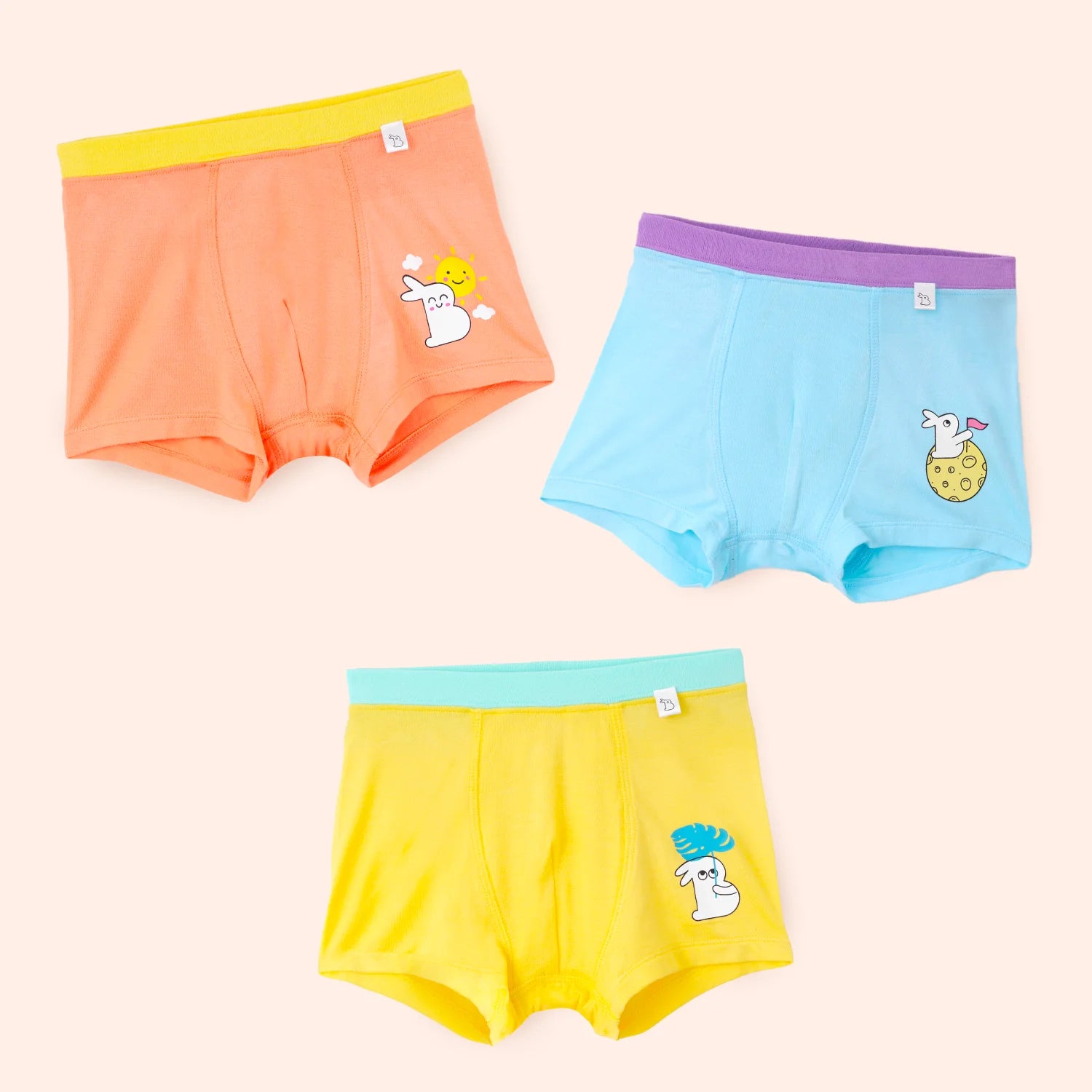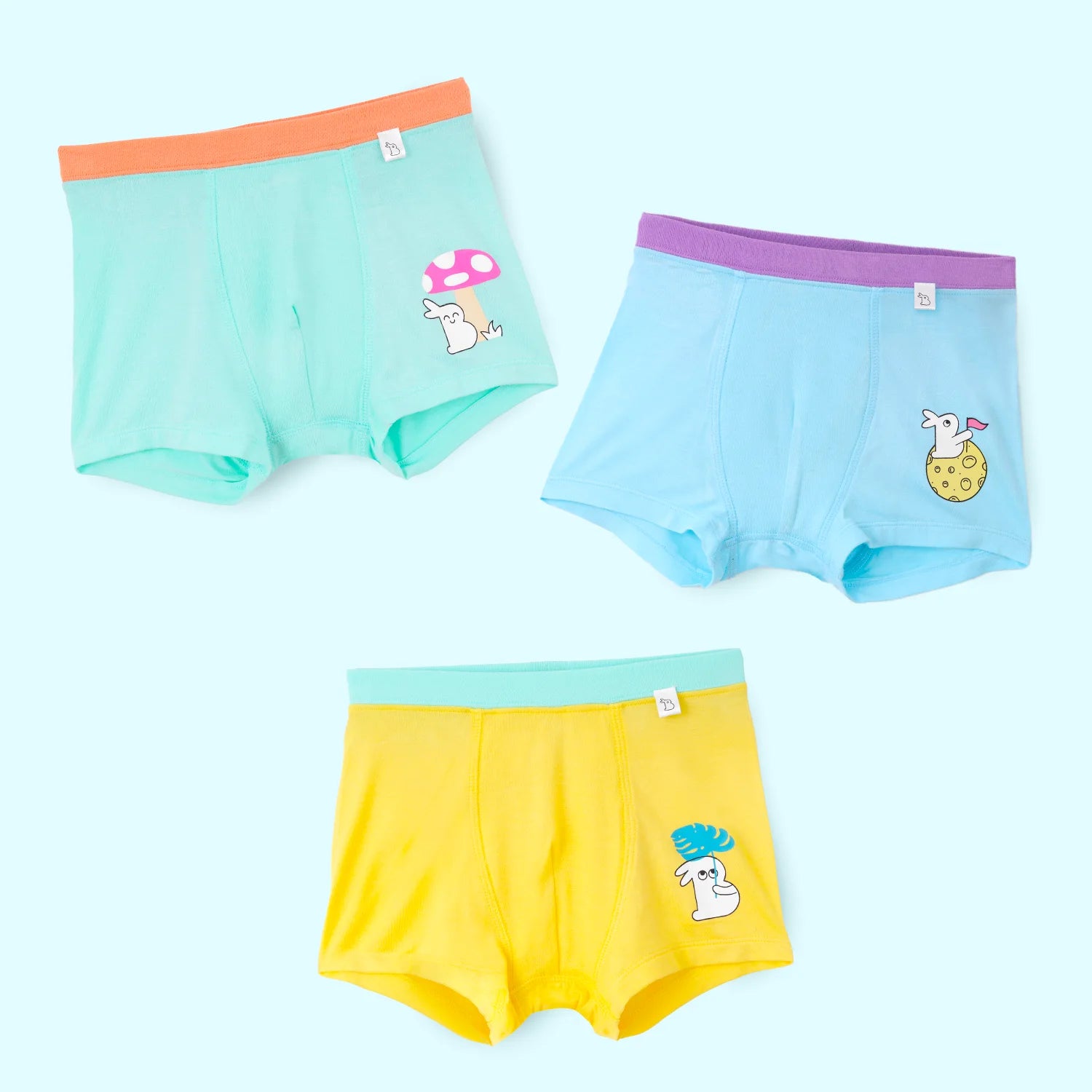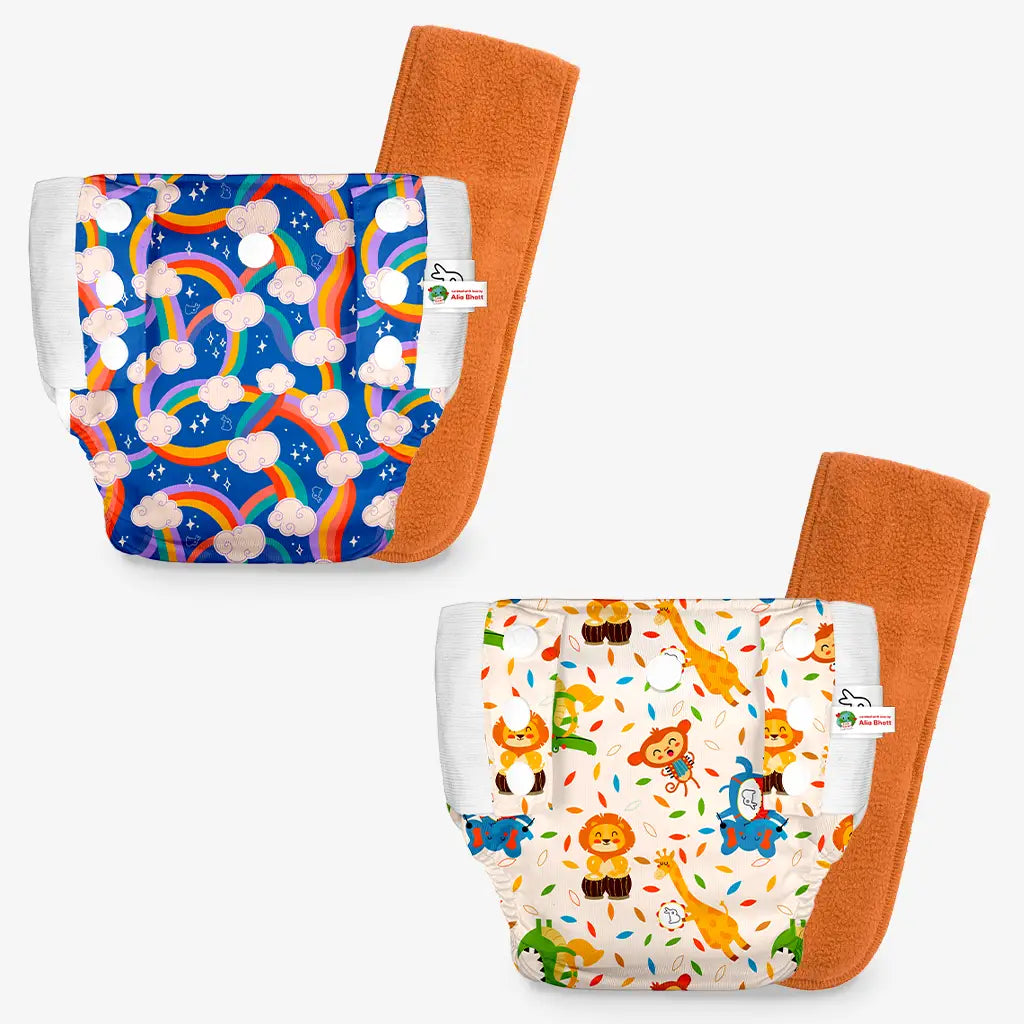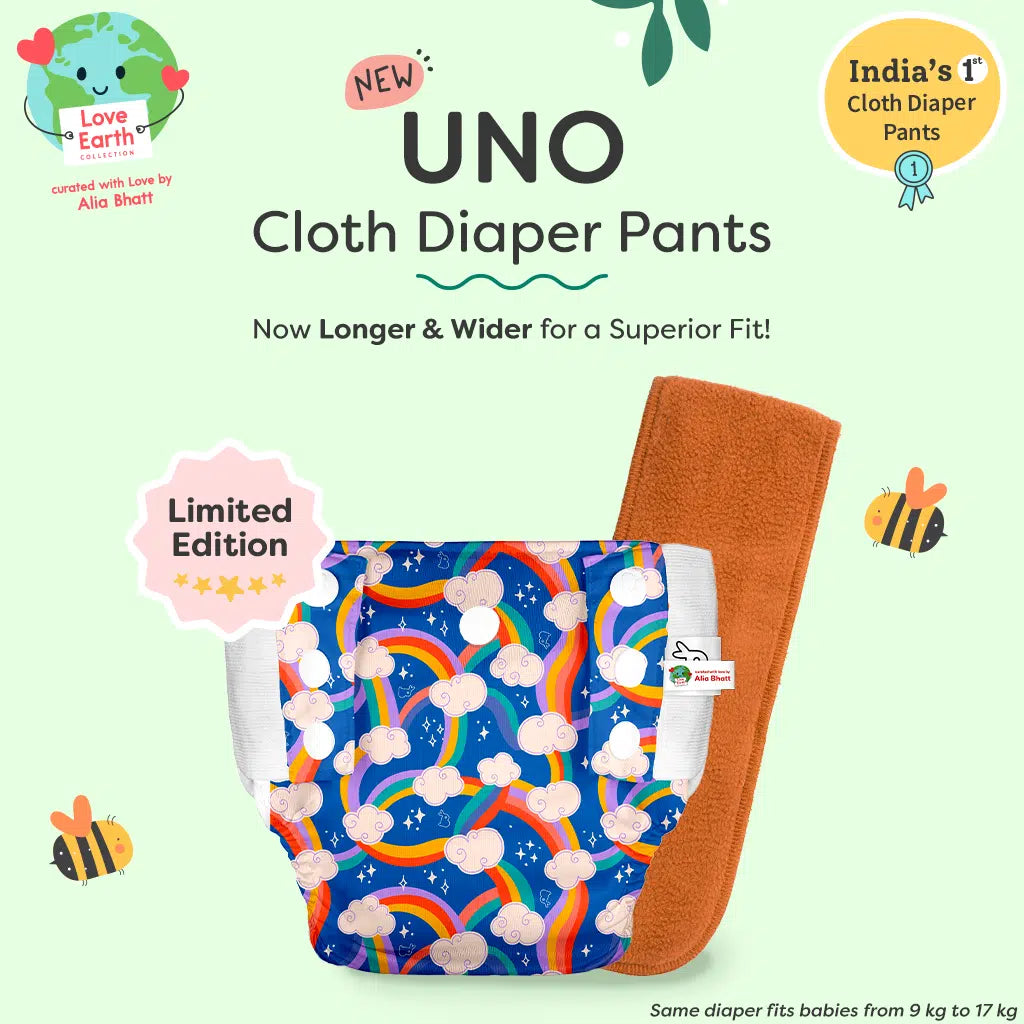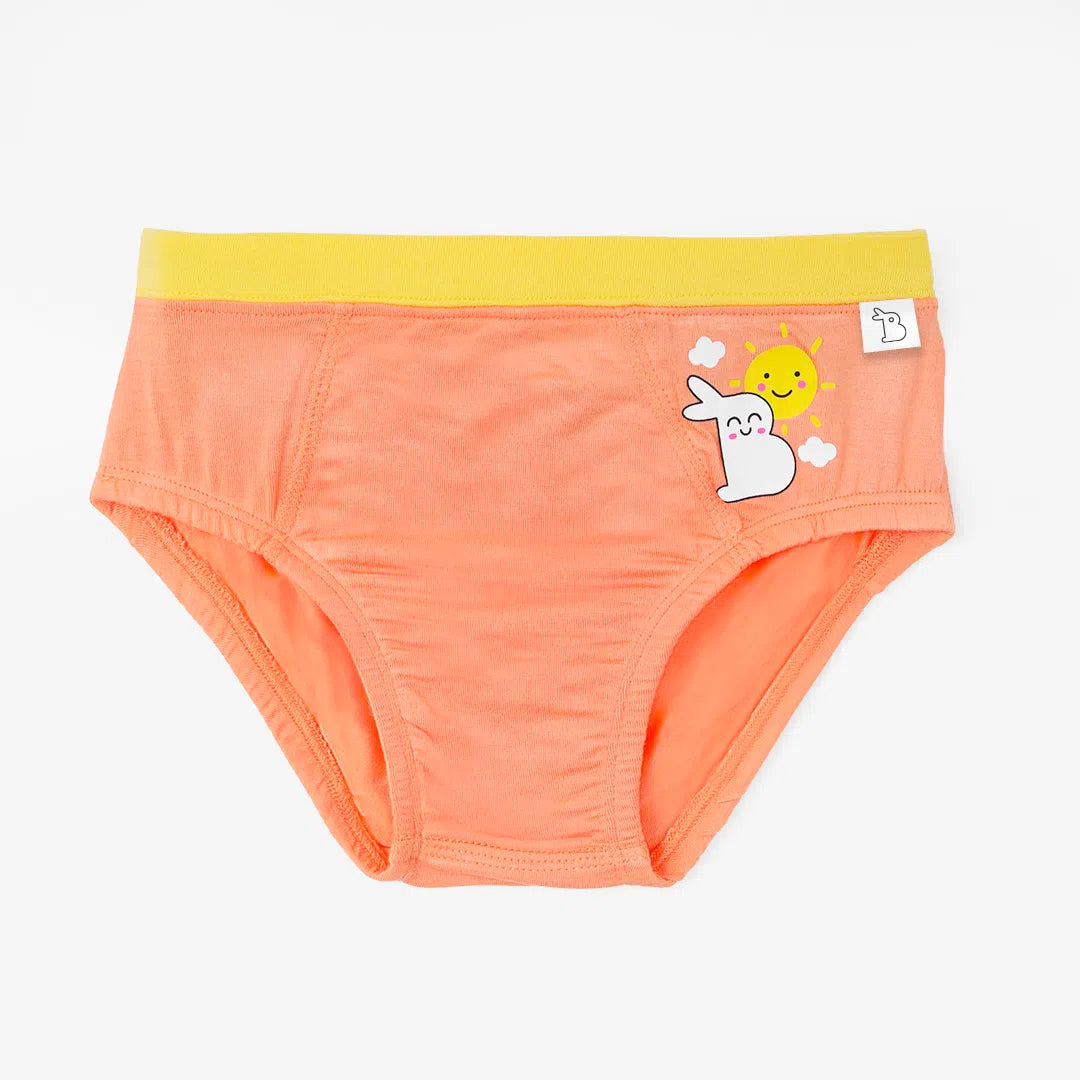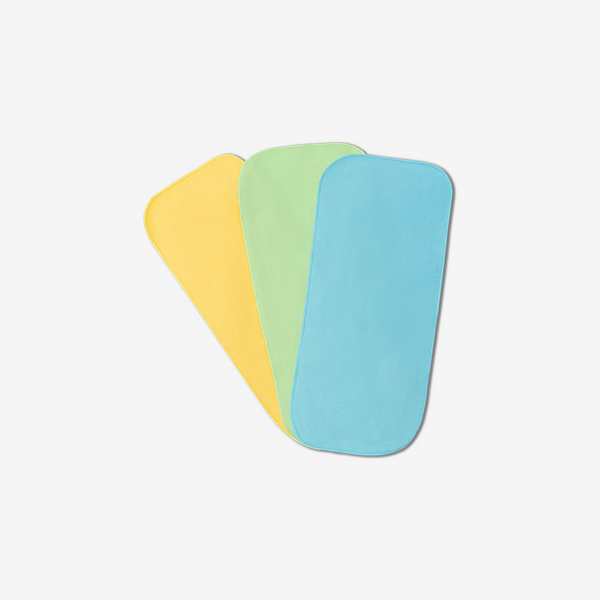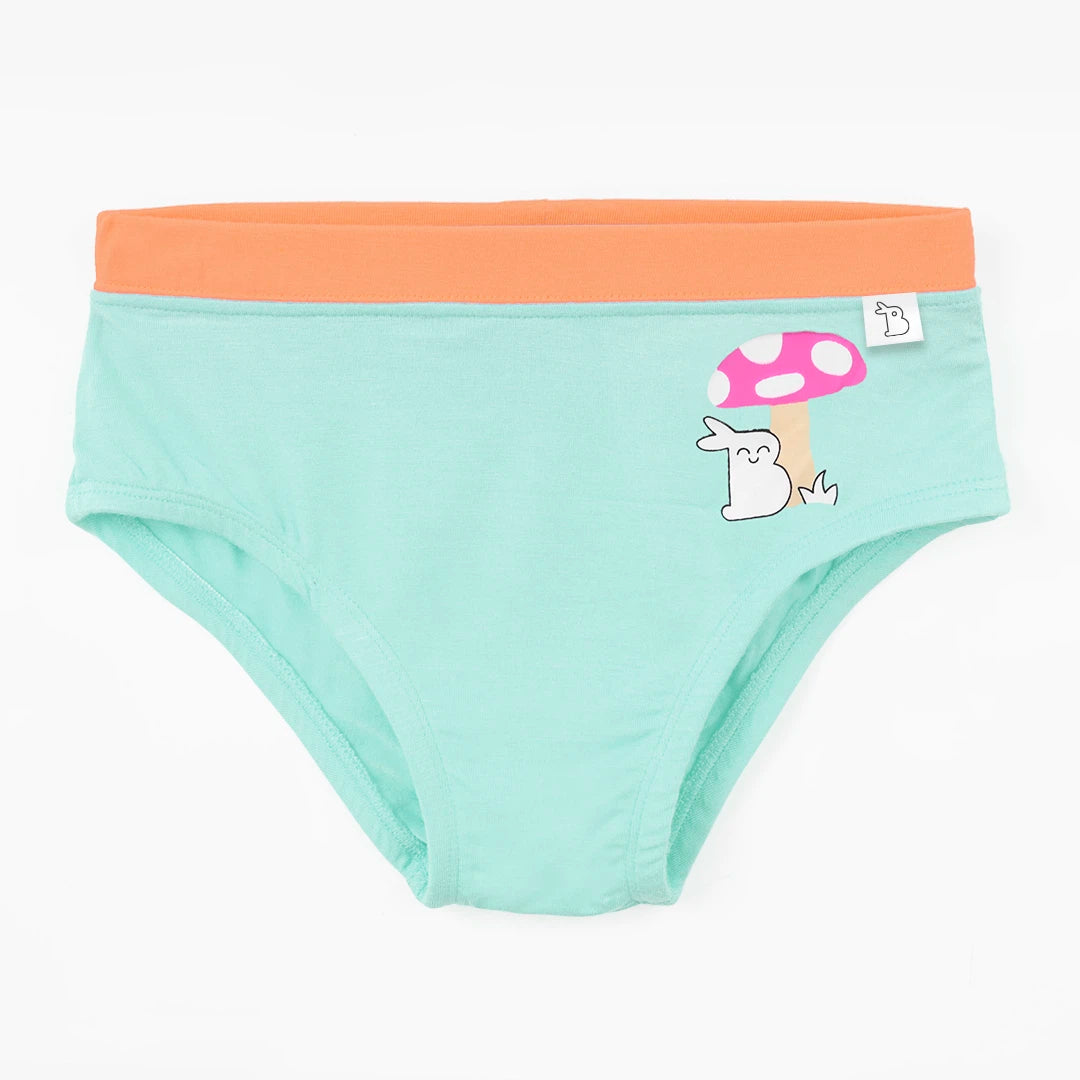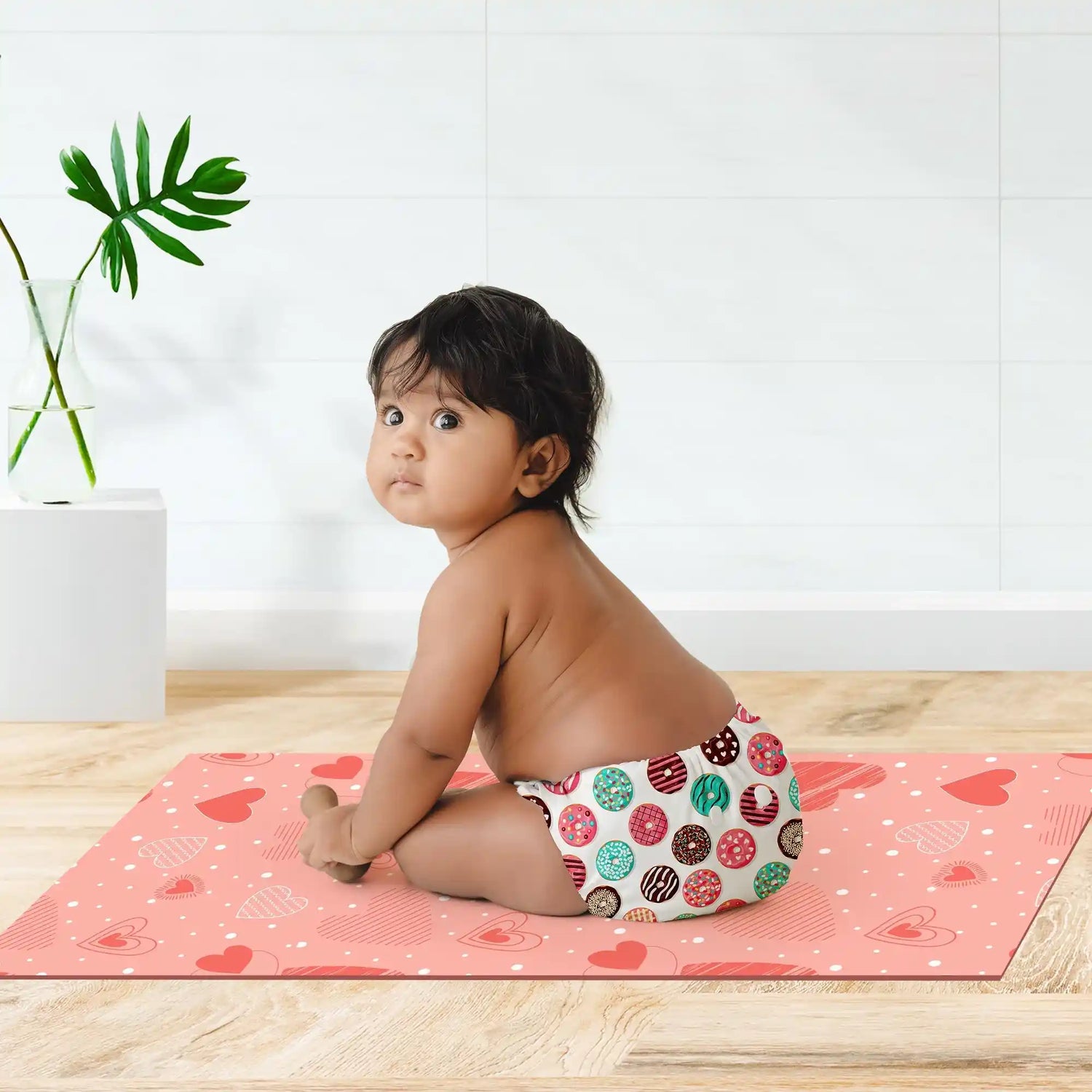Cloth diapering is a popular choice among eco-conscious parents looking for a more sustainable and cost-effective solution to disposable diapers. While cloth diapering may seem like an expensive investment initially, it can save parents significant money in the long run.
Not only that, but cloth diapering also helps to reduce waste and minimize the environmental impact of disposable diapers. In this article by SuperBottoms, we will explore how to cloth diapers on a budget and save money while reducing waste.
We will cover everything from choosing the right diapers to caring for them properly and tips for lowering costs and minimizing waste. We will also discuss the environmental benefits of cloth diapering and how it can contribute to a more sustainable future for our planet.
Whether you are a new parent just starting or an experienced parent looking for ways to save money, this blog post is for you. By the end of this post, you will better understand how to cloth diapers on a budget and how it can benefit both you and the environment. So let's dive in and explore the world of cloth diapering on a budget!
Benefits of Cloth Diapering
It is a cost-effective, eco-friendly, and gentle alternative to disposable diapers. In addition, it offers numerous benefits, such as reducing waste, minimizing exposure to harmful chemicals, and being customizable for different absorbency needs. Listed below are some significant benefits of cloth diapering.
1 • Cost-effective in the long run
2 • Eco-friendly and sustainable
3 • Chemical-free and gentle on baby's skin
4 • Reduces diaper rash and irritation
5 • Reduces waste in landfills
6 • Easy to use and clean
7 • Can be reused for multiple children
8 • Reduces exposure to harmful chemicals in disposable diapers
9 • Can be more comfortable for babies
10 • Can help with potty training by allowing babies to feel wetness
11 • Reduces the carbon footprint of diapering
12 • Can be customized for different absorbency needs
13 • Can be stylish and fun with a variety of designs and colours available.
Saving money is crucial for new parents, as it can help alleviate the financial stress that often comes with raising a child. The cost of having a baby can be overwhelming, with expenses ranging from medical bills to baby gear and supplies. By saving money, new parents can better prepare for unexpected costs and provide their families with a more stable financial foundation.
In addition, saving money can help new parents achieve their long-term financial goals, such as buying a home or saving for their child's education. It can also provide a sense of security and peace of mind, knowing they have a financial cushion to fall back on in emergencies.
Saving money can also set a good example for children, teaching them the value of money and the importance of financial responsibility. By instilling good financial habits early on, new parents can help their children build a solid foundation for their financial future.
Comparison of Costs Between Disposable Diapers vs Cloth Diapers
The simplest answer to "Does cloth diapers save money?" is YES, they do! Assuming a baby uses an average of 6 diapers per day for 2.5 years (30 months), here's the estimated cost breakdown:
1 • Disposable diapers (at Rs. 10 per diaper): 6 diapers x Rs. 10 per diaper x 365 days x 2.5 years = Rs. 54,750
2 • SuperBottoms cloth diapers (at Rs. 689 per diaper): 16 cloth diapers x Rs. 689 per diaper = Rs. 11,024
As you can see, using SuperBottoms cloth diapers can save parents over Rs. 43,000 compared to disposable diapers over the course of their child's diapering years. While the upfront cost of baby cloth diapers may be higher, the long-term savings and environmental benefits make it a cost-effective and sustainable choice for many parents.
Tips for Reducing Cost with Cloth Diapering
1 • Wash cloth diapers in bulk: Washing cloth diapers in bulk can help save on water and electricity bills. In addition, you can store soiled diapers for up to 48 hours without affecting the fabric; thus, make use of this fact.
2 • Use gentle detergents: Avoid harsh detergents or fabric softeners that can damage cloth diapers and reduce their lifespan.
3 • Air dry cloth diapers: Air drying cloth diapers for newborns instead of a dryer can save on electricity bills and extend the lifespan of the diapers.
4 • Buy versatile cloth diapers: Look for cloth diapers that can be adjusted to fit babies of different sizes and absorbency needs (with different inserts). This can reduce the need for buying multiple sizes or types of diapers.
5 • Use diaper liners: Diaper liners can be placed inside cloth diapers to catch solid waste, making clean-up easier and reducing staining. This can reduce the need for extra washing or stain treatment.
6 • Take advantage of sales and promotions: Keep an eye out for sales and promotions on cloth diapers, which can help save money on the initial investment.
Environmental Benefits of Cloth Diapers
1 • Reduces waste in landfills: Disposable diapers can take hundreds of years to decompose, contributing to the build-up of waste in landfills.
2 • Saves trees: Disposable diapers require using trees for their production and packaging, while reusable cloth diapers do not require using trees.
3 • Reduces greenhouse gas emissions: The production, transportation, and disposal of disposable diapers contribute to greenhouse gas emissions, while cloth diapers have a lower carbon footprint.
4 • Reduces water usage: The production of disposable diapers requires a significant amount of water, while cloth diapers for babies can be washed and reused multiple times, reducing water usage.
5 • Reduces chemical exposure: Disposable diapers contain chemicals such as dioxins, phthalates, and sodium polyacrylate, which can be harmful to both babies and the environment. Cloth diapers are chemical-free and gentle on the baby's skin.
6 • Can be reused for multiple children: Cloth diapers can be used for multiple children, reducing the need for purchasing new diapers for each child.
7 • Promotes sustainability: It promotes a more sustainable lifestyle and encourages a shift towards more eco-friendly choices.
8 • Can be customized for different absorbency needs: Cloth diapers can be customized to fit babies of different sizes and absorbency needs, reducing the need for multiple sizes or types of diapers.
|
Limited Time Offers + Special Gift Sets! Now or never Super SALE is live on the SuperBottoms website! Take advantage of unbeatable value deals on our UNO Cloth Diapers, Baby Essentials, and more. Looking for the perfect present for a newborn or a toddler? Explore our thoughtfully curated Gift Sets & Combos — safe, skin-friendly, and oh-so-cute! A bundle of love for little ones and a delight for parents. HURRY — Deals and Gift Packs are live only till stocks last. Don’t miss the chance to stock up and share the joy! |
In conclusion, cloth diapering newborn is a sustainable and cost-effective solution for parents looking to reduce waste and save money. The long-term savings of using cloth diapers compared to disposable diapers are significant, and there are many ways to reduce costs further.
In addition, diapering also has many environmental benefits, including reducing waste in landfills, saving trees, and reducing greenhouse gas emissions. By following the tips outlined in this article and choosing cloth diapers, parents can positively impact the environment while providing a comfortable and safe option for their babies.
FAQs
Q1: How often do I need to change a cloth diaper?
Ans: Babies must be changed frequently every 2-3 hours or as soon as they soil the diaper. It's essential to check the diaper often to avoid irritation or rashes.
Q2: How do I wash cloth diapers?
Ans: Cloth diapers should be washed in hot water with a gentle detergent, then rinsed thoroughly to remove any soap residue. It's recommended to wash newborn diapers separately from other laundry and to avoid using fabric softeners or bleach
Q3: How do I prevent leaks with cloth diapers?
Ans: To prevent leaks, ensure the diaper fits snugly around the baby's legs and waist, and change the diaper frequently to avoid over-saturation. Adding a booster pad or using a different cloth diaper may also help with absorbency.
Message from SuperBottoms
Hi there, new parents! SuperBottoms brings you doctor-recommended cloth diapers — the best rash-free diapering solution for your baby’s sensitive and delicate skin. Unlike disposable diapers loaded with chemicals, our newborn cloth diapers, when used and washed properly, can help eliminate the risk of diaper rashes. SuperBottoms offers a wide range of safe, skin-friendly essentials for the whole family — including Reusable Cloth Diapers, Diaper Pants, DryFeel langots for diaper-free time, Padded Underwear for potty training, SuperSoft Underwear for everyday comfort, Joggers for playful days, and Period Underwear for women. Not just for everyday use, SuperBottoms products also make the best gifting choice for babies — thoughtful, eco-friendly, practical, and loved by parents. Now available on Amazon, Myntra, Flipkart, FirstCry, Zepto, Swiggy and Blinkit



